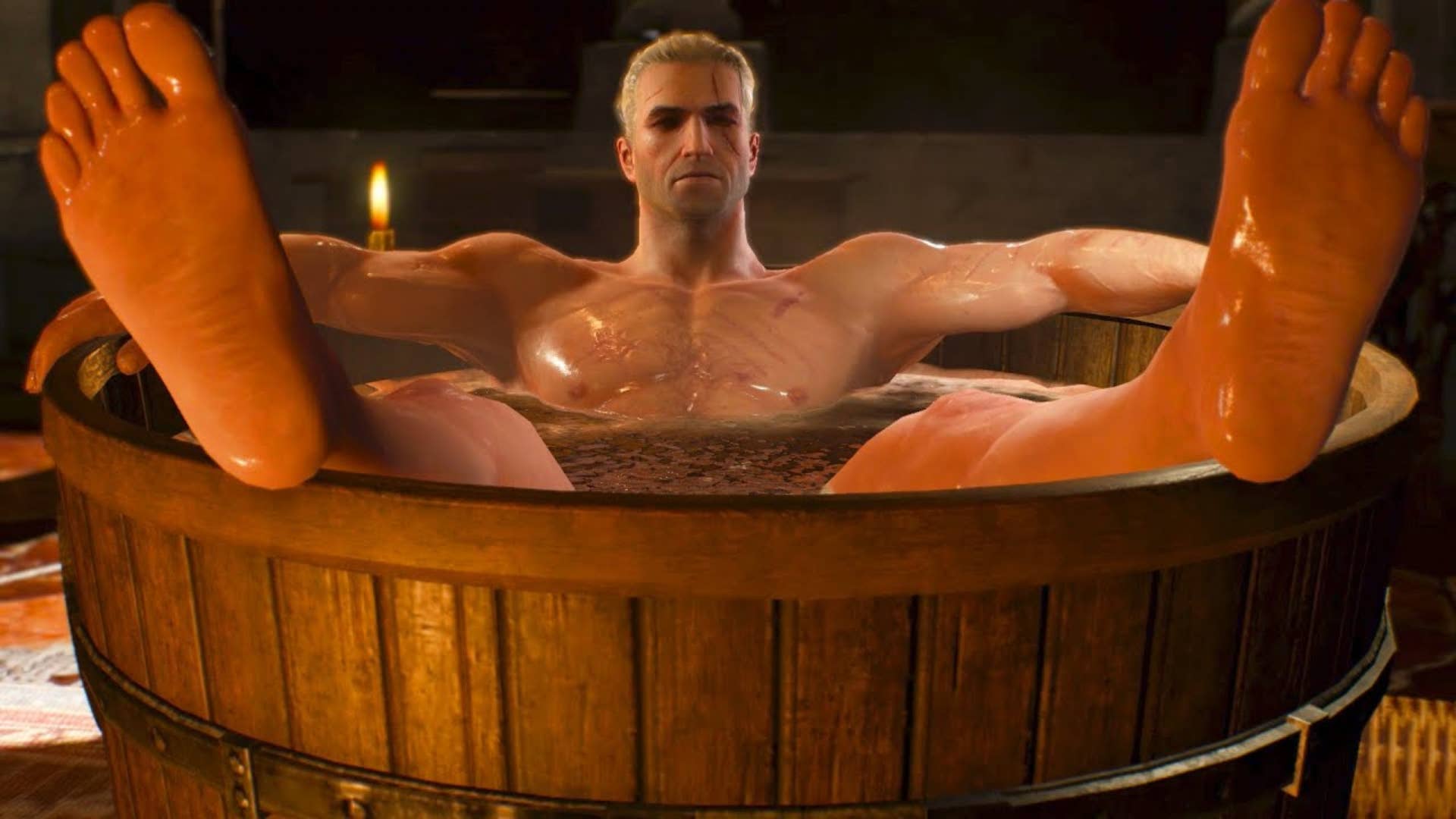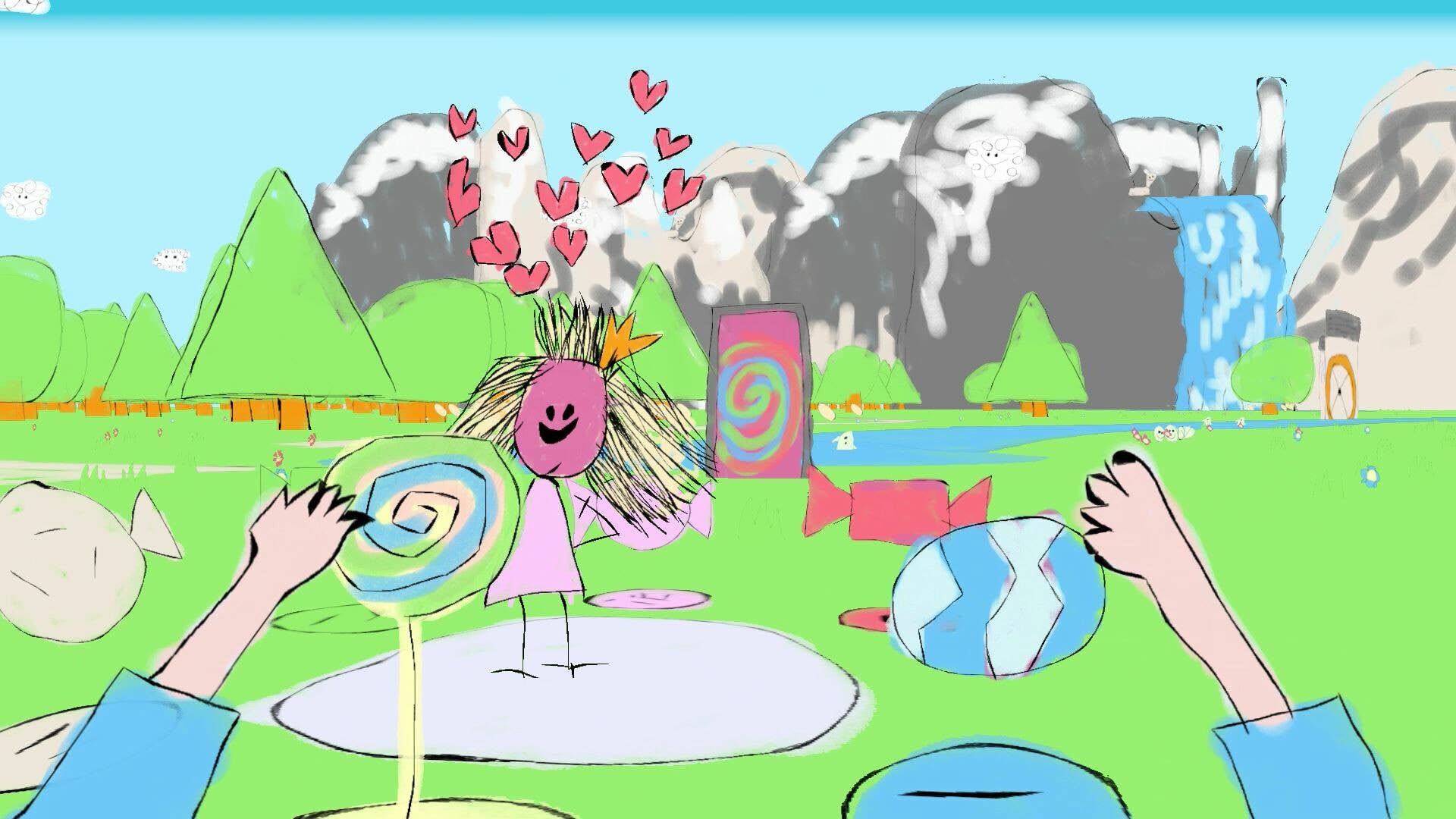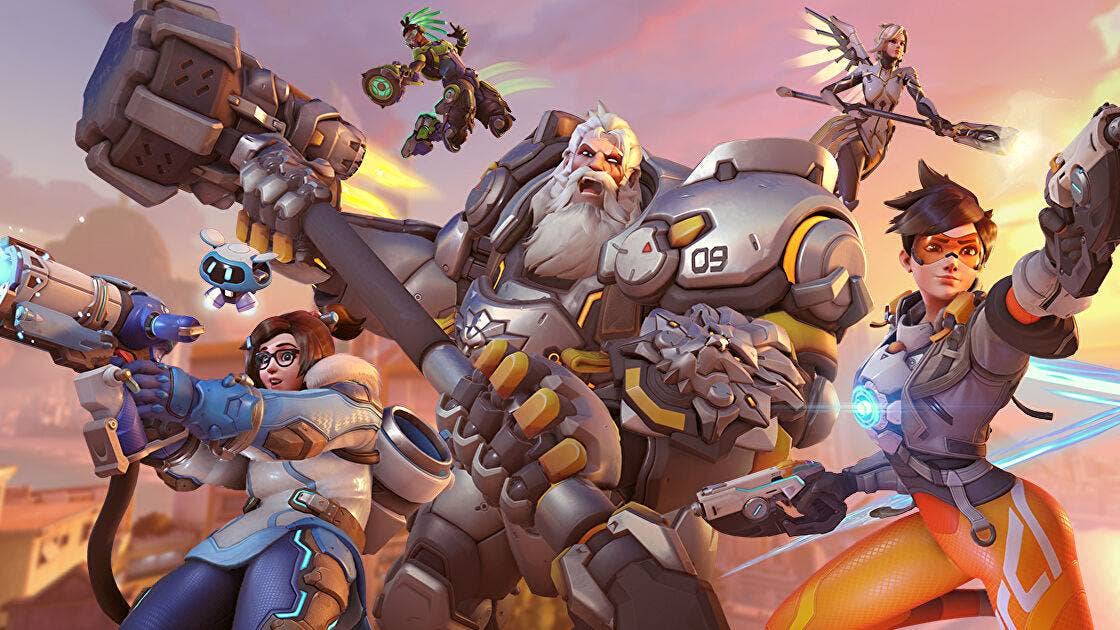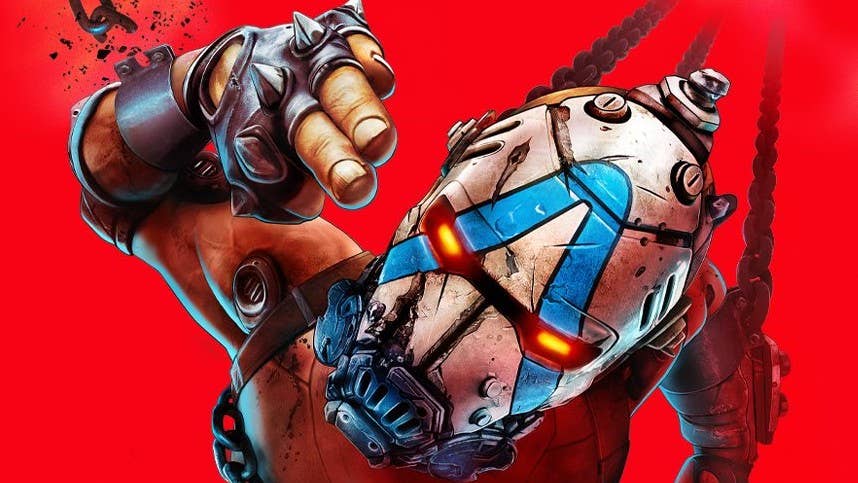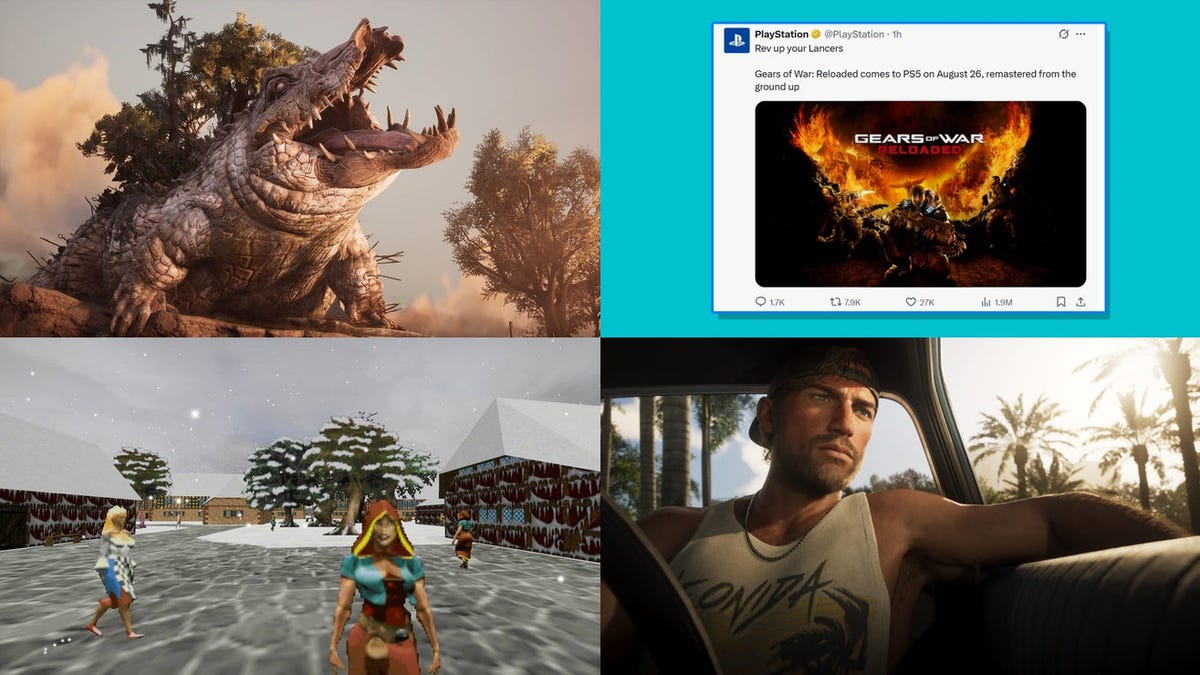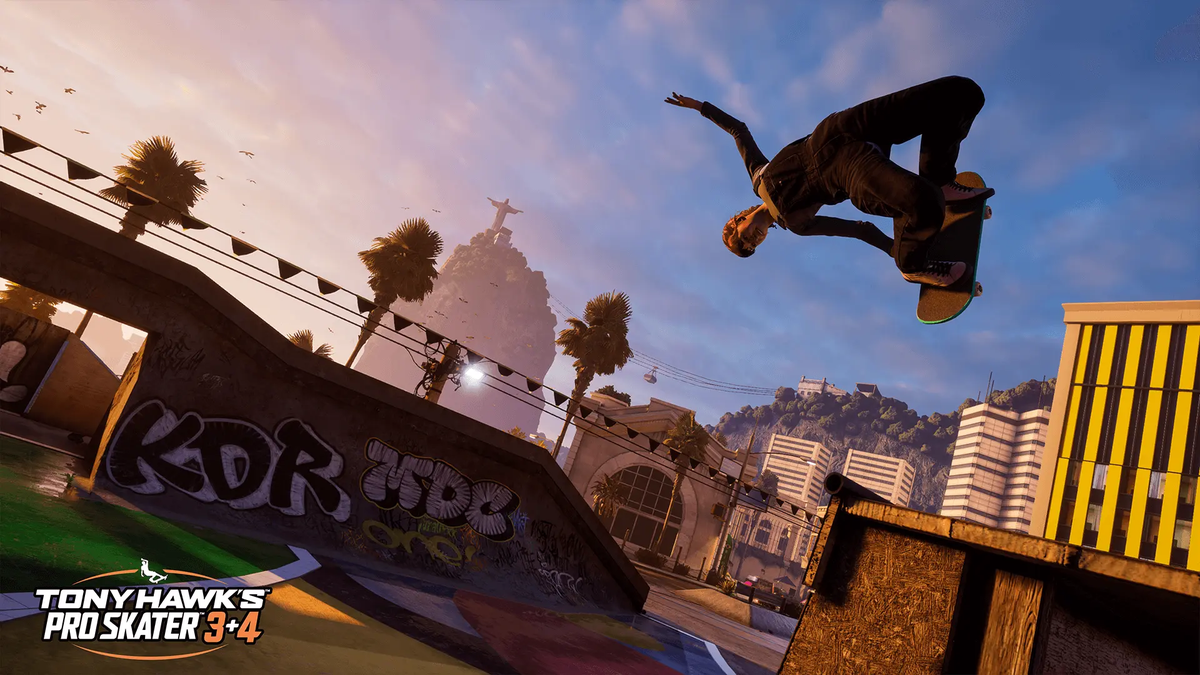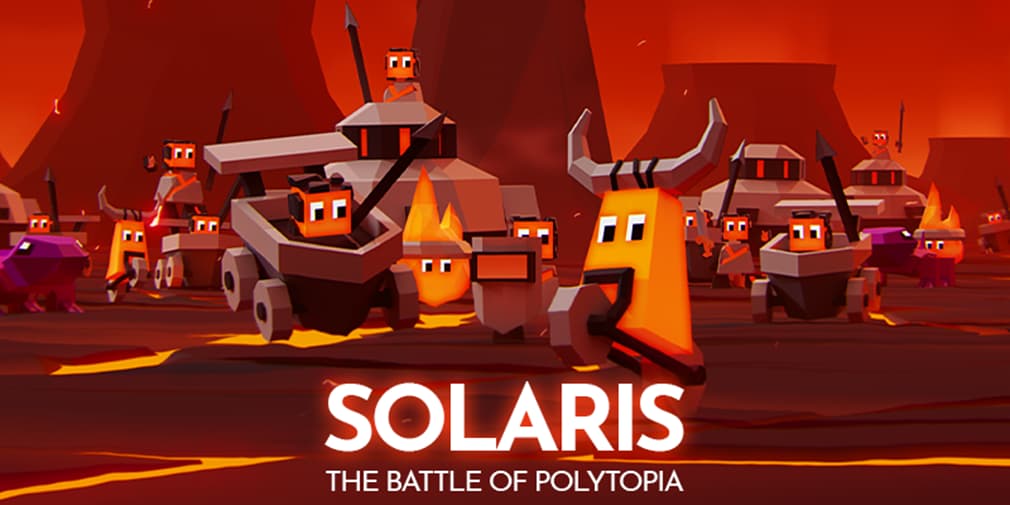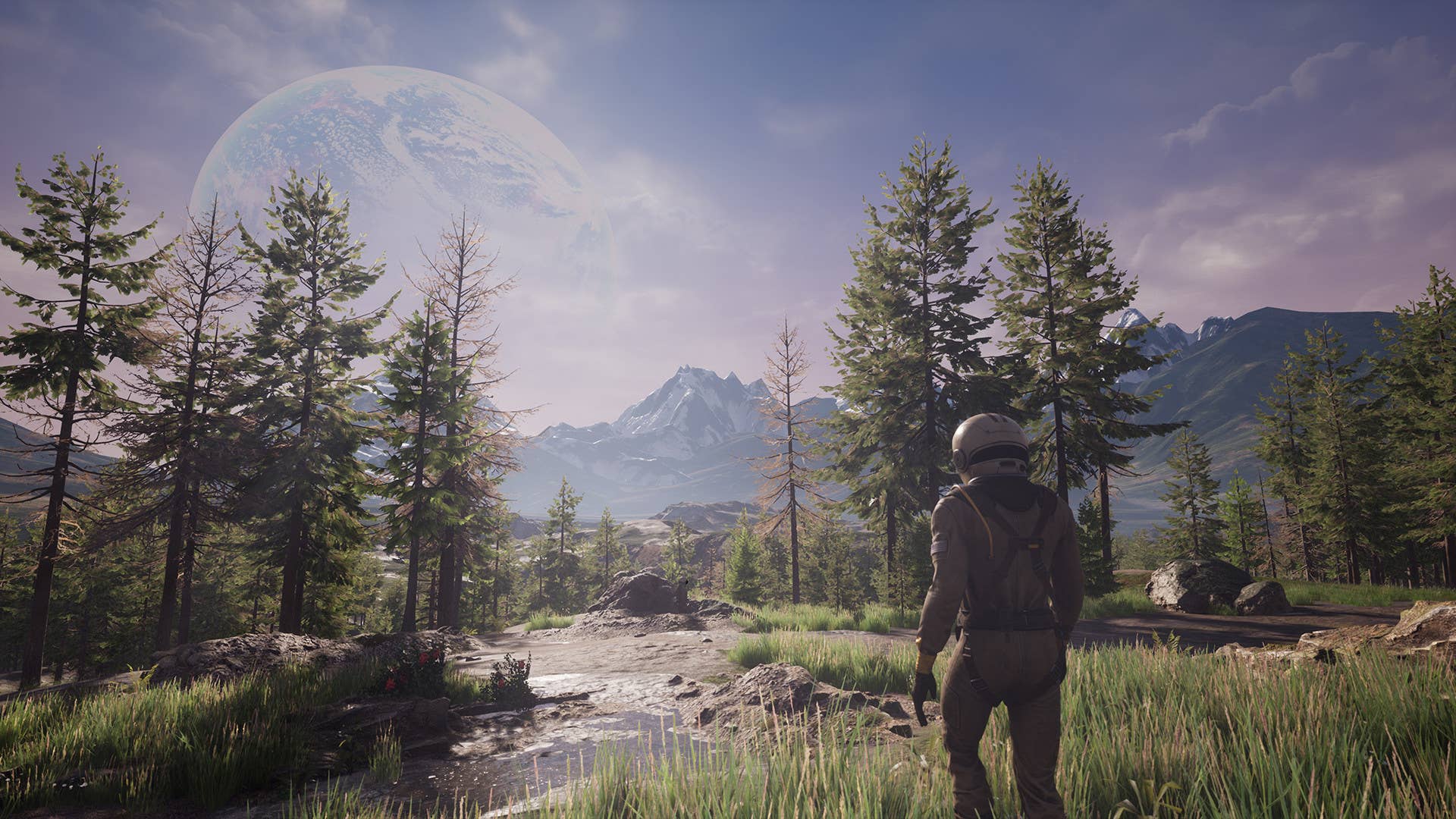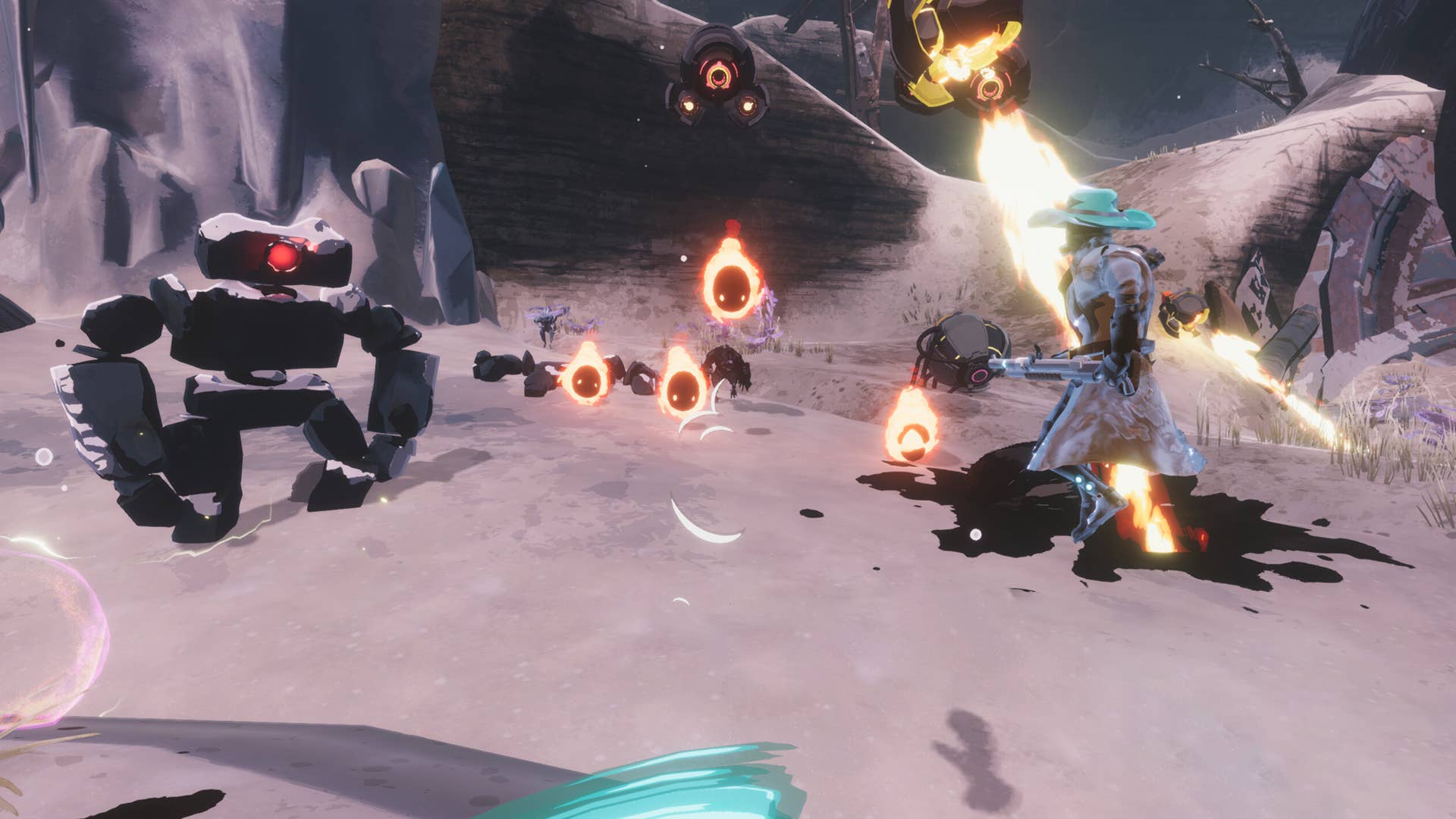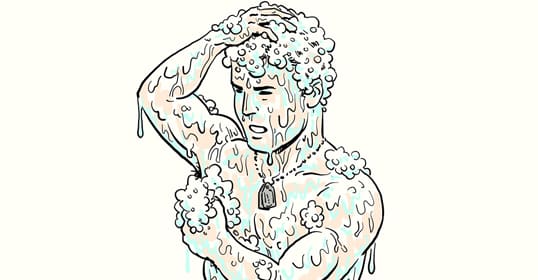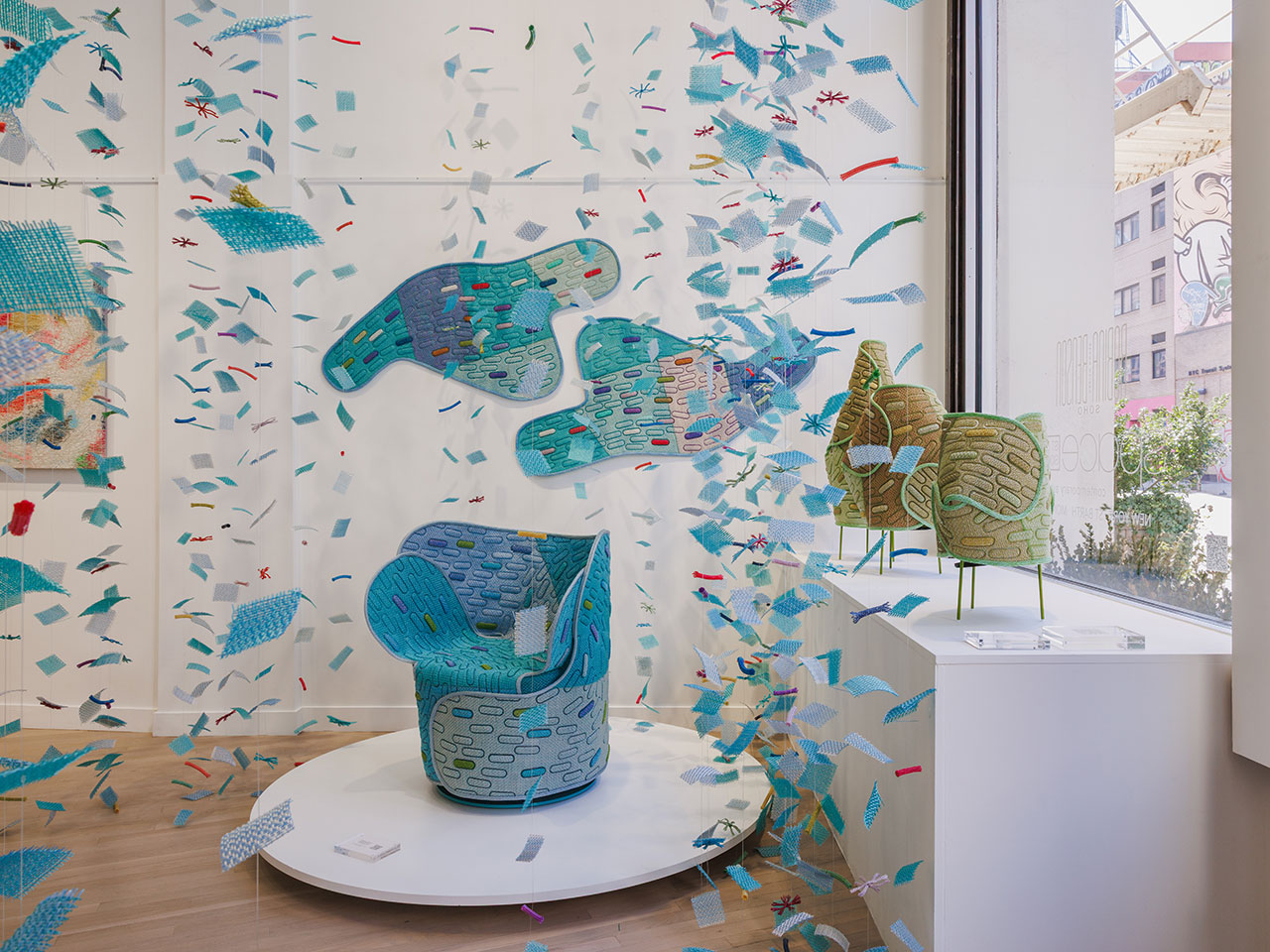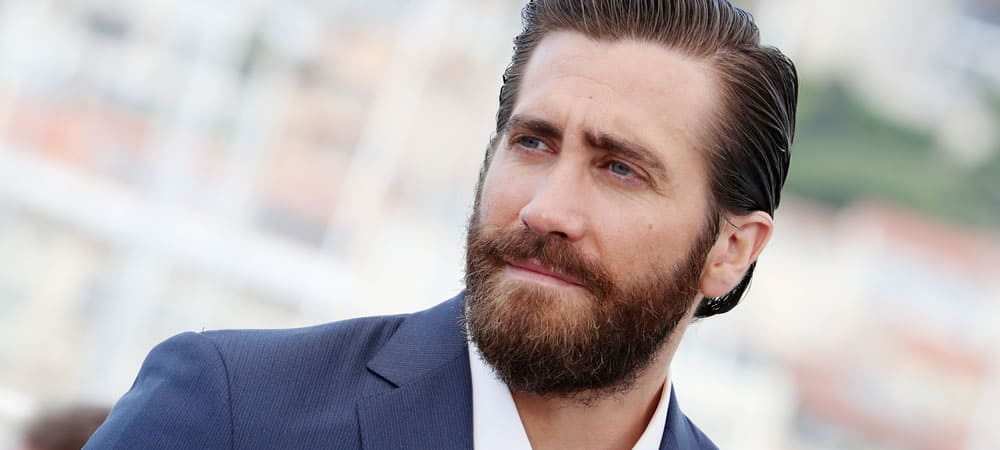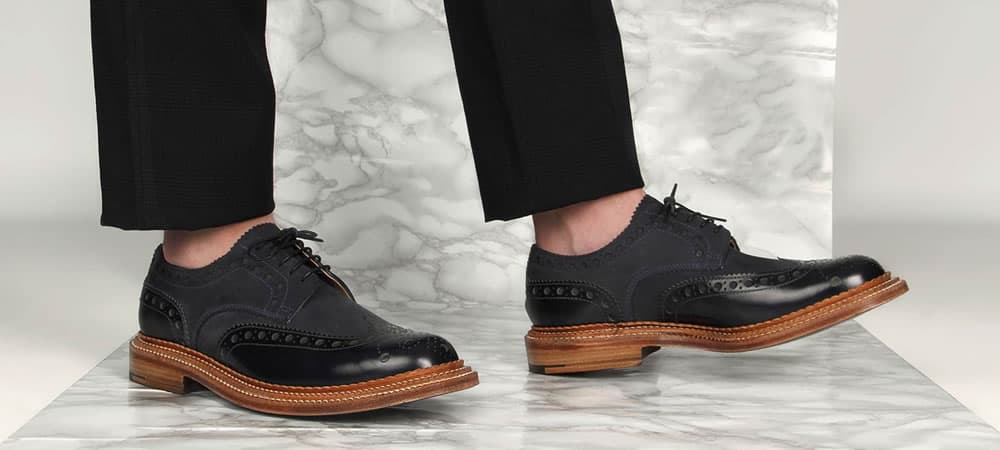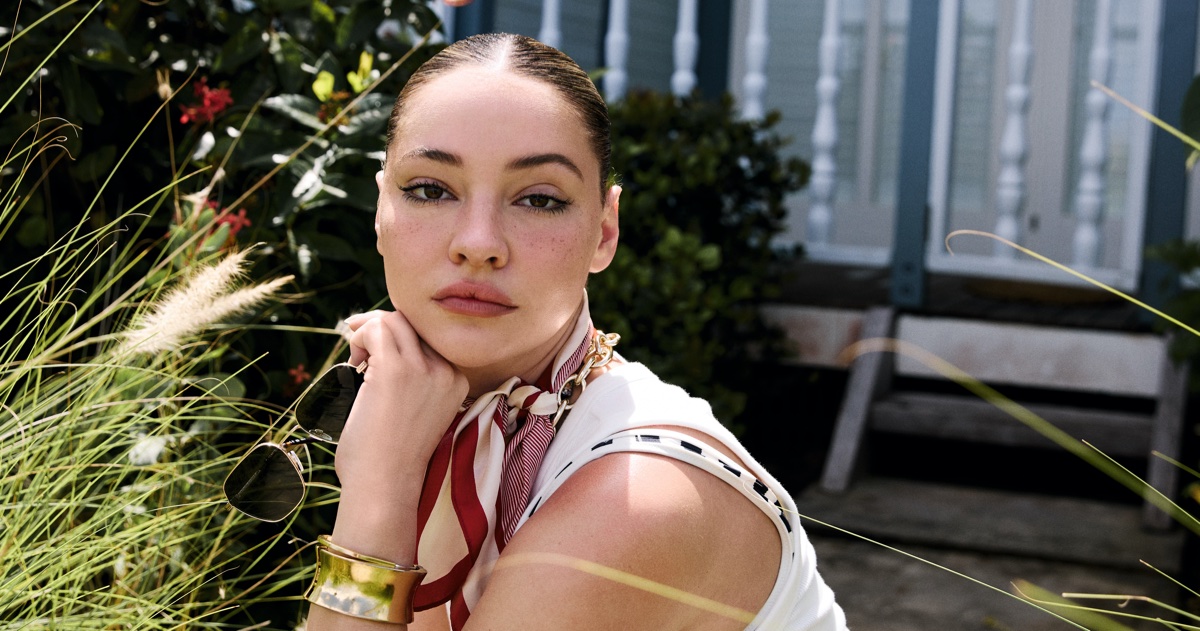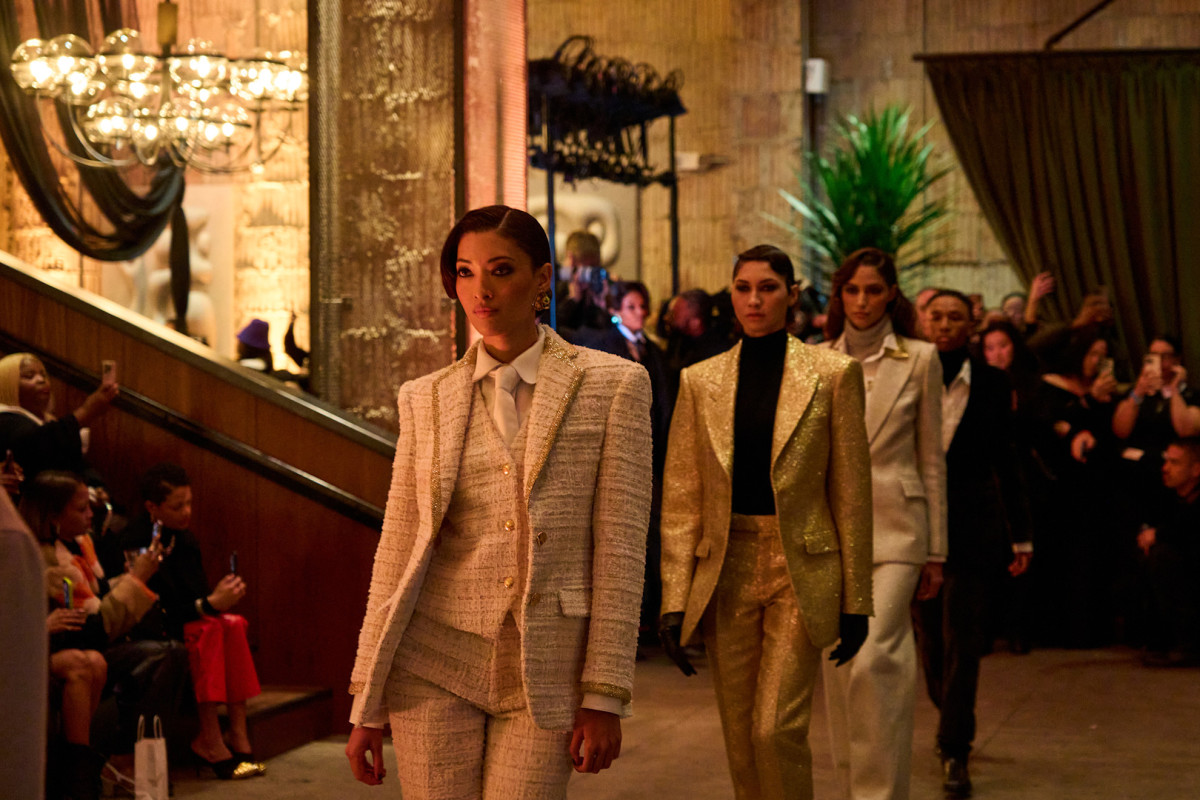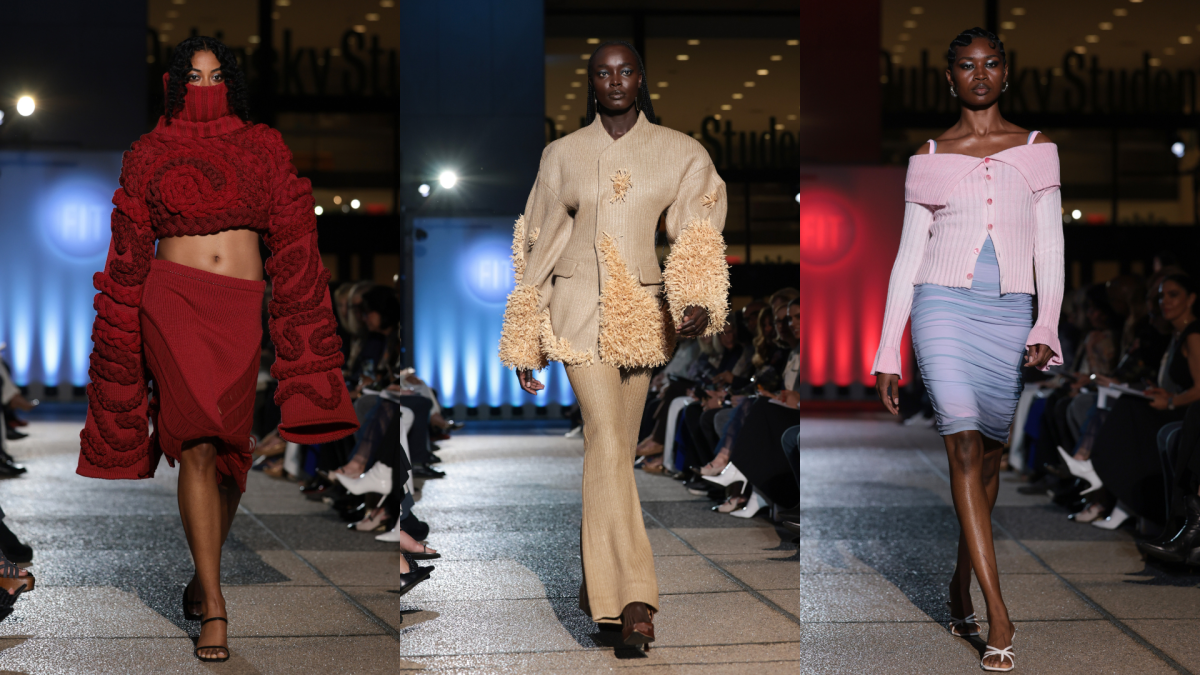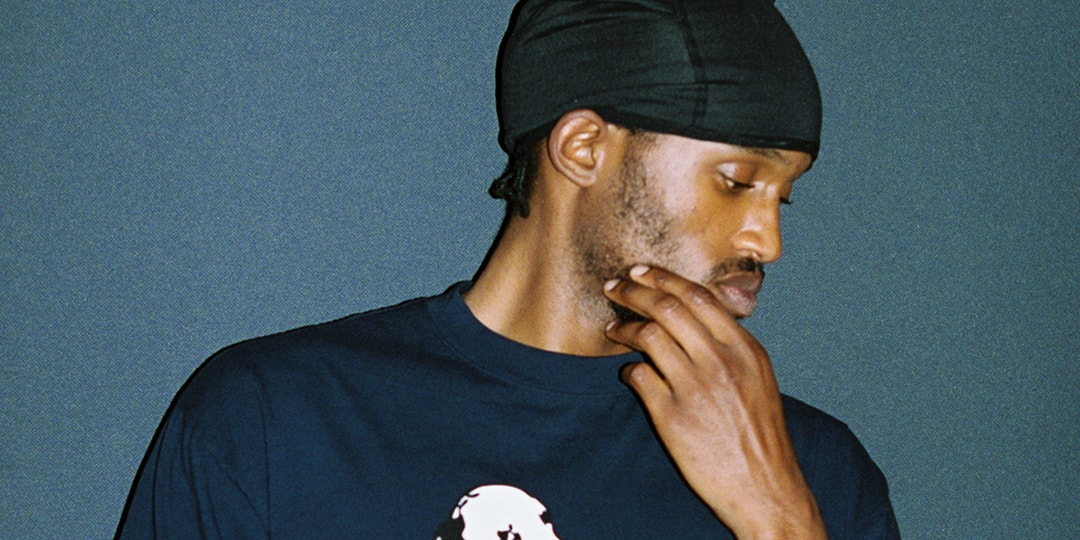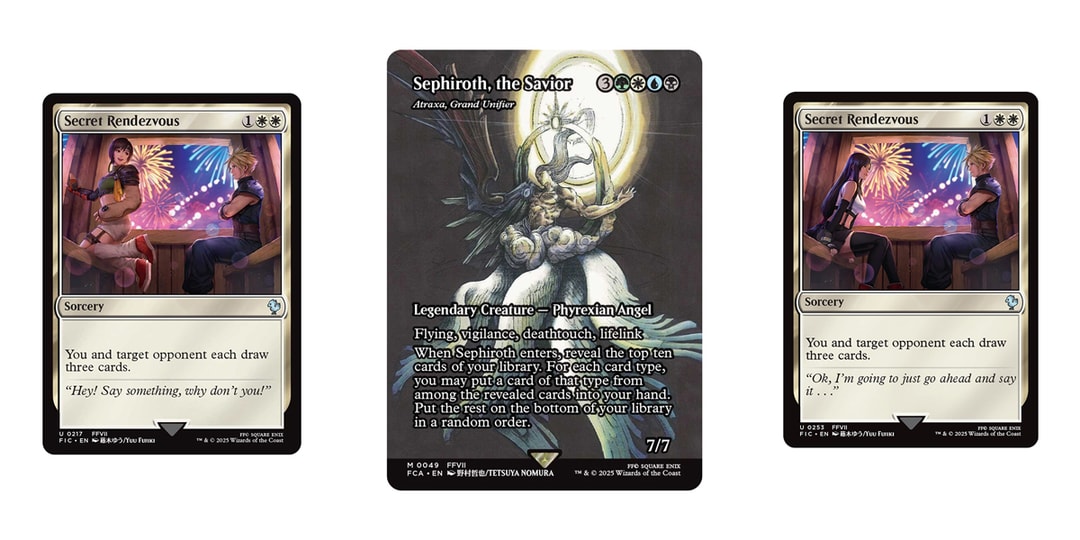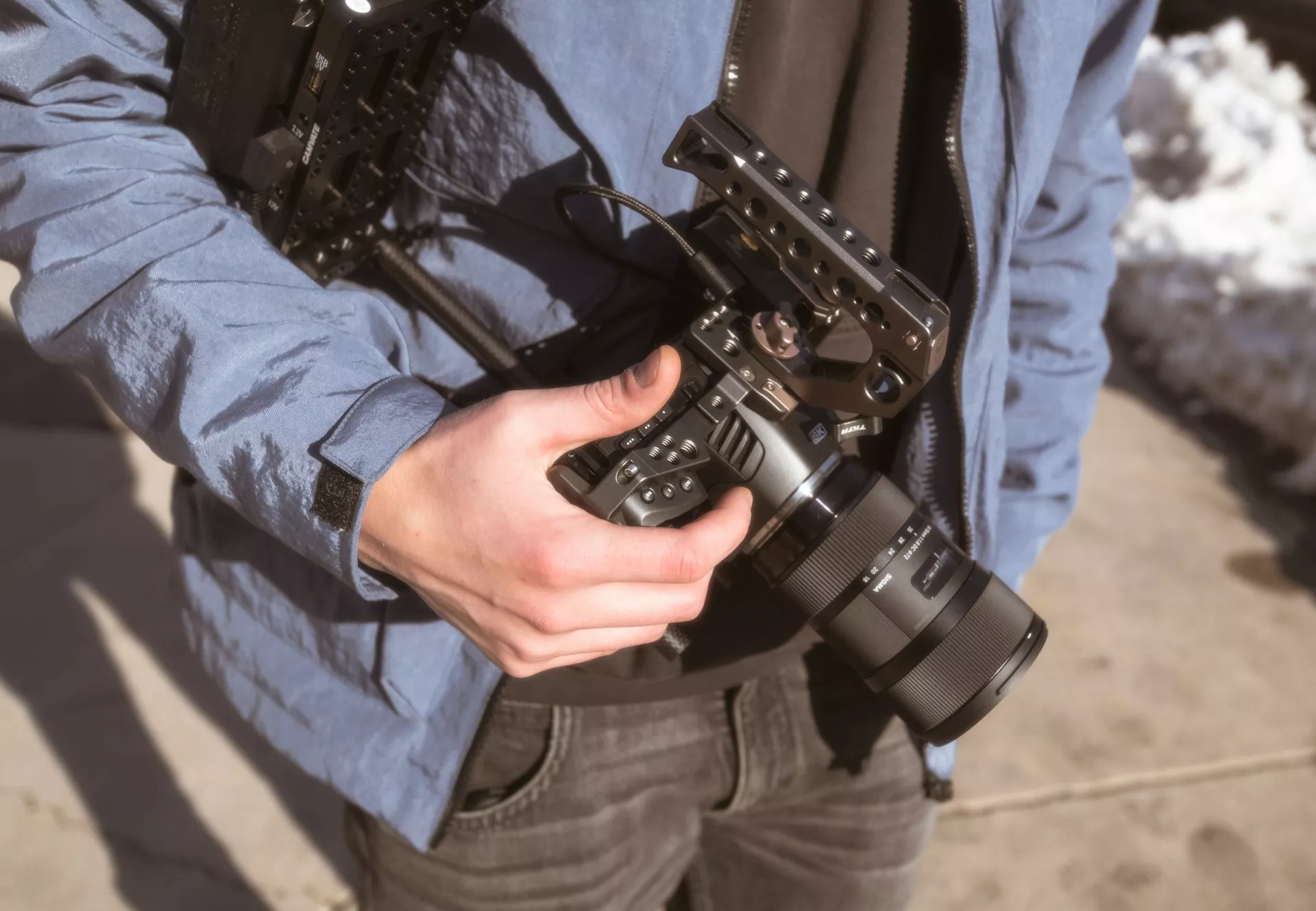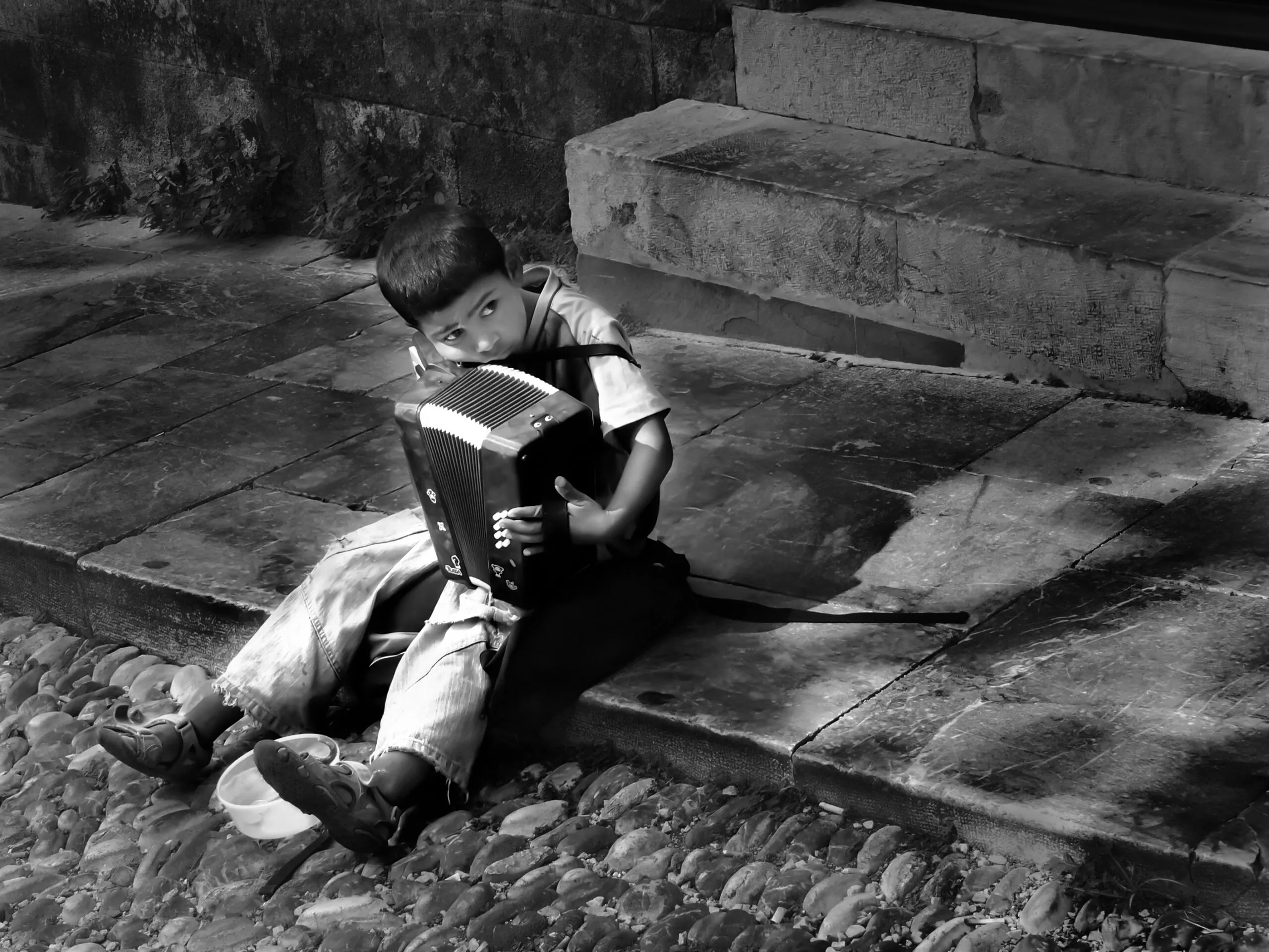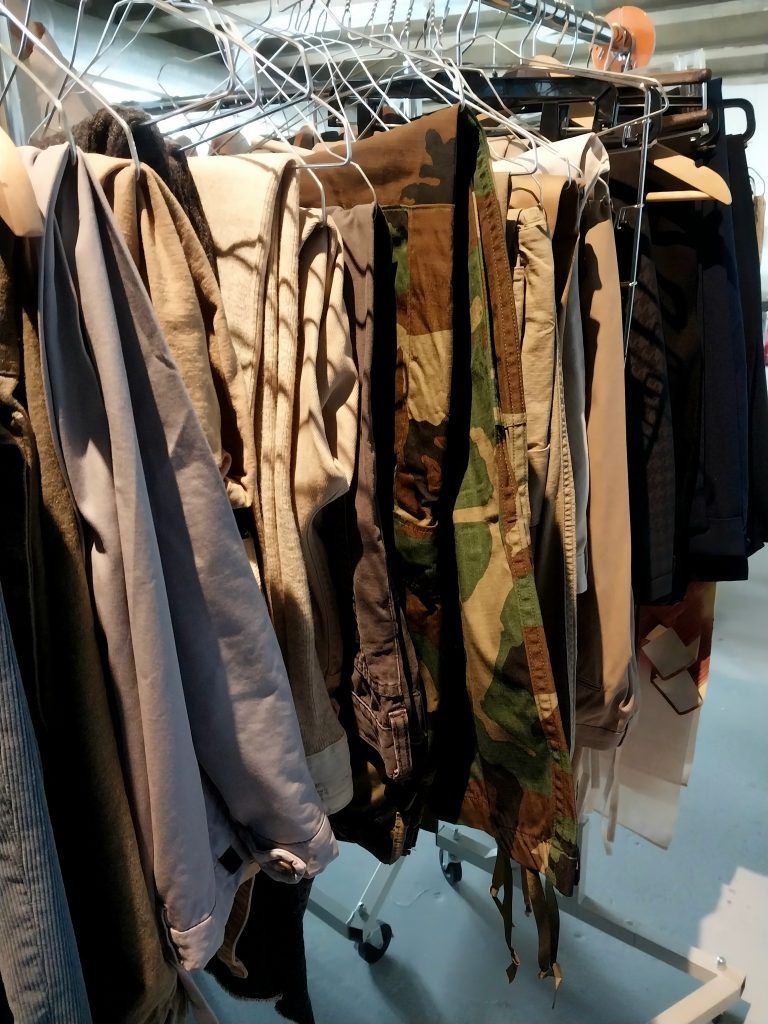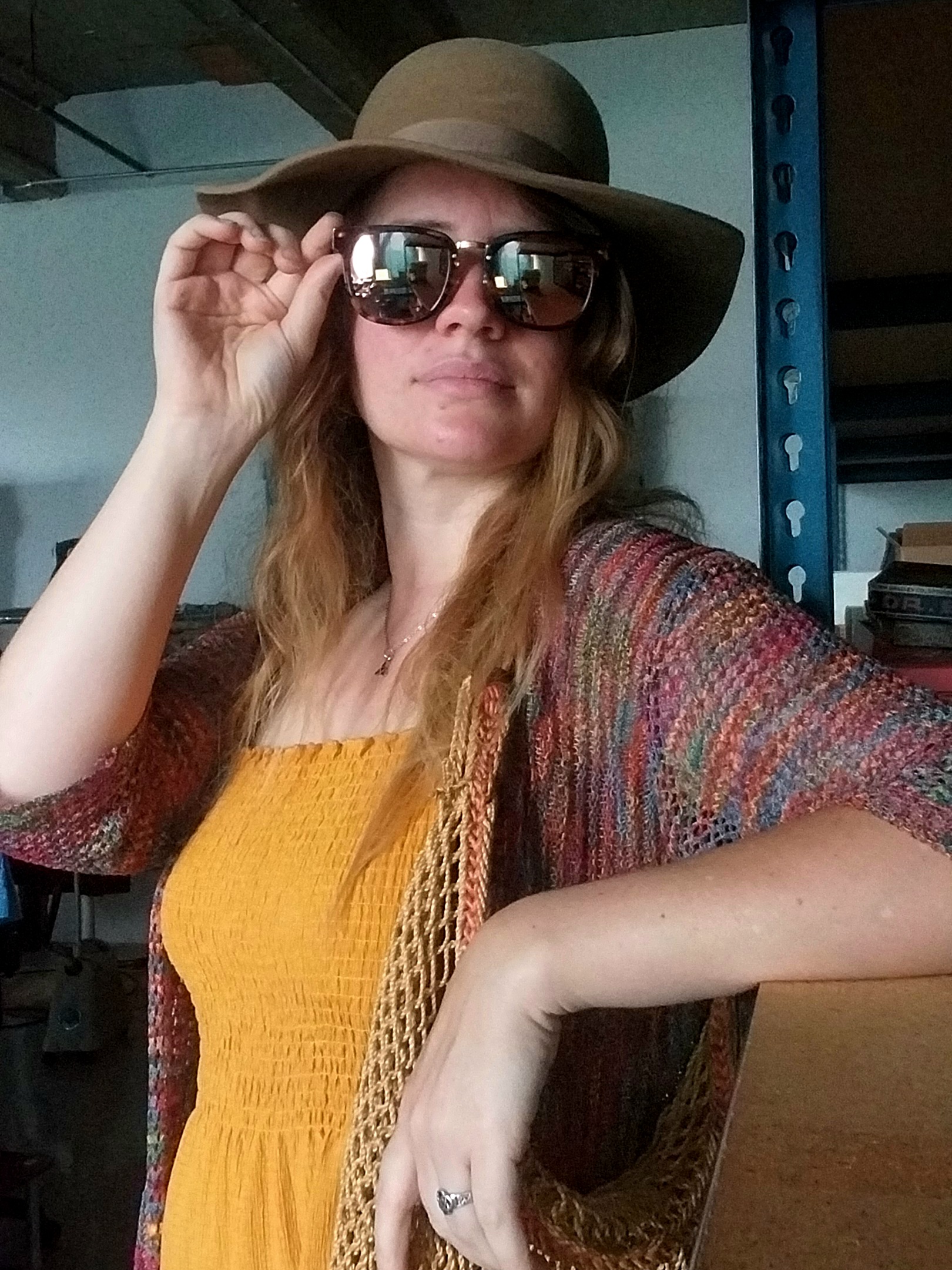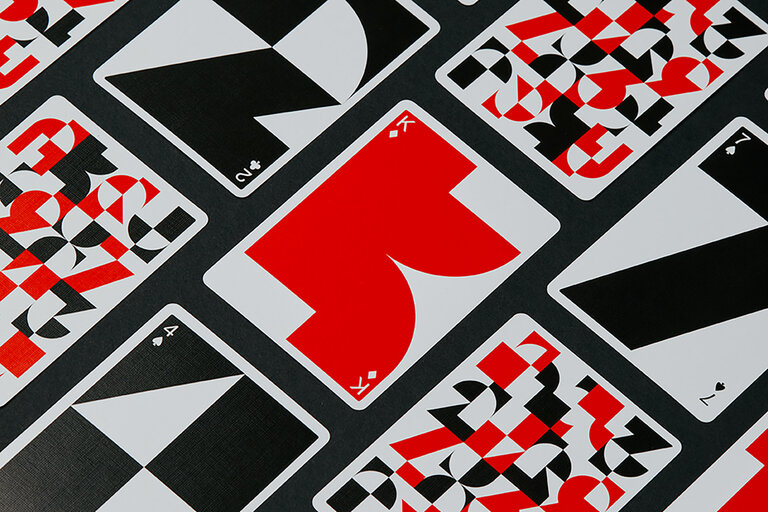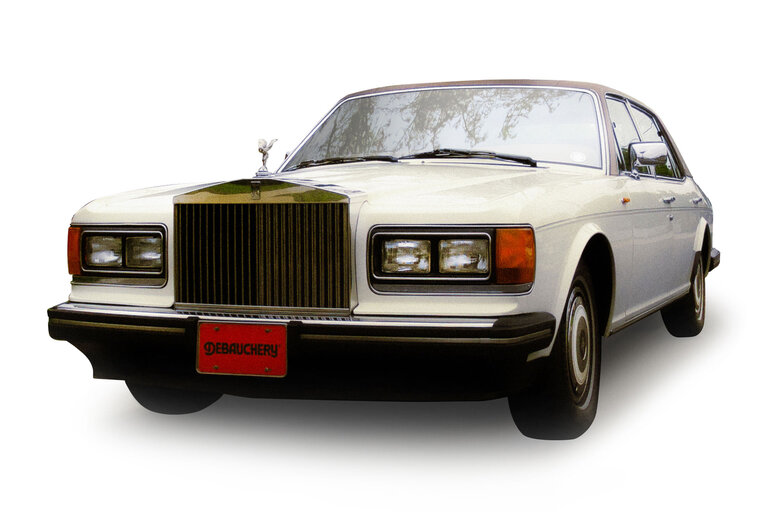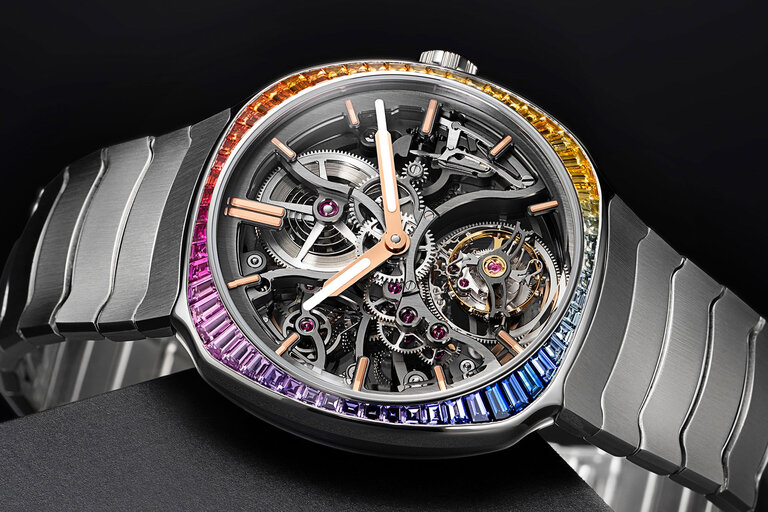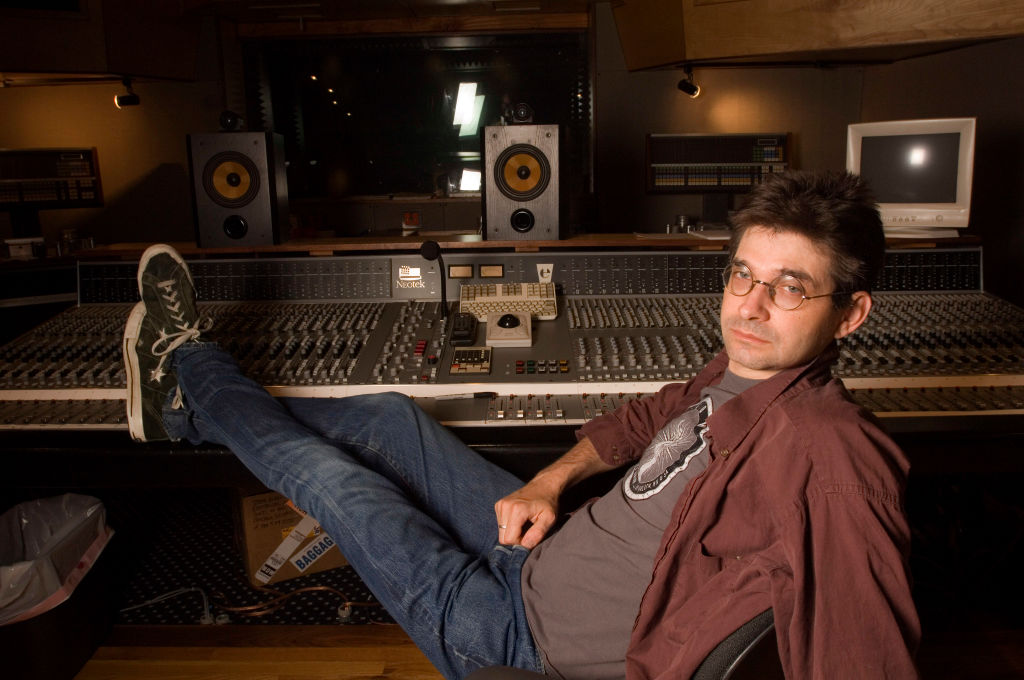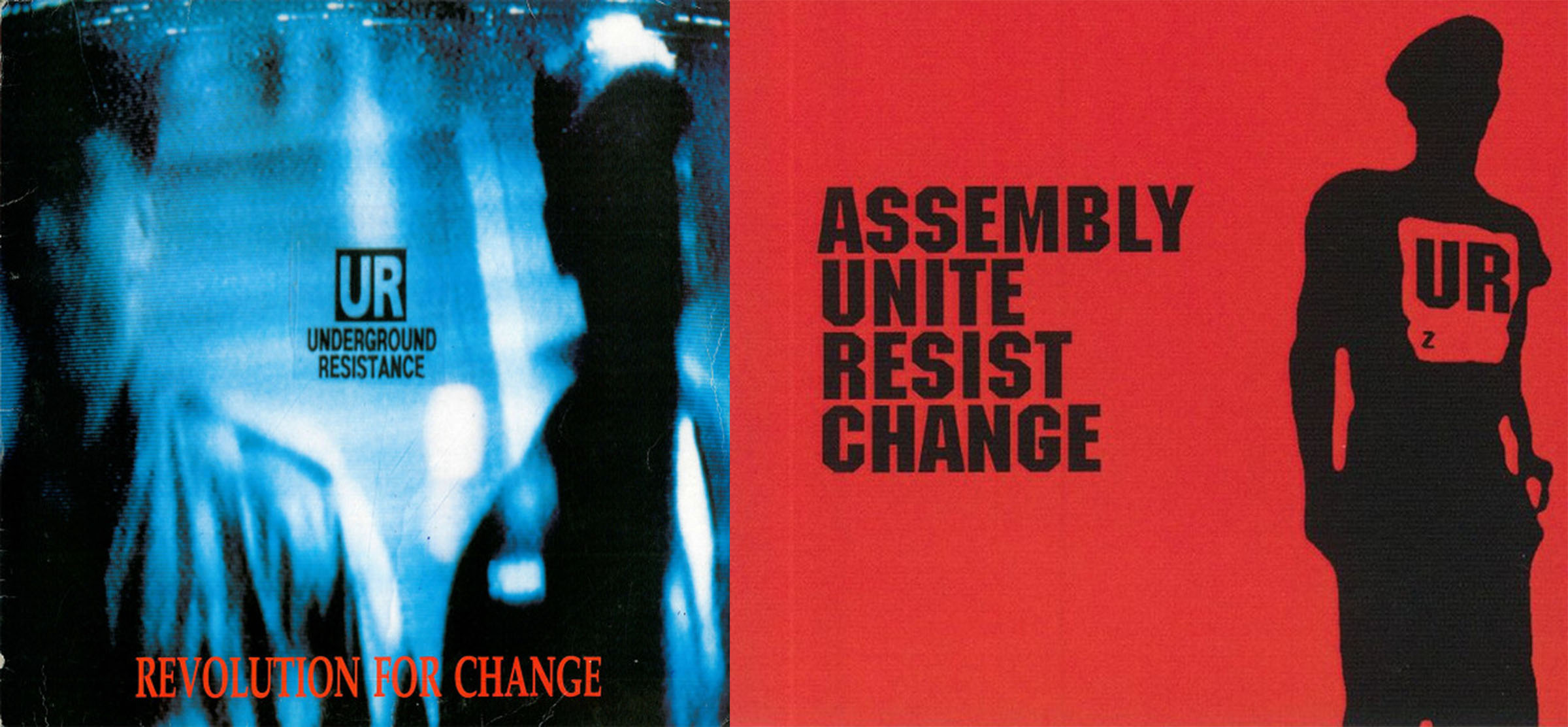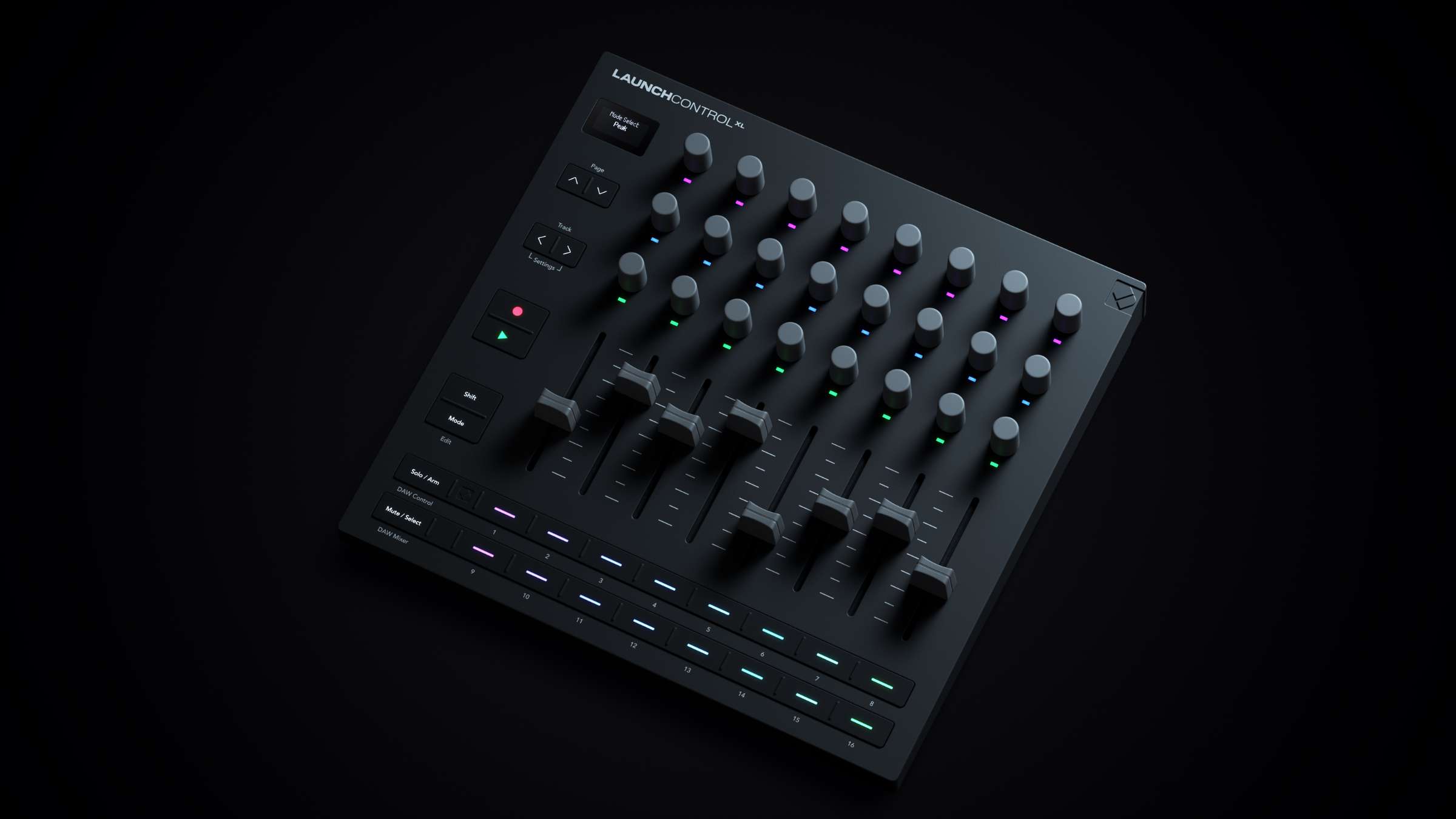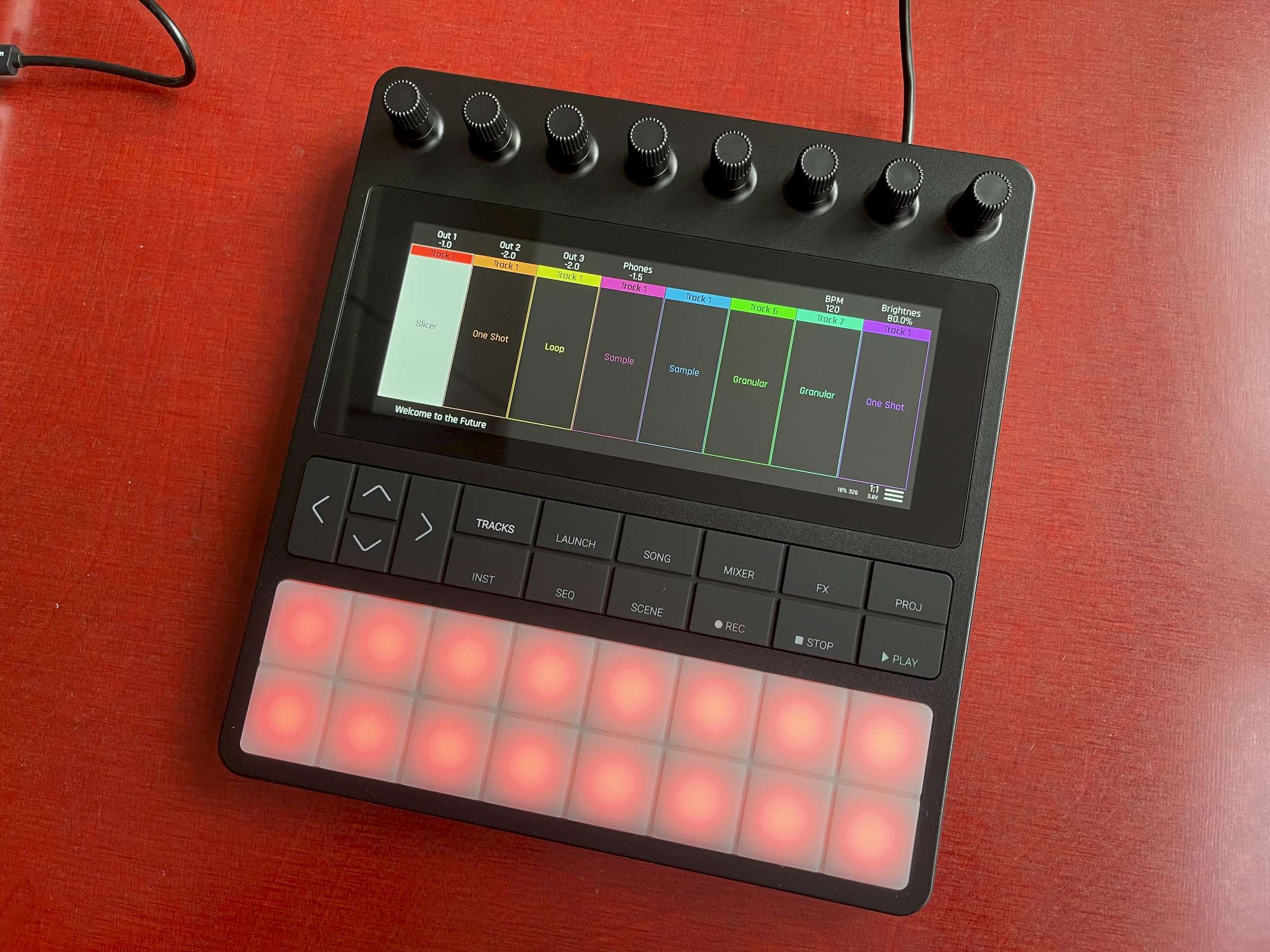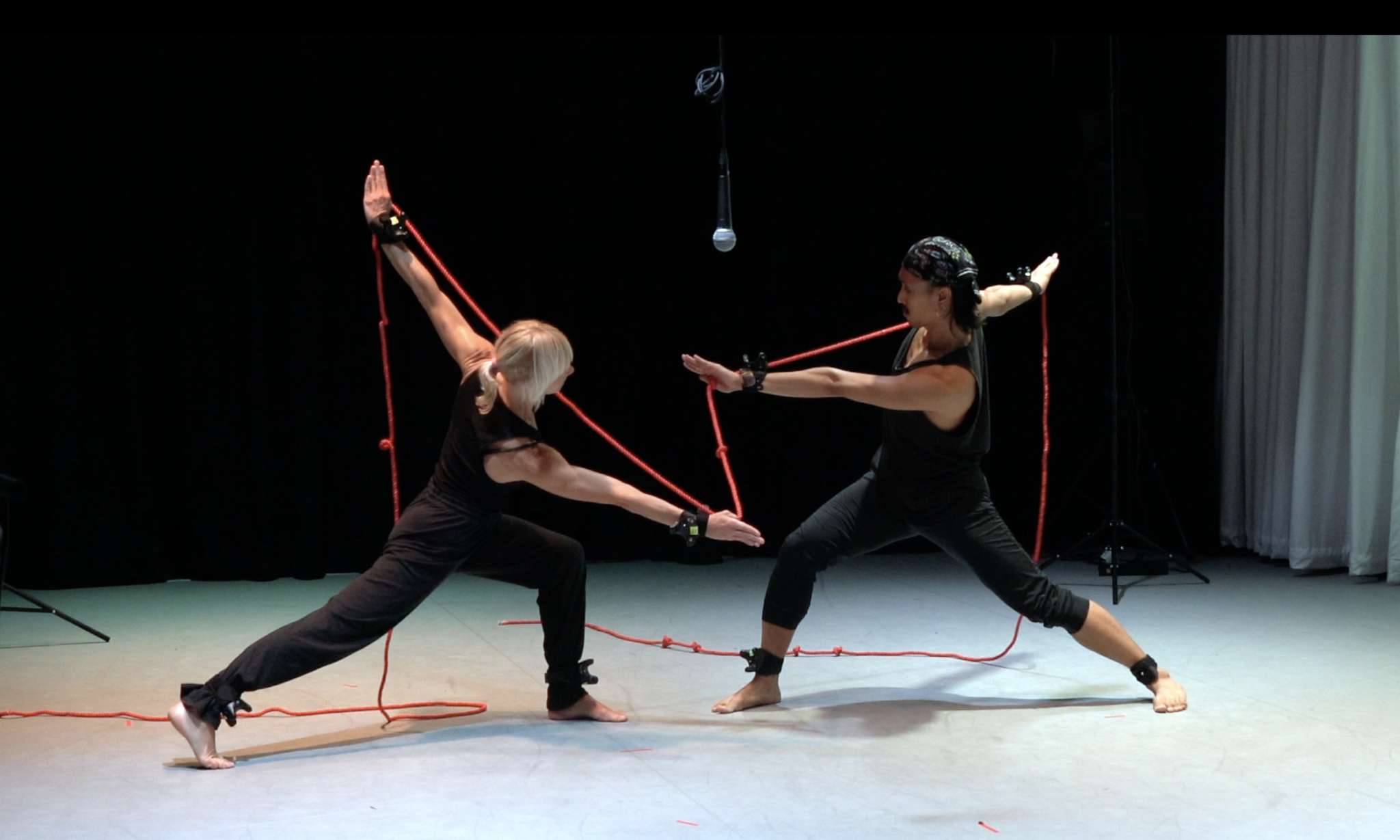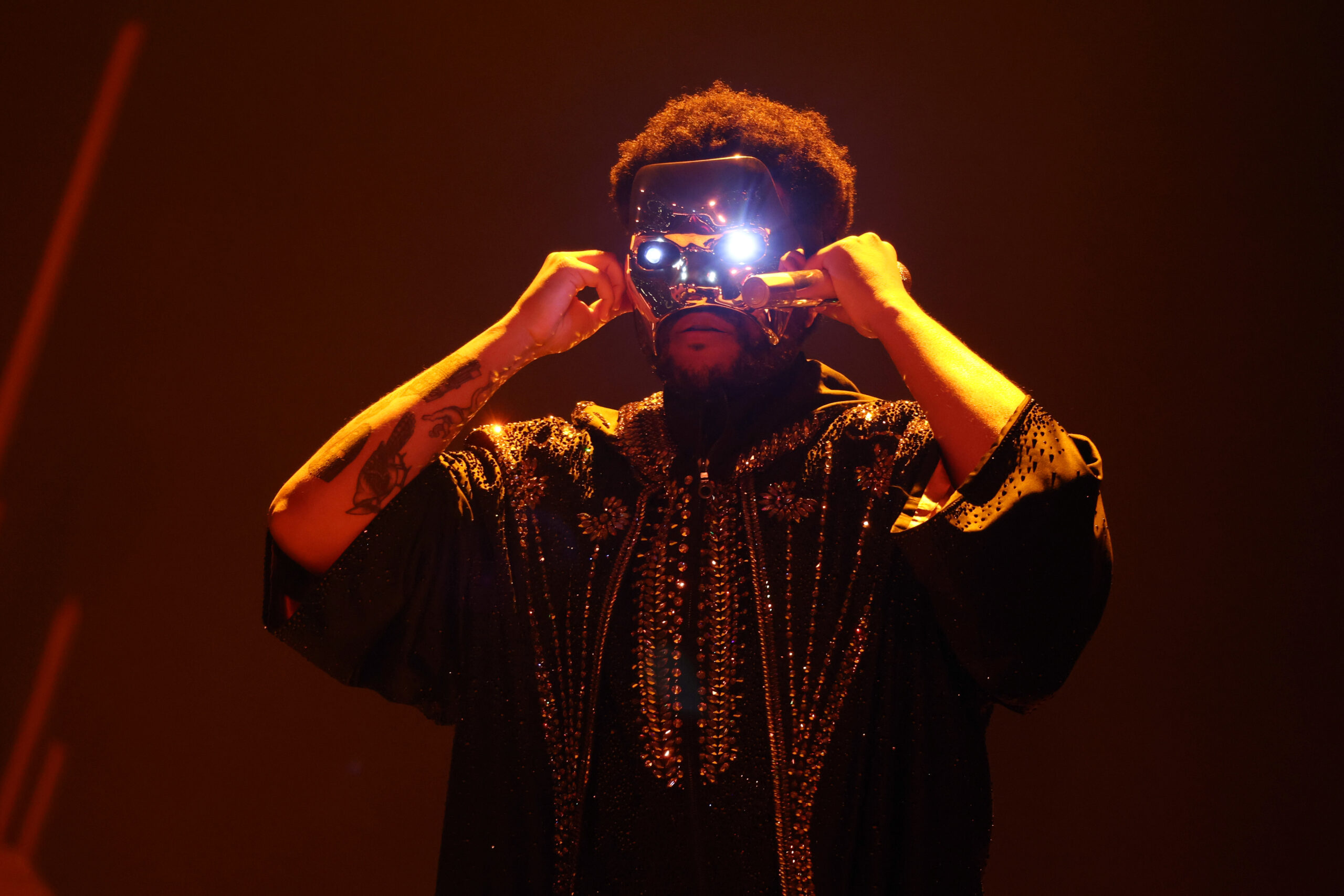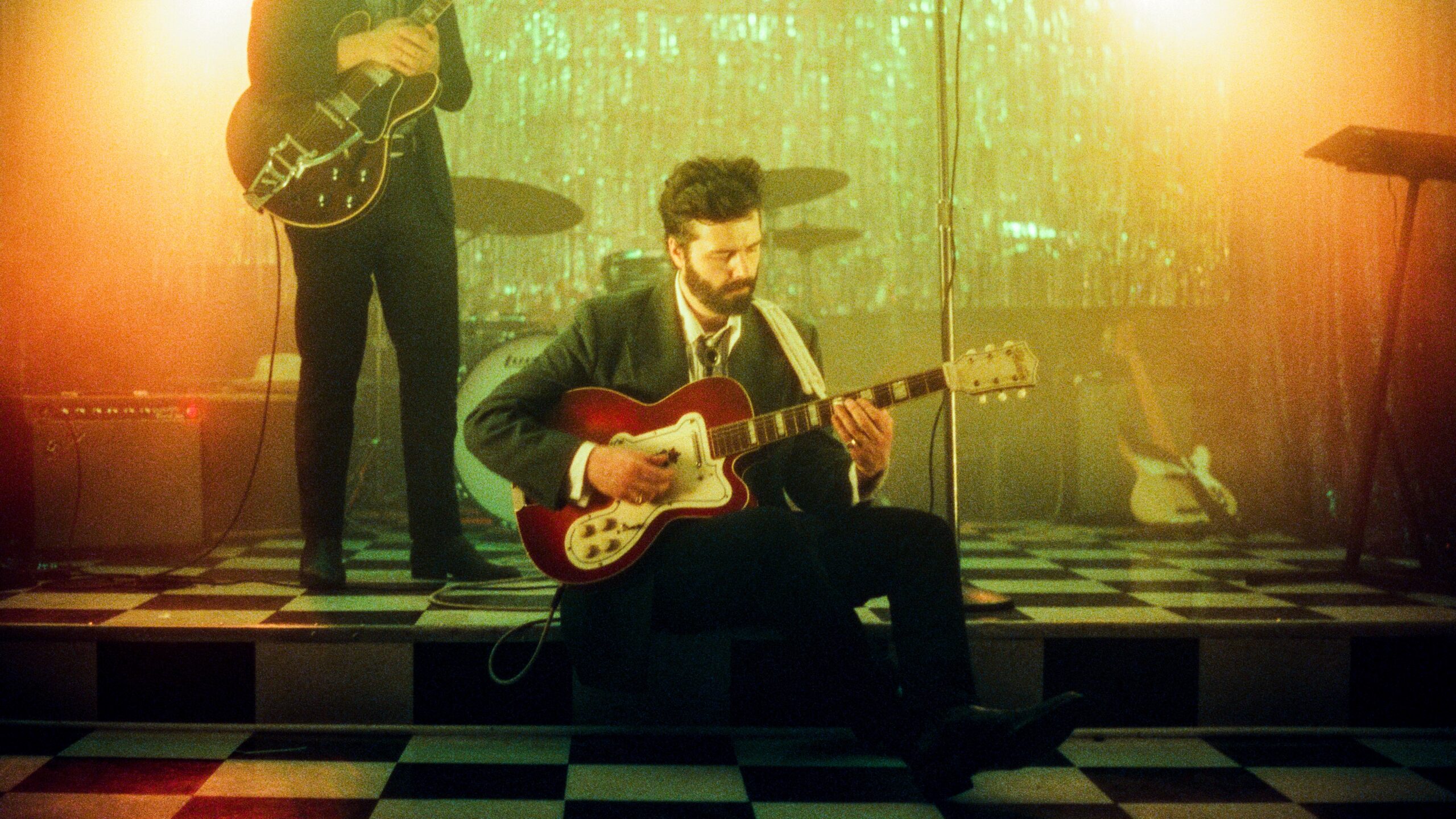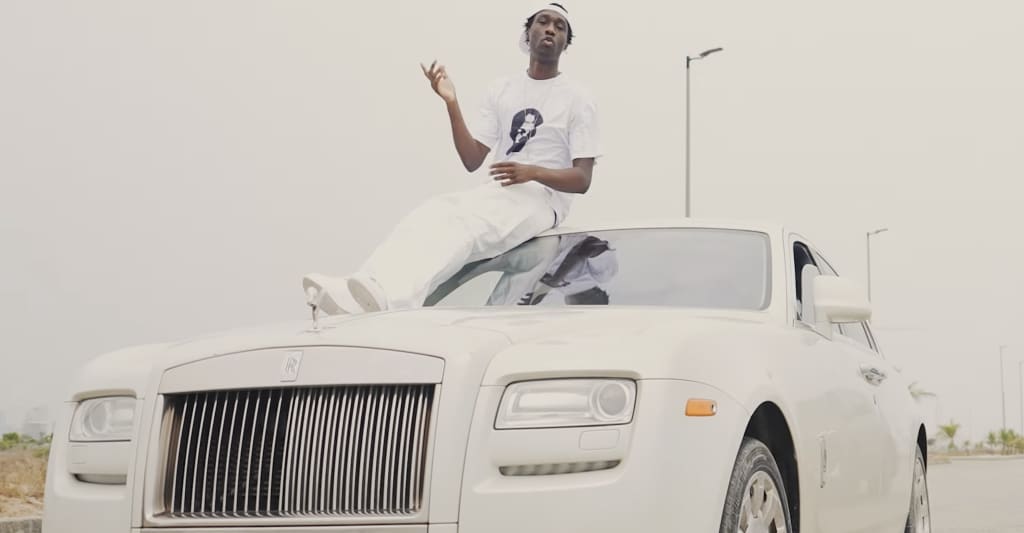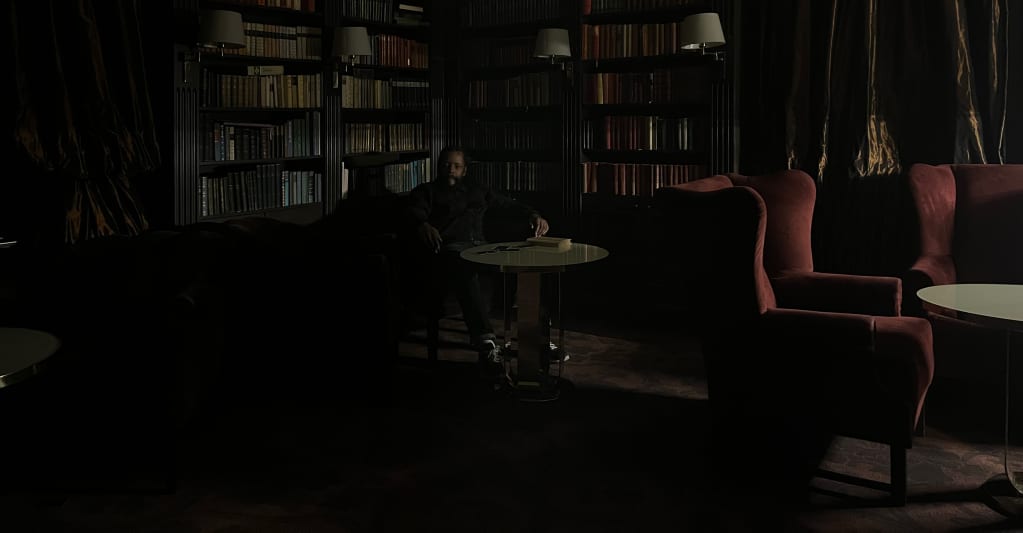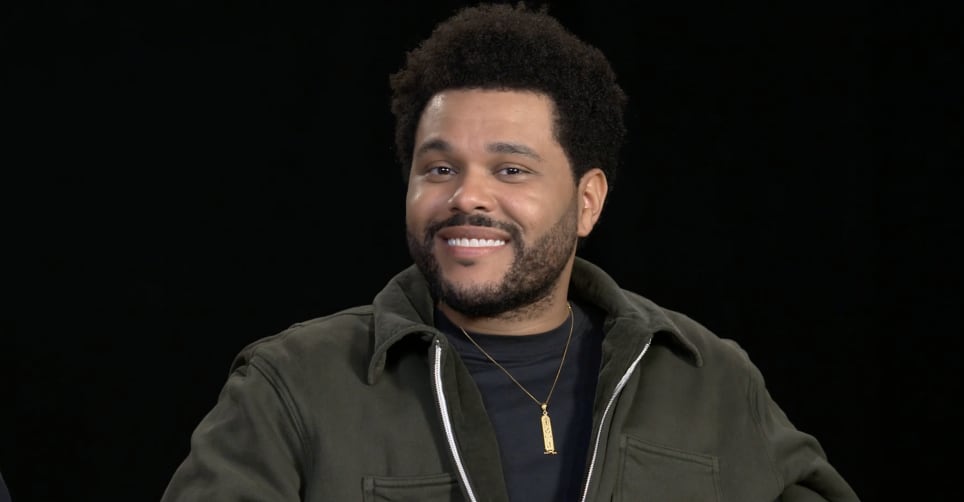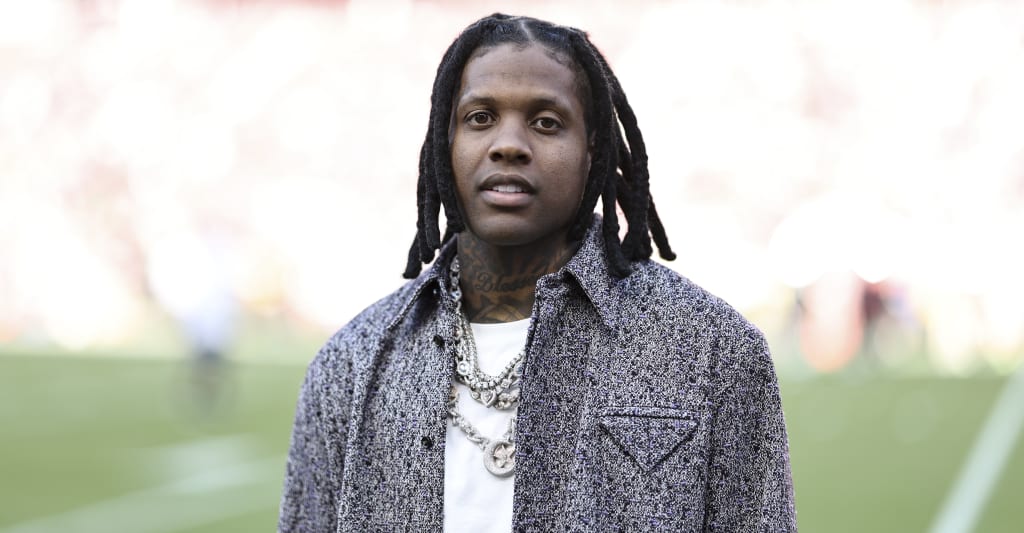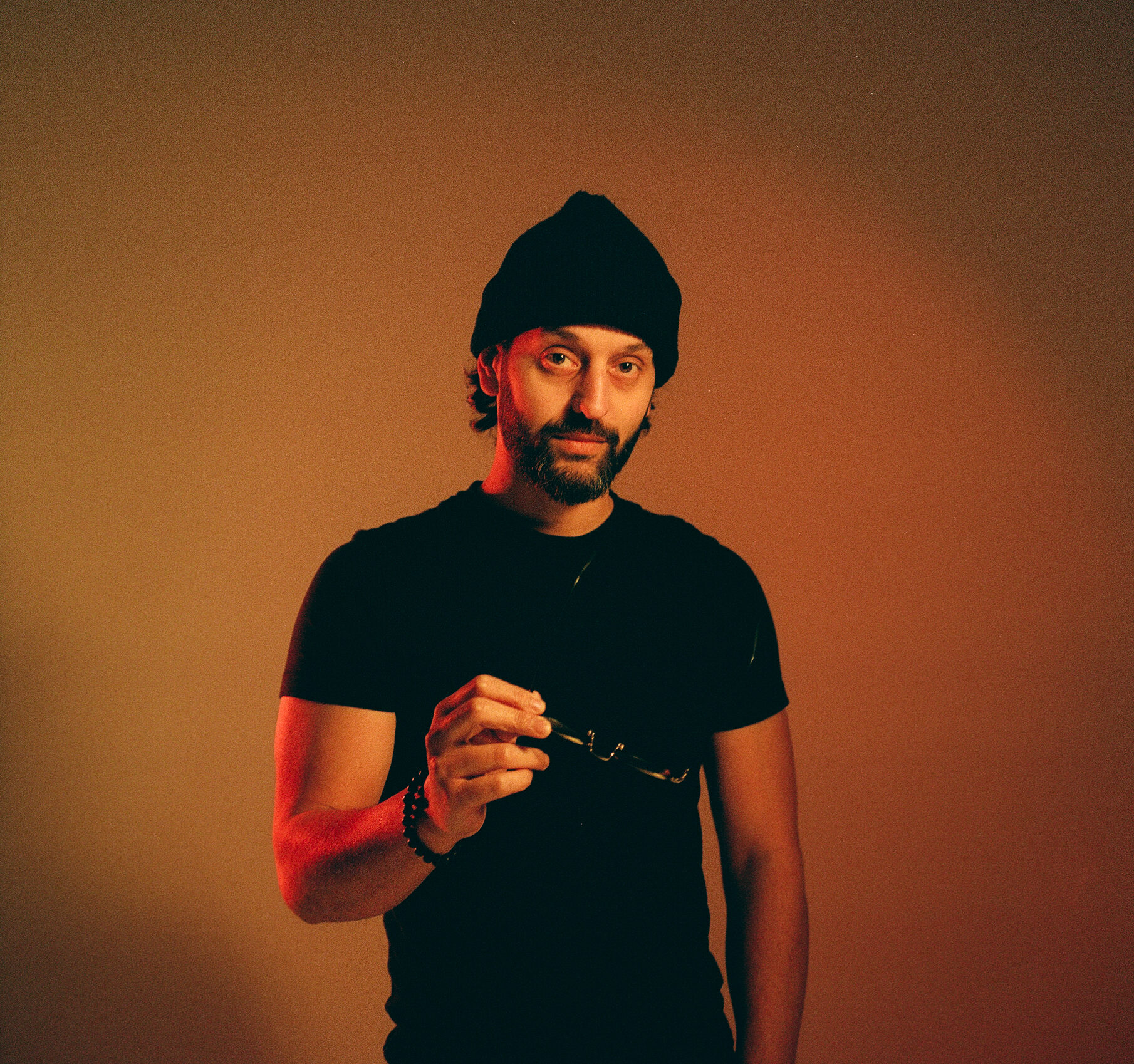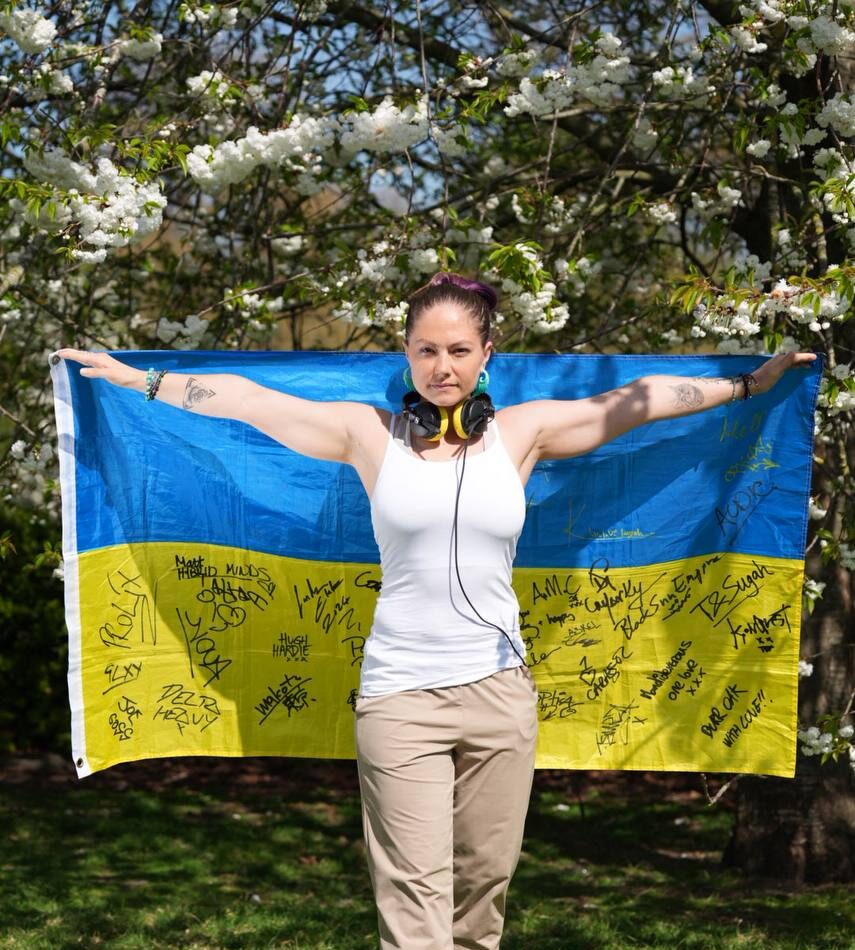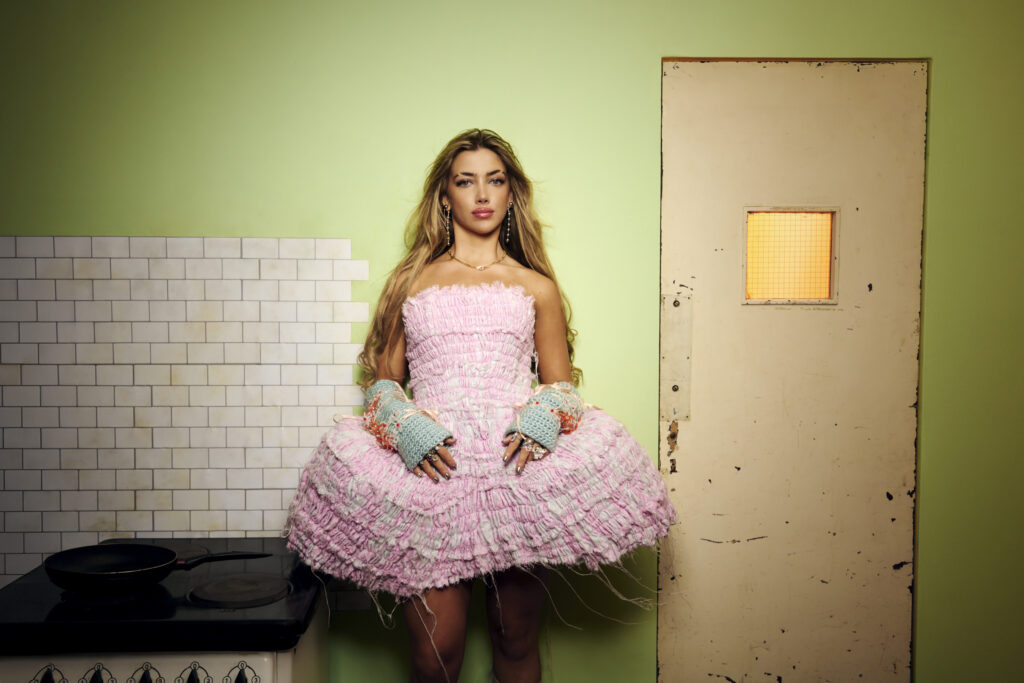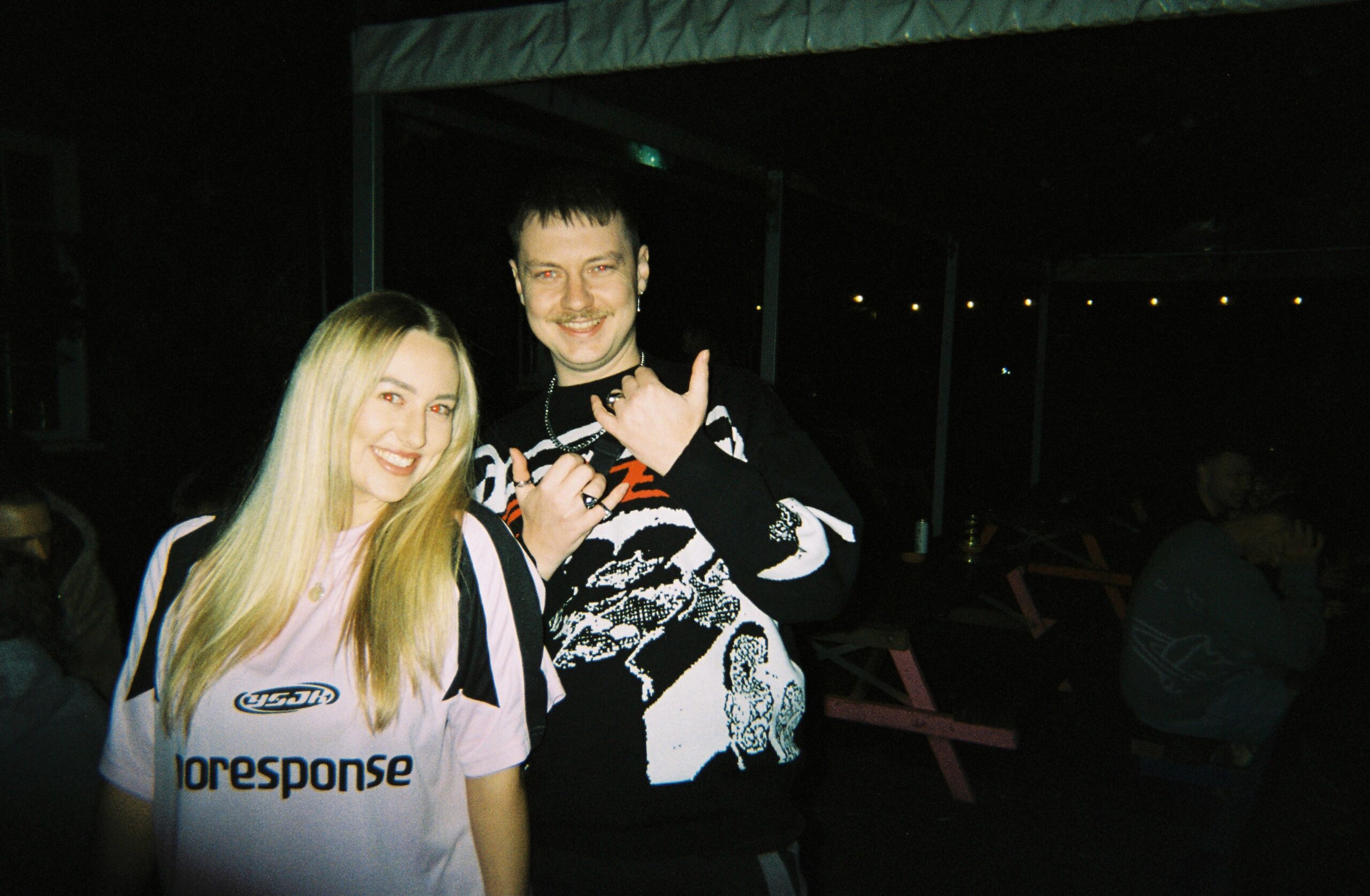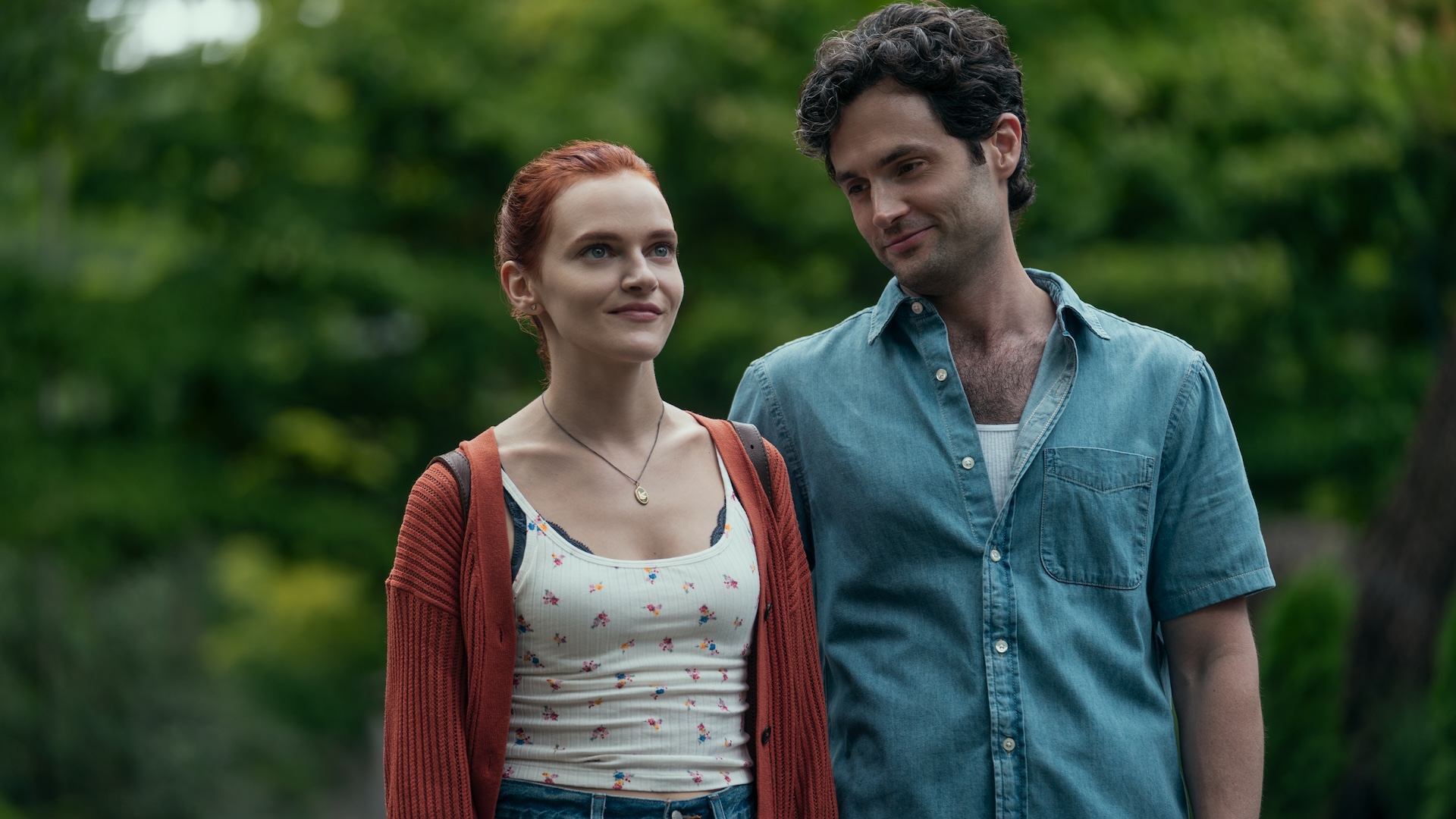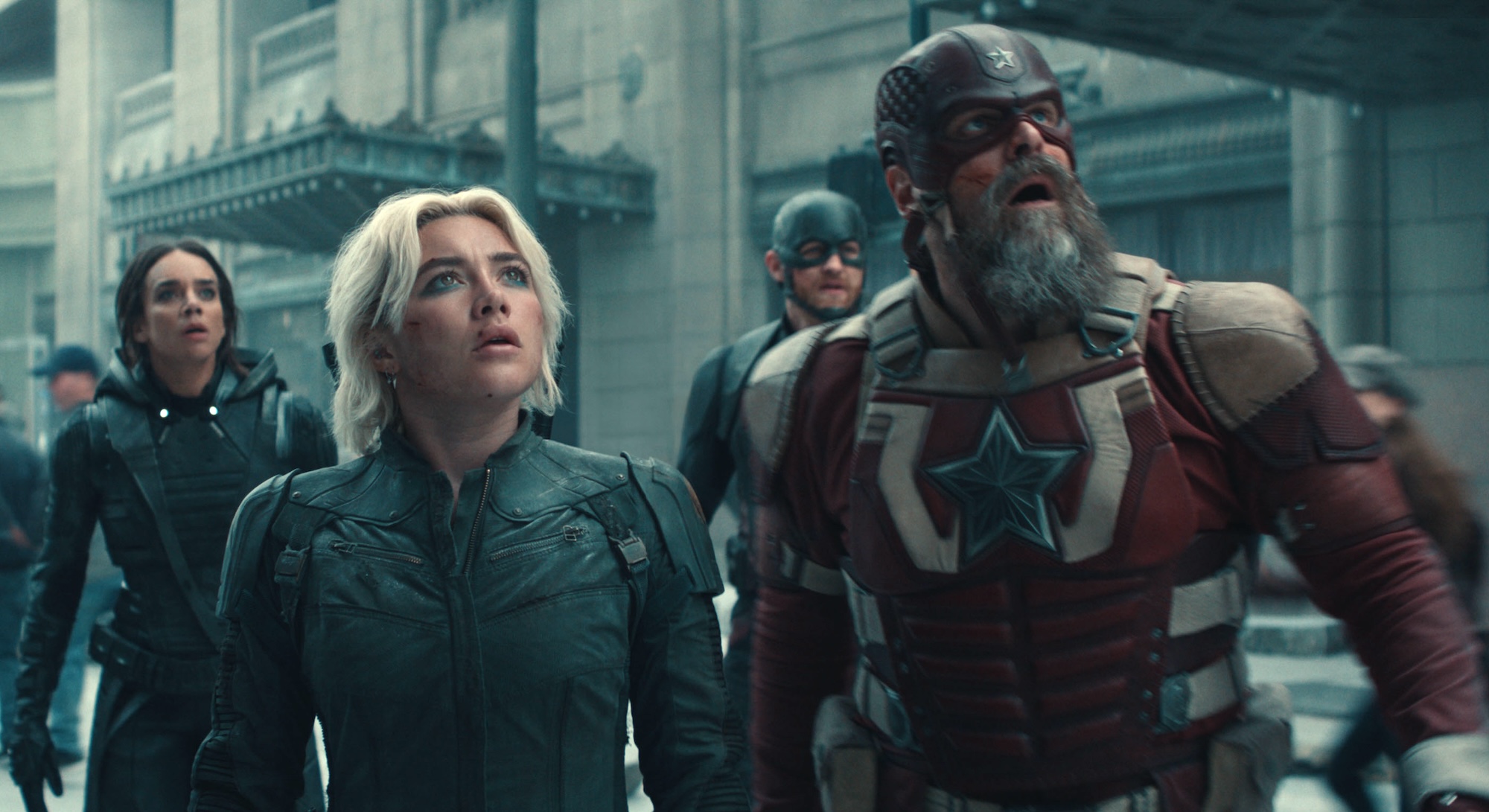Doctor Who Writer Explains “The Story & The Engine” Inspirations and Ending
Warning: contains spoilers for Doctor Who Season 2 Episode 5. Doctor Who continues its exploration of deities and mythology with new episode “The Story and the Engine.” A pitstop for the Fifteenth Doctor (Ncuti Gatwa) and Belinda (Varada Sethu) in 2019 Lagos, Nigeria turns into an otherworldly mystery as four men mysteriously disappear following their […] The post Doctor Who Writer Explains “The Story & The Engine” Inspirations and Ending appeared first on Den of Geek.
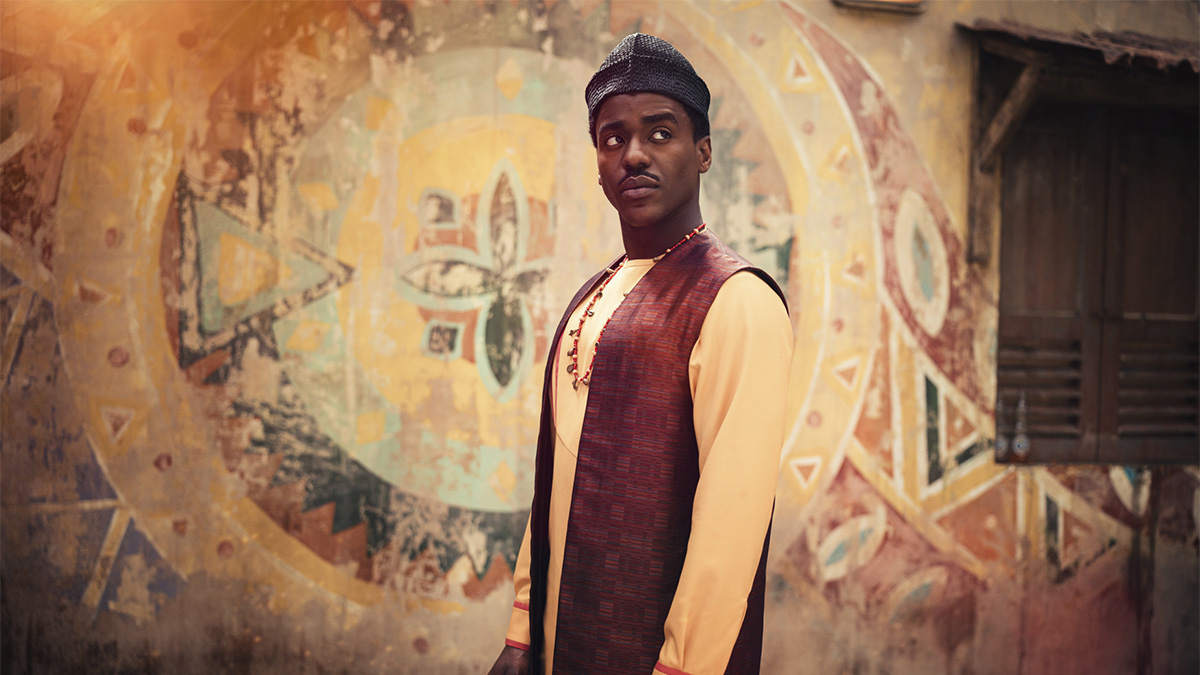
Warning: contains spoilers for Doctor Who Season 2 Episode 5.
Doctor Who continues its exploration of deities and mythology with new episode “The Story and the Engine.” A pitstop for the Fifteenth Doctor (Ncuti Gatwa) and Belinda (Varada Sethu) in 2019 Lagos, Nigeria turns into an otherworldly mystery as four men mysteriously disappear following their barbershop visit.
The episode seeping alive modern Doctor Who‘s tradition of making fans scared of ordinary places and objects. Statues could be hiding weeping angels. An alien could be hiding in a scarecrow or inside a painting. The Silence could be inside your local library…but you already forgot they’re there.
This episode has now cultivated a new fear from real life. An evil Barber could be harvesting your hair for more than just hairpieces. Den of Geek interviewed screenwriter Inua Ellams to find out more about why this “safe space for Black men” transformed into a place where the Doctor battles ancient forces. Spoilers ahead.
DEN OF GEEK: Doctor Who fans are used to seeing a portal to another dimension and seeing the horror in everyday things, but where did the inspiration to create The Barber and incorporate the god Anansi come from?
The seed for the villain came from something I discovered in 2020. In French, with the Francophone collapsing, erasure, and colonization of the African representation within their knowledge systems, the term for ghost-writer is “le nègre”. The term for someone who takes credit for your work without giving you any is a Black person. That tripped me up, just flipped me. I had to look it over and over again, and there are articles about this. It stayed in my head, burrowing like a maggot into my brain.
When I was coming up with the Barber, I thought about someone like that. A man of African descent who went around building or crafting storytelling systems and other systems for the whole world, but was constantly just slashed and removed from even the footnotes of his work. That is where I began to see the character. In West African folklore, Anansi was the holder of all stories. I thought, what if Anansi had done the same thing as all the other gods of storytelling who would lie beneath? That’s where the barber as the “villain” or foil, or antagonist came from.
There has been a continuing storyline in Seasons one and two that we’ve seen different gods. How much of the other episodes referencing those gods did you see before you started writing?
I didn’t see any of them before I started writing. Russell T. Davies told me that Doctor Who was sci-fi, but they were now straying into the realms of mythology and folklore. Therefore, I could feel free to do so. I thought, okay, great. I can run with that. Also, my father was a Muslim when he married my mother, who was a Christian, so I was born into a dual-faith household, and when I left Nigeria, I came to the UK. Religious education was my favorite topic in school because I was learning more about other faiths. So right up from when I was around four or five years old, when I was conscious, I was already building a cross-pollination of pantheons. Writing this type of story was in my wheelhouse. To a certain extent, I’ve been doing this kind of work since I was born.
This episode took a fascinating approach to incorporating the Doctor’s previous regenerations. Were there stipulations on who you could mention?
Russell never gave me any sort of guidance on this. I was thinking about what happens in the barbershop, which is all the voices bickering, quarreling, and laughing together. I thought then the Doctor’s body is a codex, a walking library of who they ever were. All of those voices and regenerations are bickering as well. I consciously made that parallel. That became a direction line in my script: ‘We see shots of previous Doctors.’ Russell took that note, and the editors put everyone in. Those shots work perfectly to show the scale of the Doctor, especially to Belinda. In that moment, she also understands and gets a deeper feeling of who the Fifteenth Doctor is and all the lives he has been.
The episode introduced Anansi’s daughter and then offered one more piece of the mystery around Jo Martin’s Fugitive Doctor. Where did this idea come from?
I wrote a book called The Half God of Rainfall, in which my protagonist, Demi, is half Nigerian and half Greek. His father is Zeus, and I’ve been a fan of Perseus, Hercules, all of those demigods. One of my favorite series at the moment is an animated series called Blood of Zeus, where again, there’s a new offspring of a God. All of that was baking in my head. I thought about Anansi having an offspring, and there are all those stories of Anansi’s children littered around the internet. It made sense to try and create another one to sort of reflect and echo myself in my previous books, to create Anansi’s daughter here. But it was Russell’s genius idea to bring Jo Martin back, which I completely loved because Jo’s Doctor was shrouded in so much mystery. It’s so gorgeous. I pray she gets another iteration, even if it’s just a Christmas special or something. Just seeing Jo being Jo and that Fugitive Doctor, that spirit of vengeance, and there’s just so much I want to know about how the Doctor becomes Jo’s Doctor. What allows her to pick up a weapon, because the Doctor usually doesn’t do that? They run around with a screwdriver. I don’t know who’s going to write that, but I want to know the answers to the questions.
Hair was used both visually and physically in the episode, and has a deeper meaning than one would expect. Can you elaborate on how you developed the theme?
I’ve been balding since I was 25. When I was working on the Barbershop Chronicles play, I was traveling through six African countries and a city with barbers. To engage with them, I’d need to cut some hair. So it was either they’d have to give me skin cuts, as in just use a razor and scrape my head, or trim my beard, which is rapidly, rapidly shrinking over those six weeks. I began to think about how to negotiate my hair so that there was something I could use to be present and contributing to those barbershops that I found myself in. When we were working on the play, similar things, we thought about how to fake haircuts or give haircuts or who wouldn’t get a haircut, and the politics of all of that.
When it came to TV, I thought about all of those things and how to use it, and there are a couple of things. Some of it has to do with African mythology, and how black hair curls and coils into itself. I think about it as the Infinity Spiral, and that speaks to the continuity of life from Africa beyond and back. There was something around that to think about the Doctor as a never-ending being, but also stories as never-ending themselves, constantly being remade and reinvented for a new generation. In the Barbershop itself, because it keeps on growing, I thought of it like a farm. You shave off the new fruits, and they come back. Therefore, hair from the men is replenished over and over again, which the demon or evil barber can use to solicit power.
The idea for the story about African-American slaves running through or escaping through North America came from stories my girlfriend found. She descends from Jamaican slaves. She is Jamaican, her mother is Irish, and I was born and bred in Nigeria, which means that there are certain narratives about slavery, which I don’t know and I’m not coded into, which haven’t been passed down from generation to generation. She was the one who told me about African-American slaves braiding maps into their hair, and I just thought, ‘Oh my God, I thought the doctor would know that. Maybe that could be this way of negotiating power and solidarity between him and Abena.’ The vision was beautifully, perfectly realized by the wardrobe department, the director. It was one of the most halting and enchanting things I’ve seen in a Doctor Who episode. I say that objectively, even though I wrote it, seeing that on screen was humbling.
How much of the ending did you have in mind when you started writing?
In one of our conversations, Russell said it would be great if my episode ended on a handshake, and I liked that, but that was the only guiding note I had. Everything else was sort of scripted. The idea that the shop might explode. Russell’s idea was for the spider to want to come out, which I was very hesitant about, but it just grew on me to now where I can’t see its ending anymore. Abena’s freedom at the end, leaving the barbershop and finding her destiny, was entirely my idea. That was scripted. Some of the wording changed, but how emotional everything became was entirely Makalla [McPherson]’s direction. She was really interesting to work with. The editing and post-production led to an emotionally charged, but poignant and perfect ending.
If you had the chance to write a second Doctor Who episode, what would you include?
I’d love to see Ncuti’s Doctor tangle with, throw blows against, or alongside the Orishas, the Yoruba deities from Nigeria. That’s what I’d like to write, as long as that’s something Russell and Ncuti want.
Doctor Who airs on BBC One and iPlayer in in the UK and Disney+ in the US and worldwide.
The post Doctor Who Writer Explains “The Story & The Engine” Inspirations and Ending appeared first on Den of Geek.



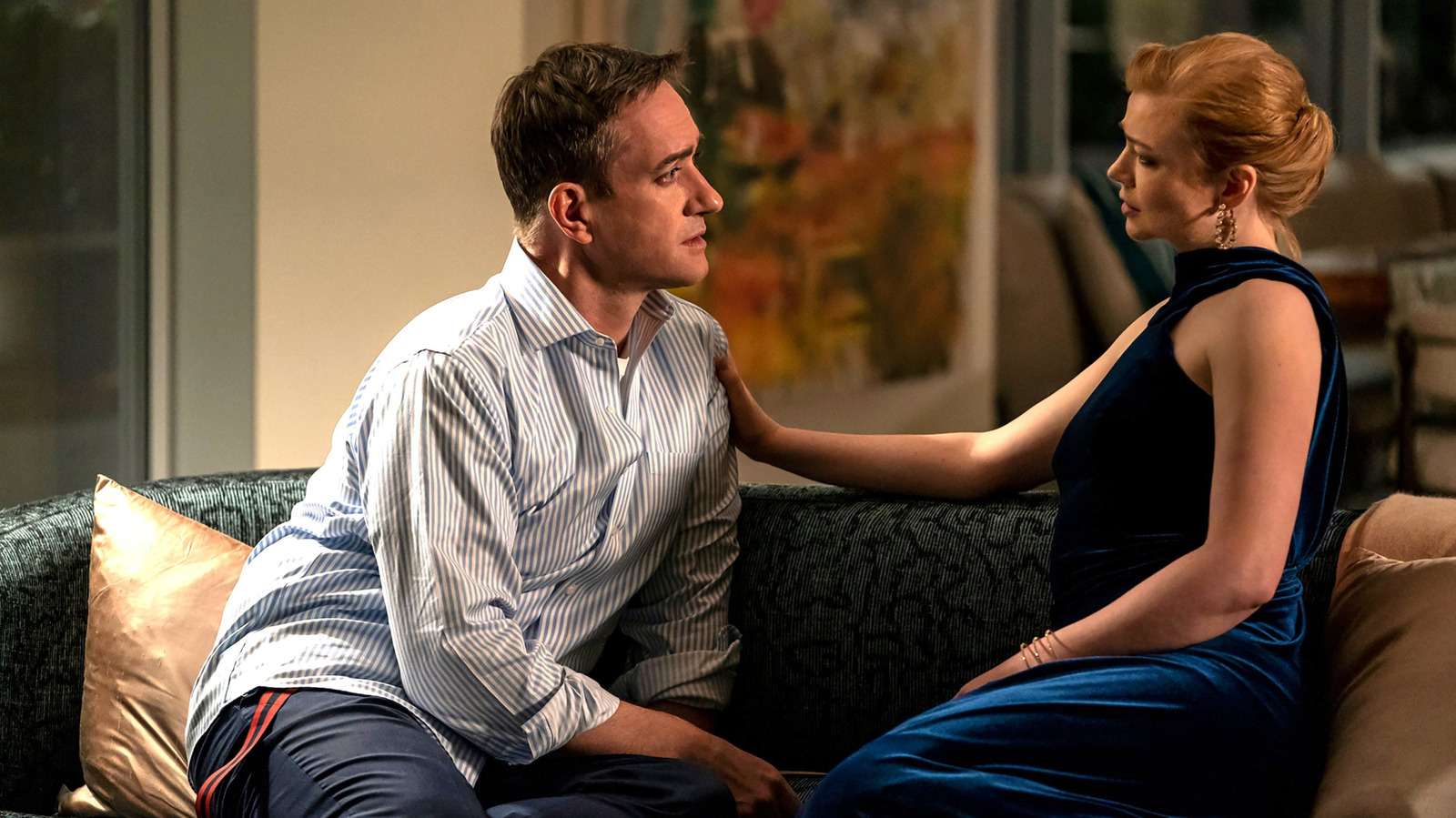
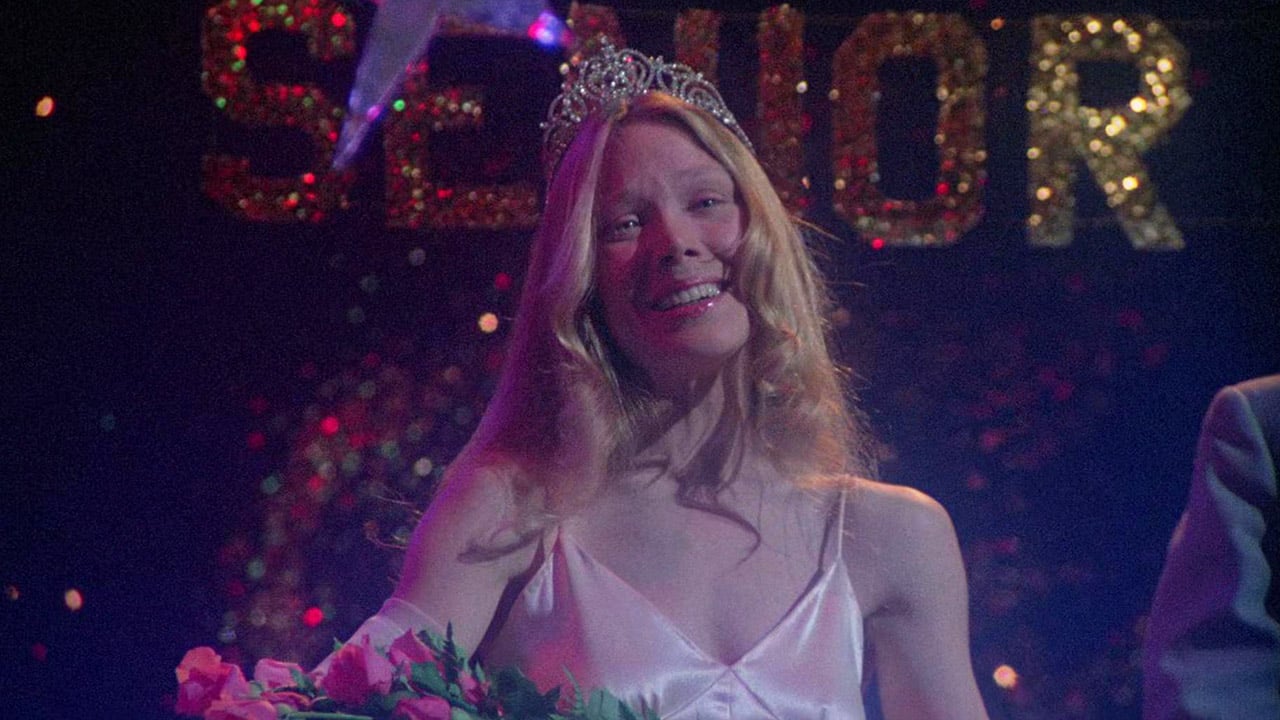
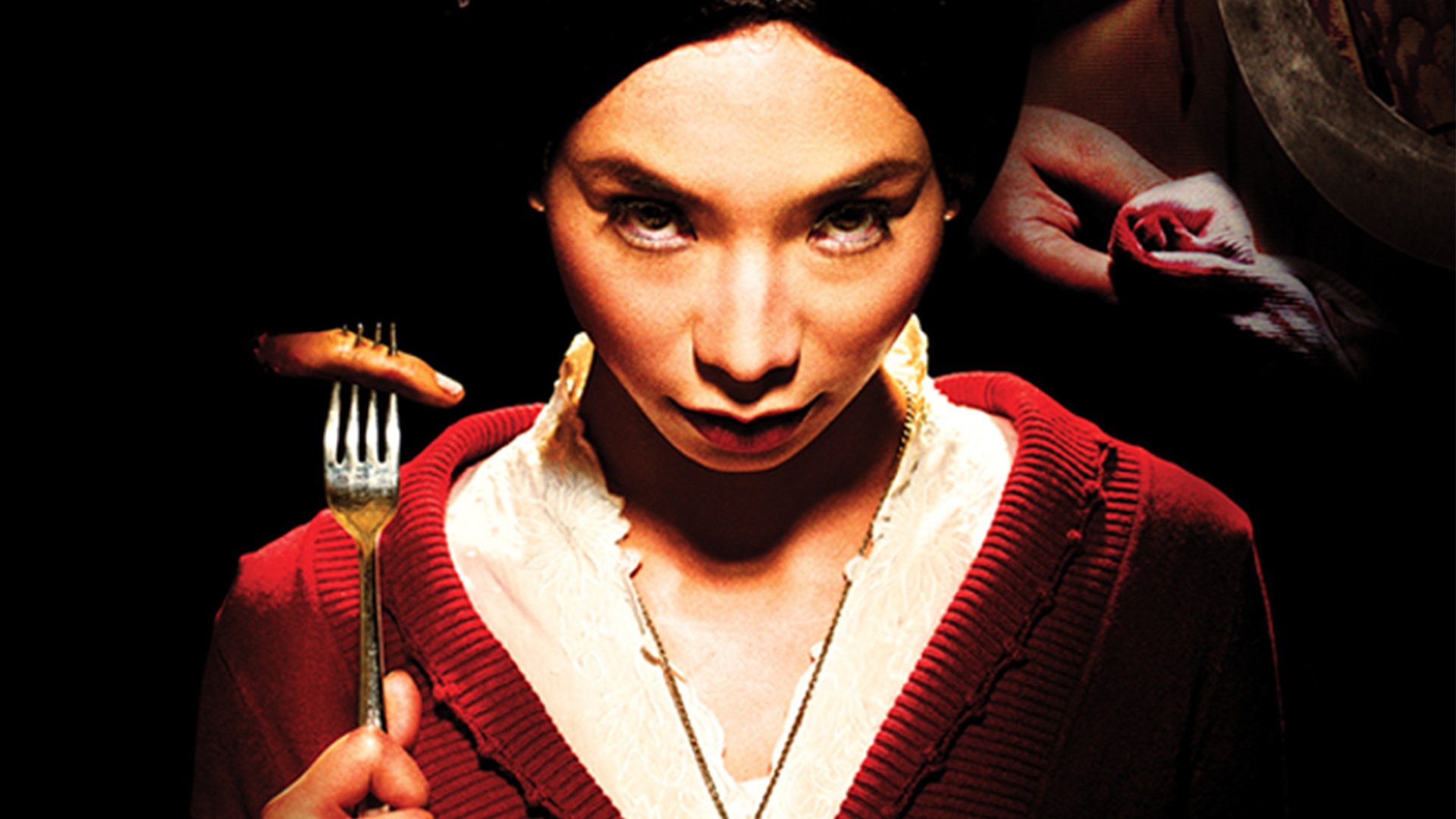
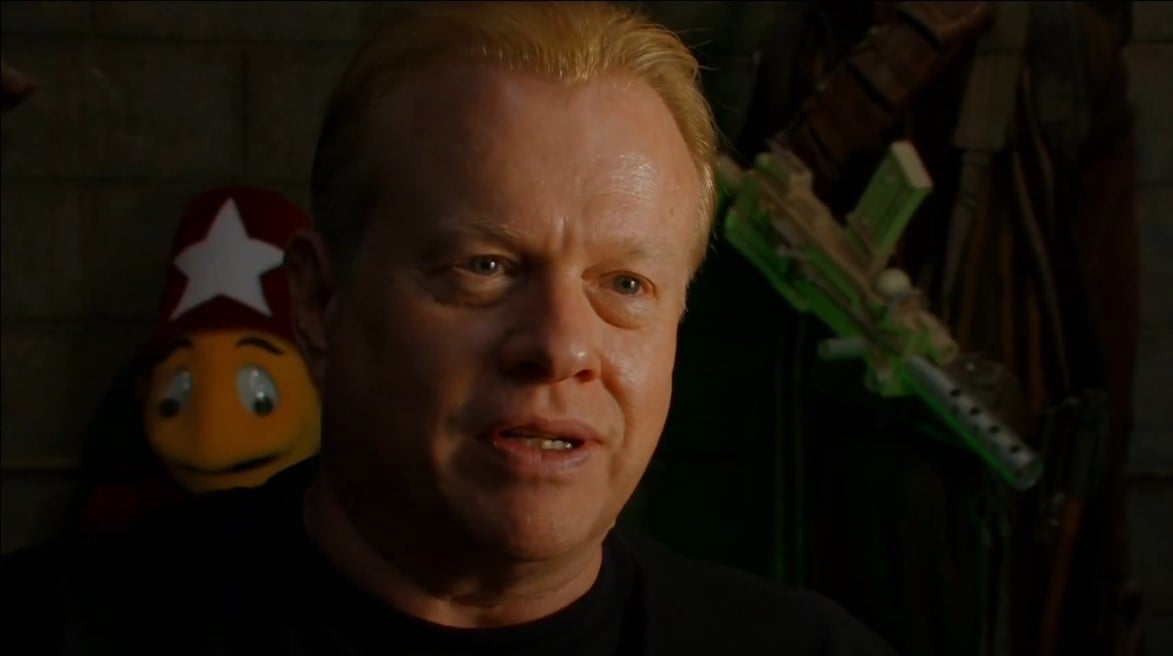
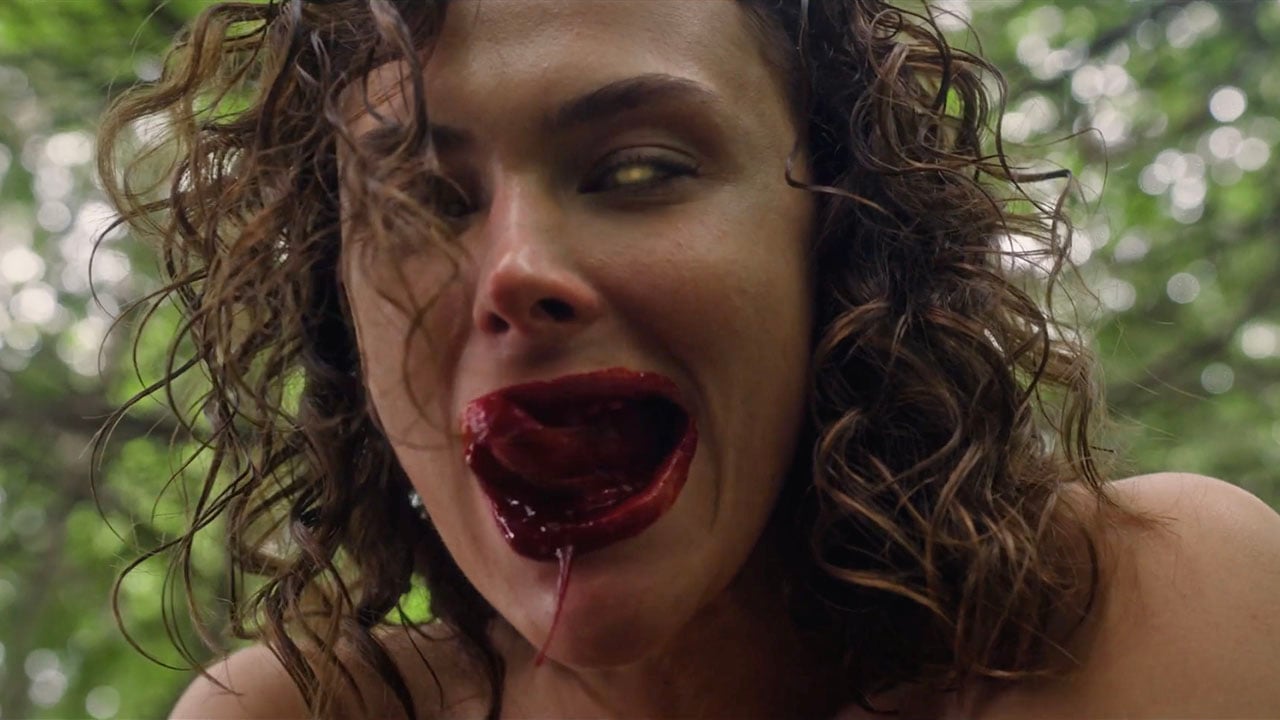












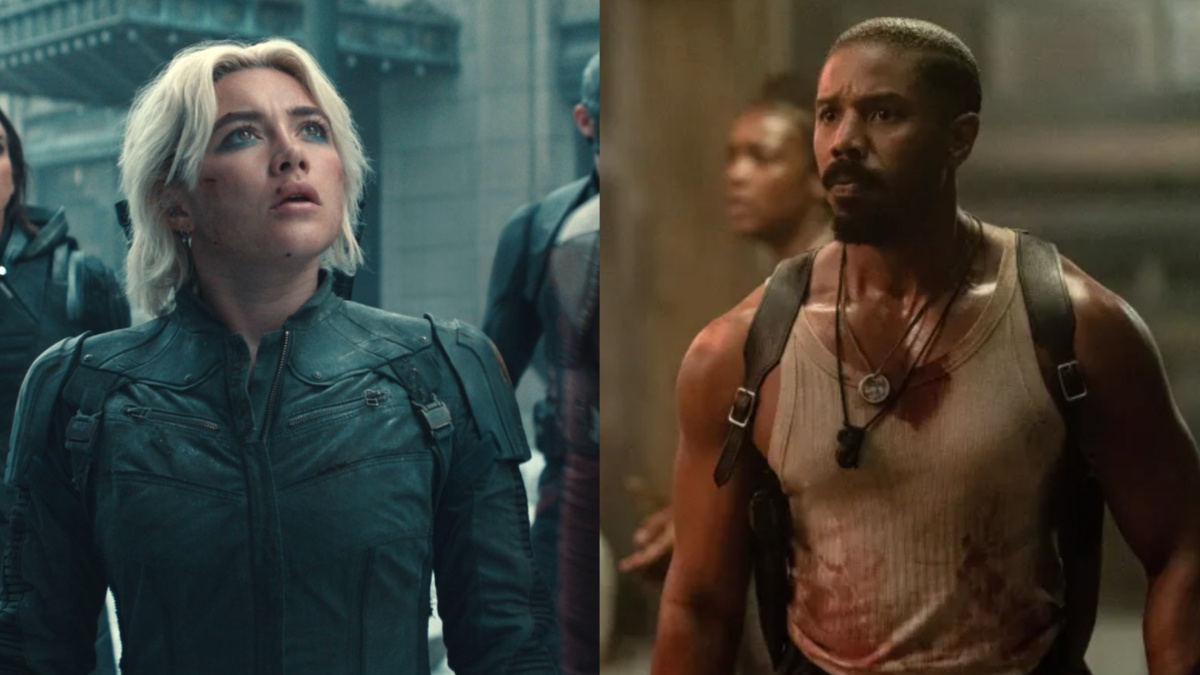

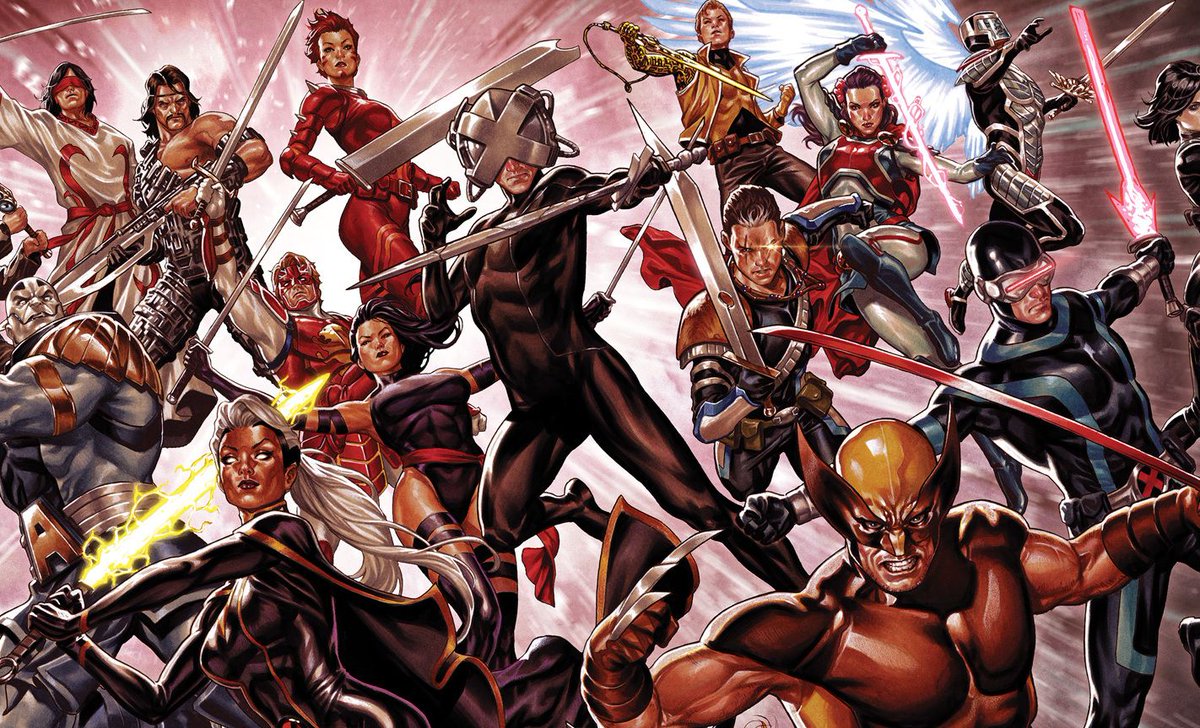




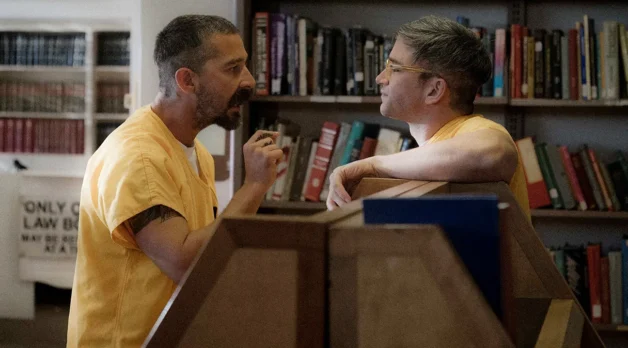


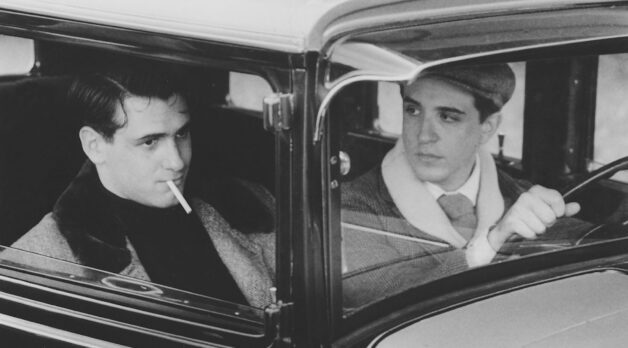








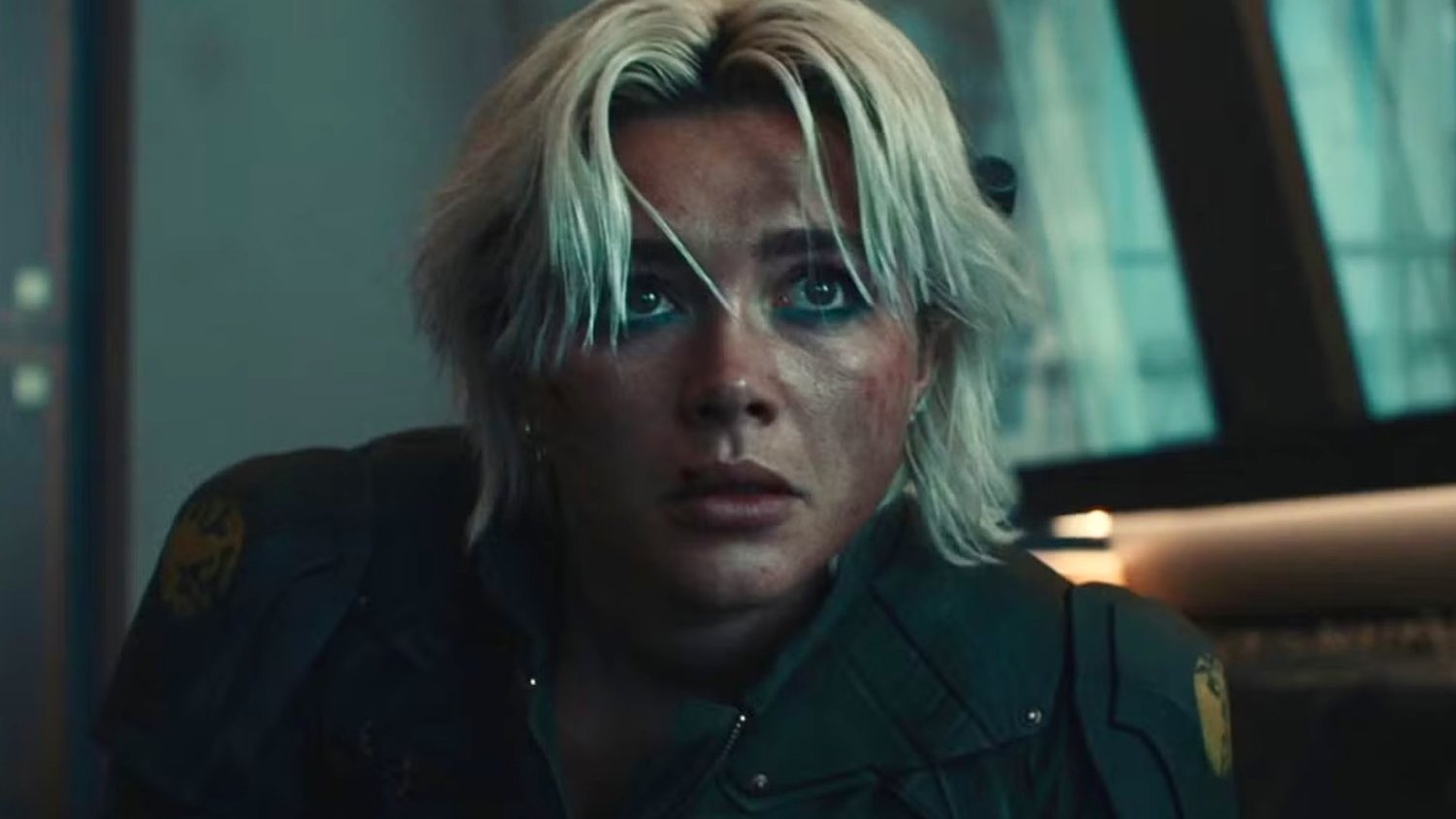
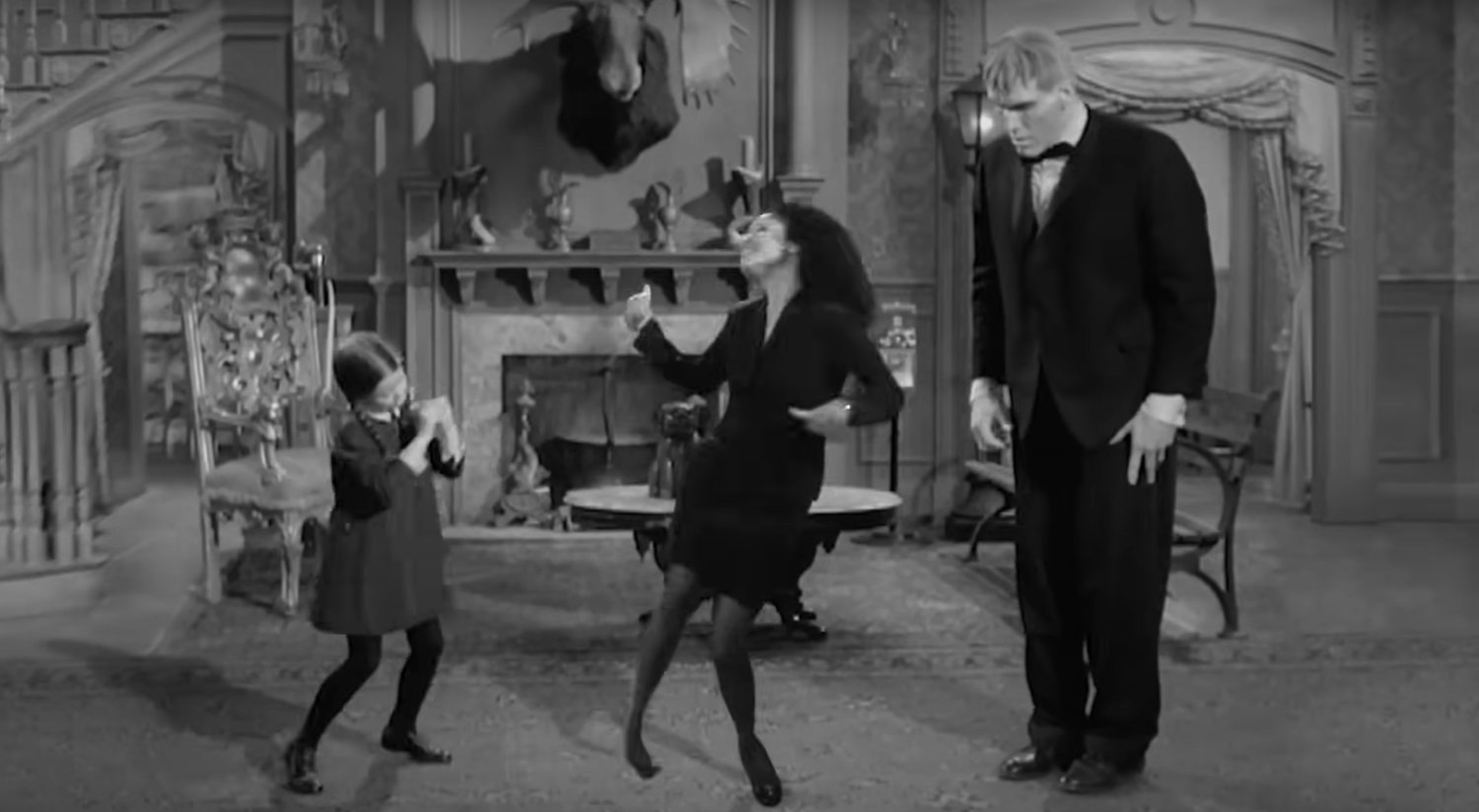
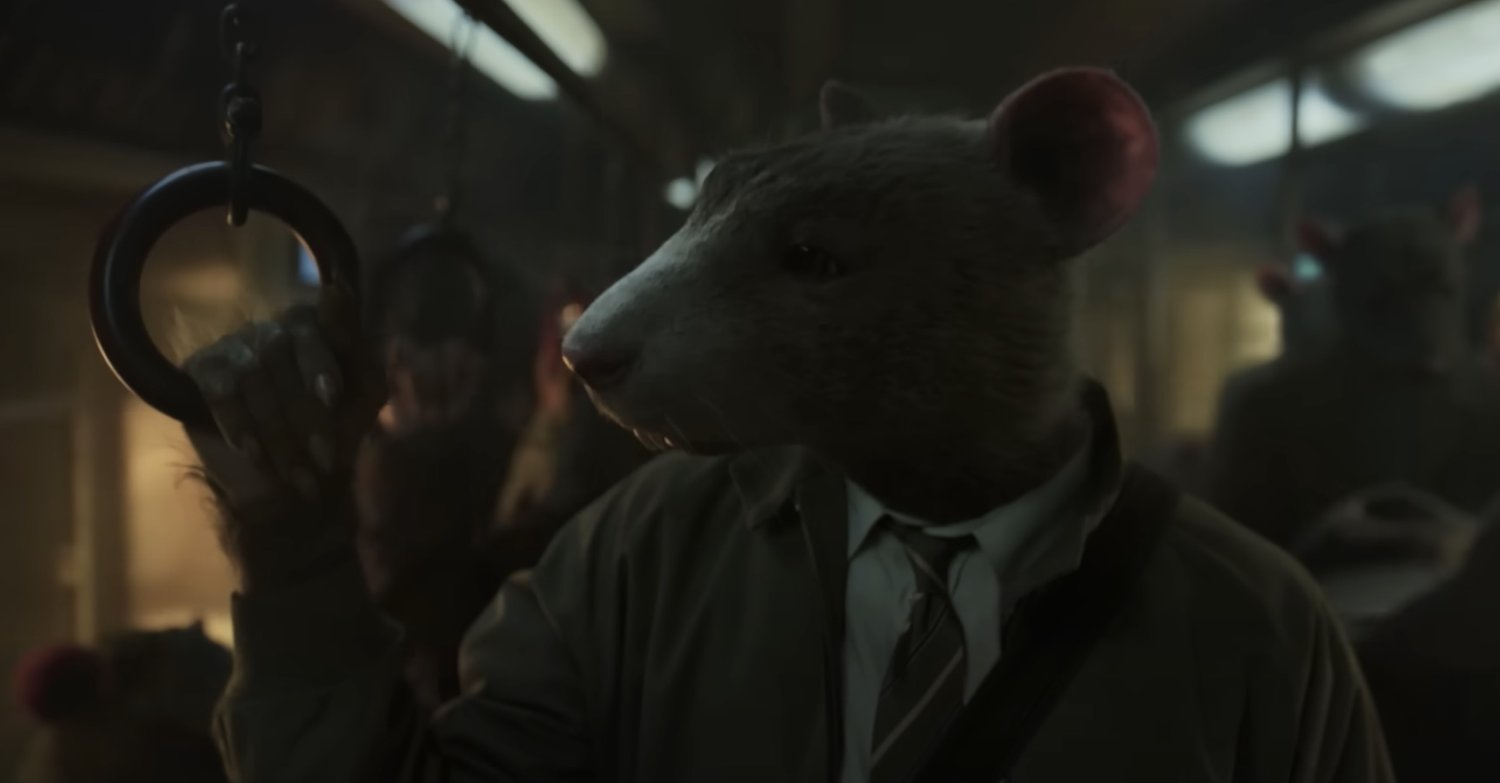
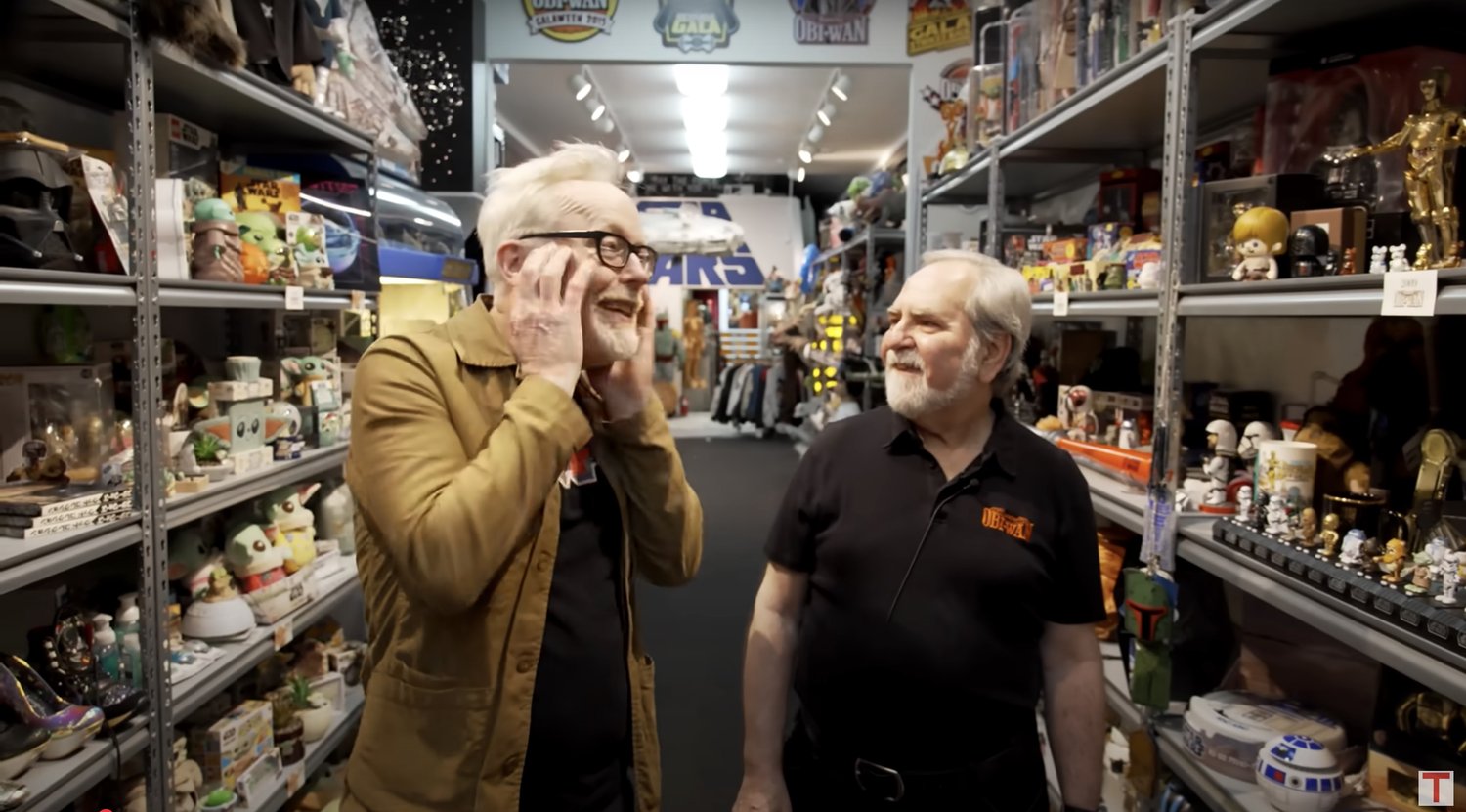








![Hollow Rendition [on SLEEPY HOLLOW]](https://jonathanrosenbaum.net/wp-content/uploads/2010/03/sleepy-hollow32.jpg)
![It All Adds Up [FOUR CORNERS]](https://jonathanrosenbaum.net/wp-content/uploads/2010/08/fourcorners.jpg)

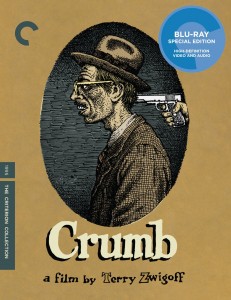
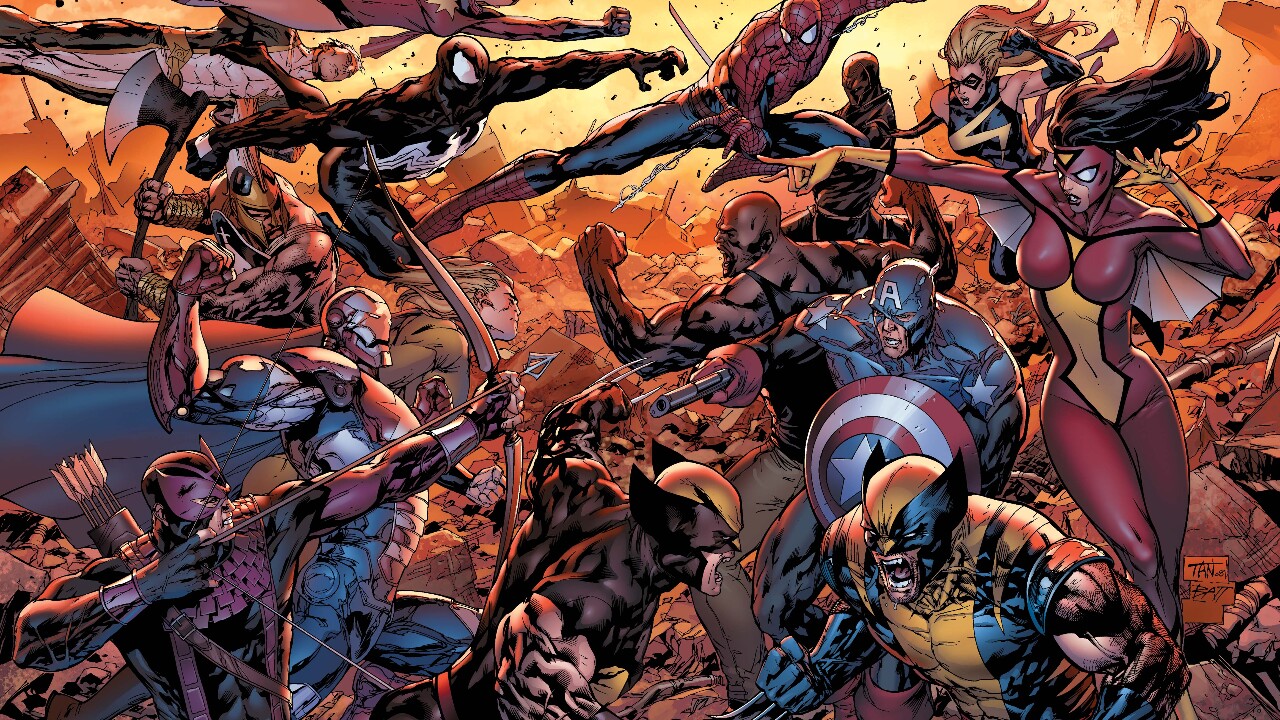

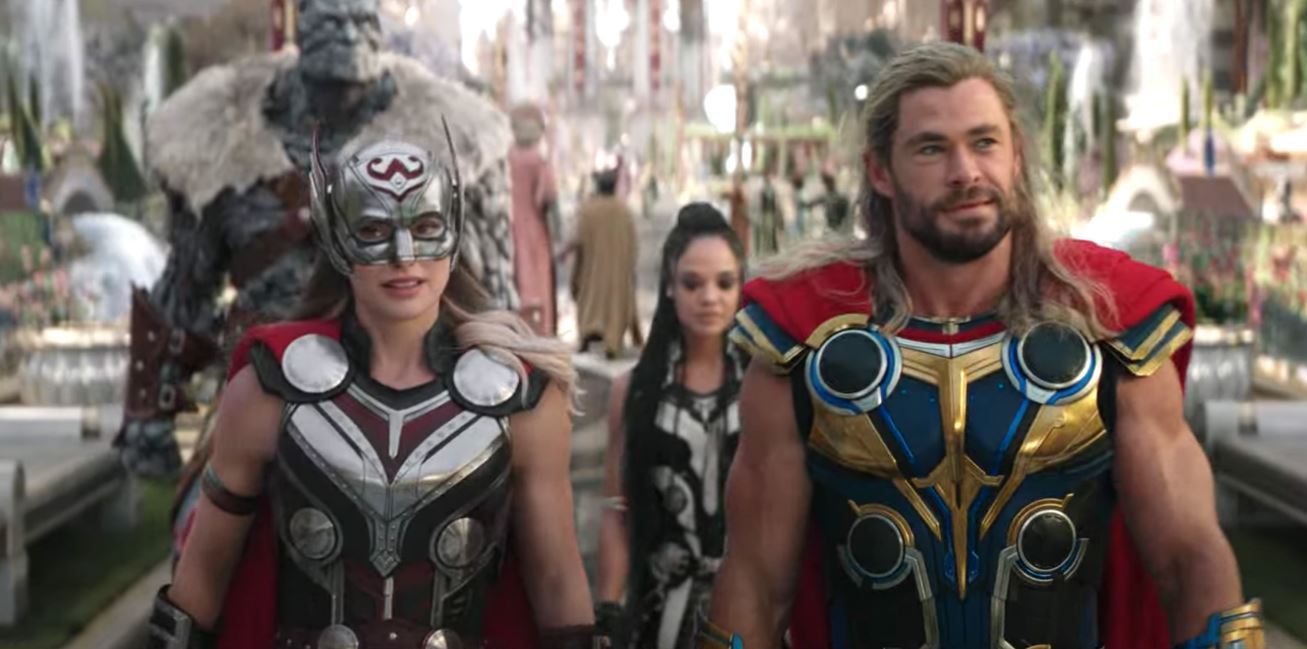
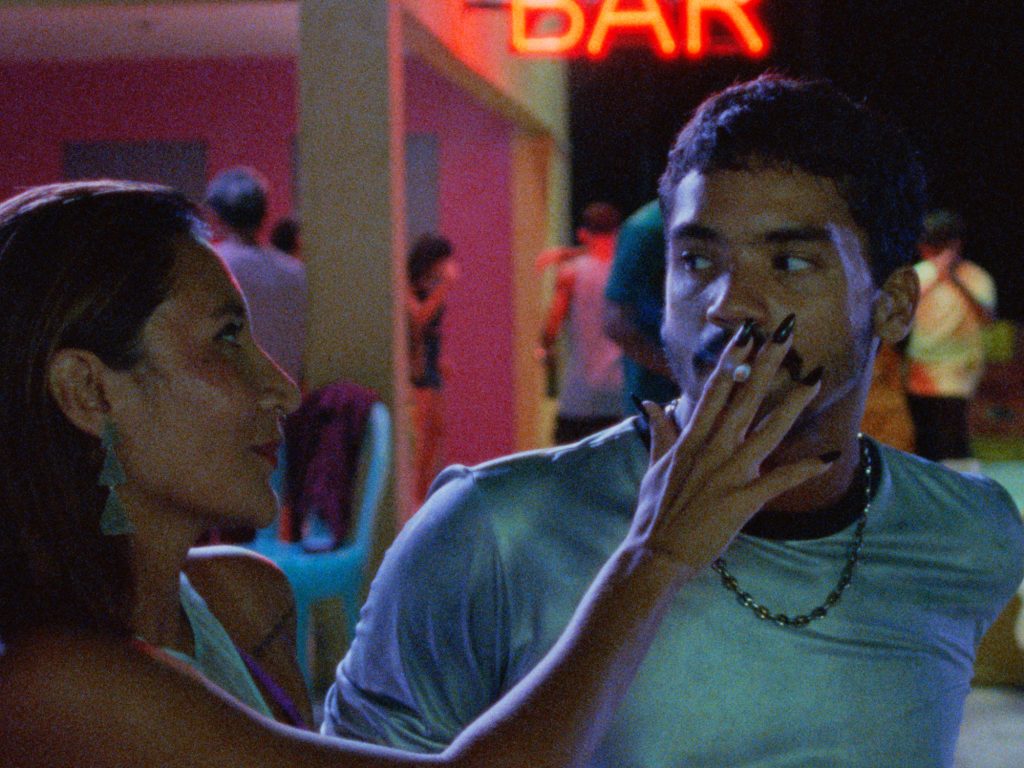
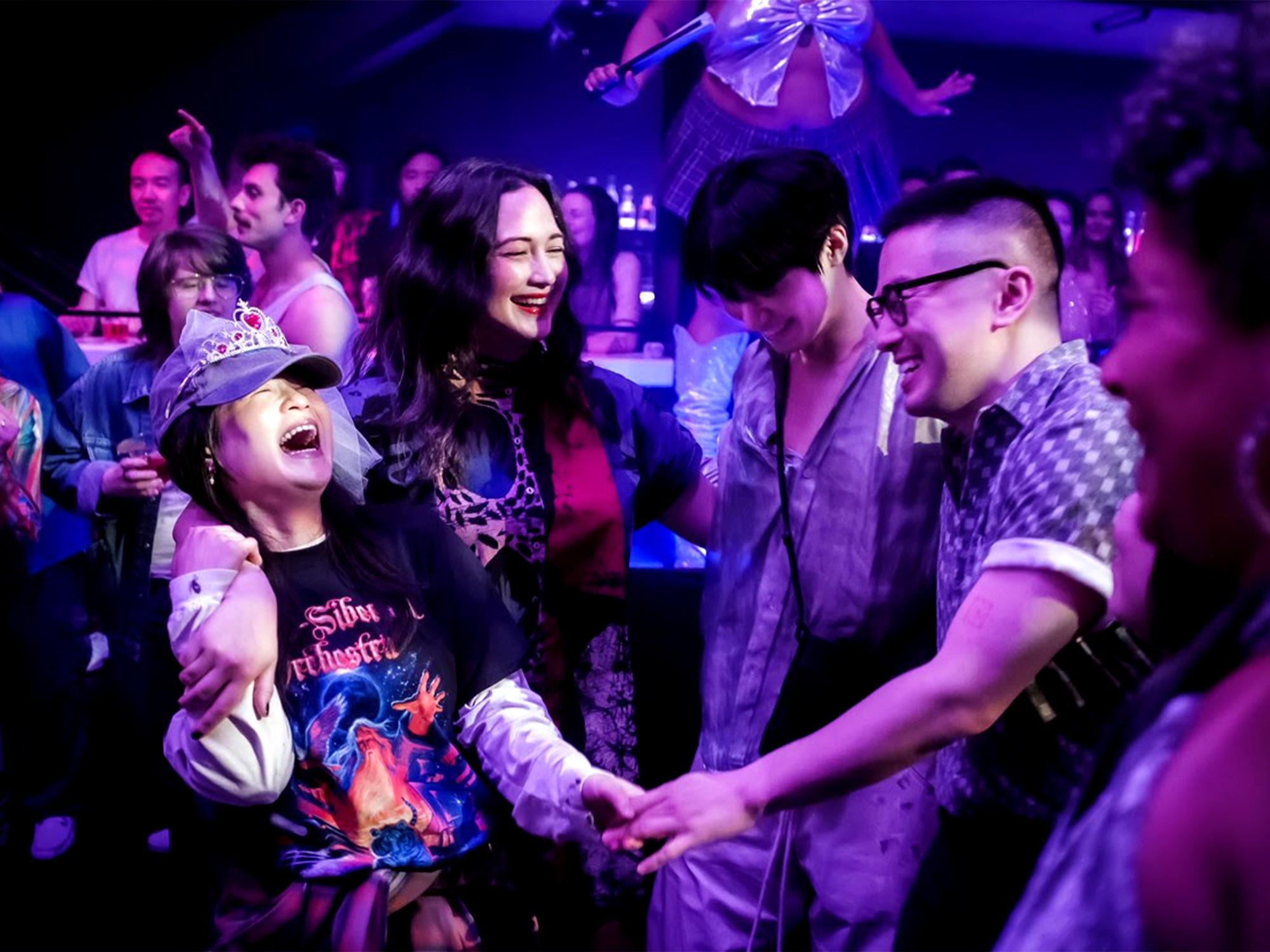
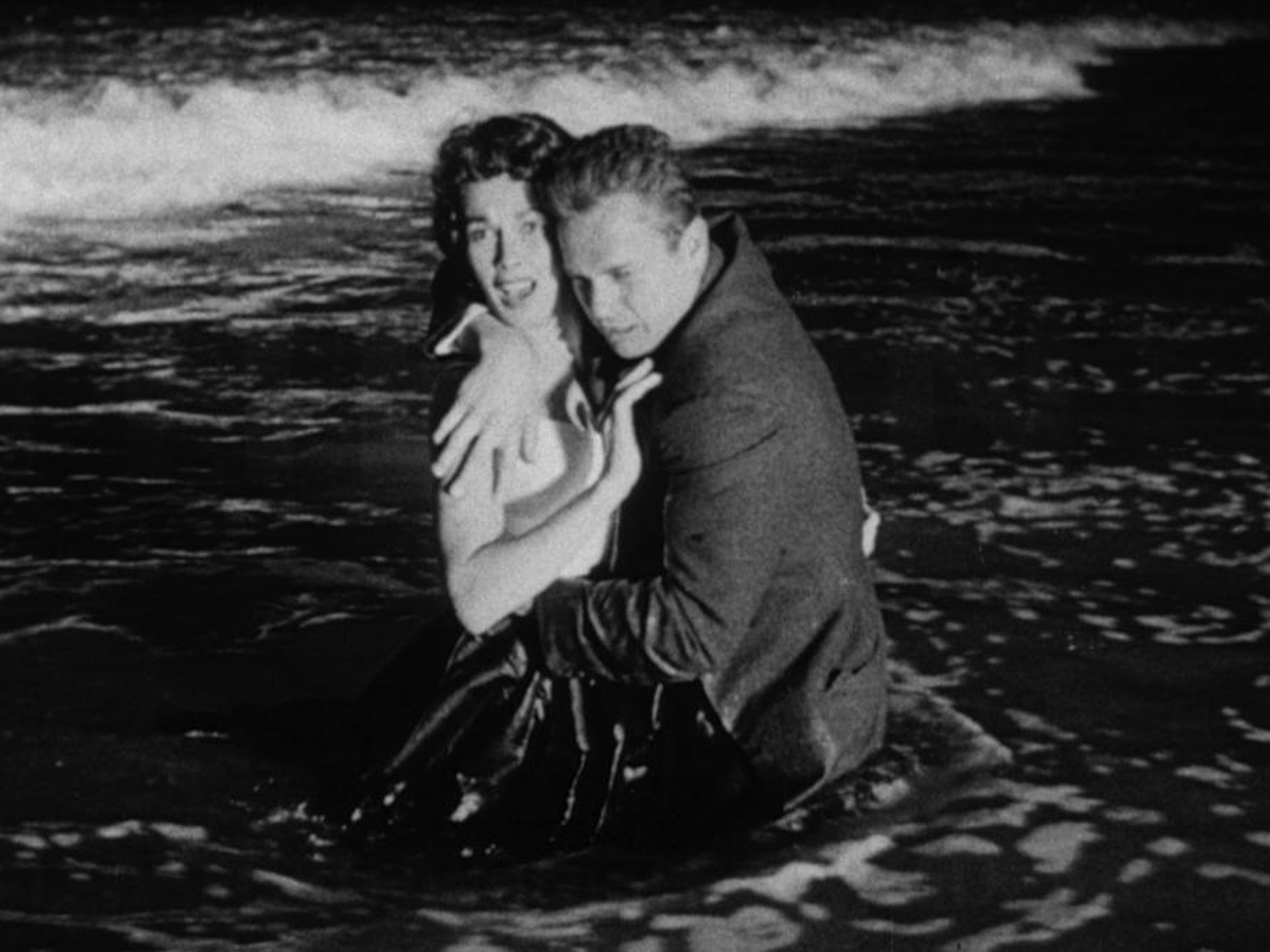








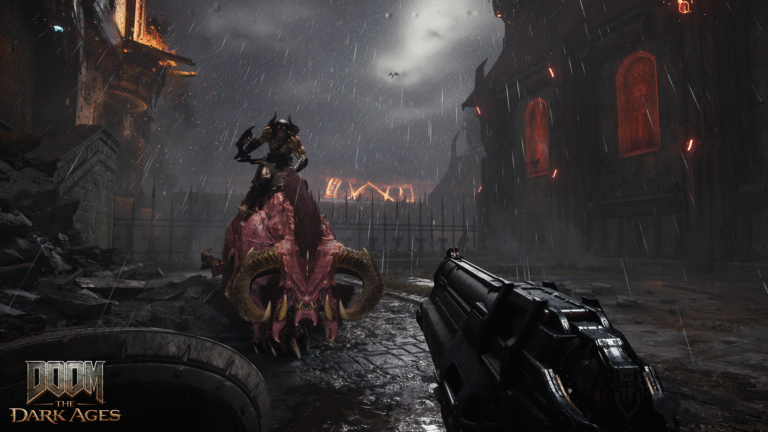
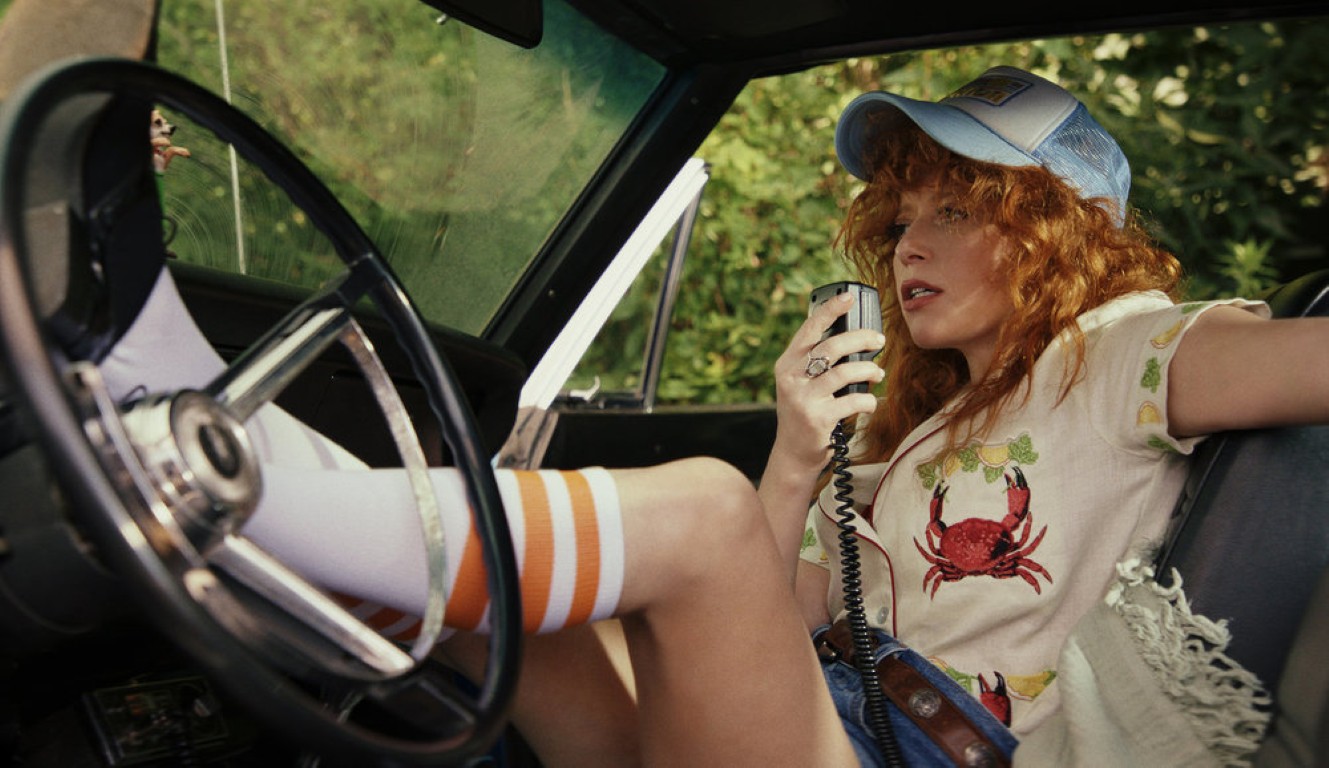
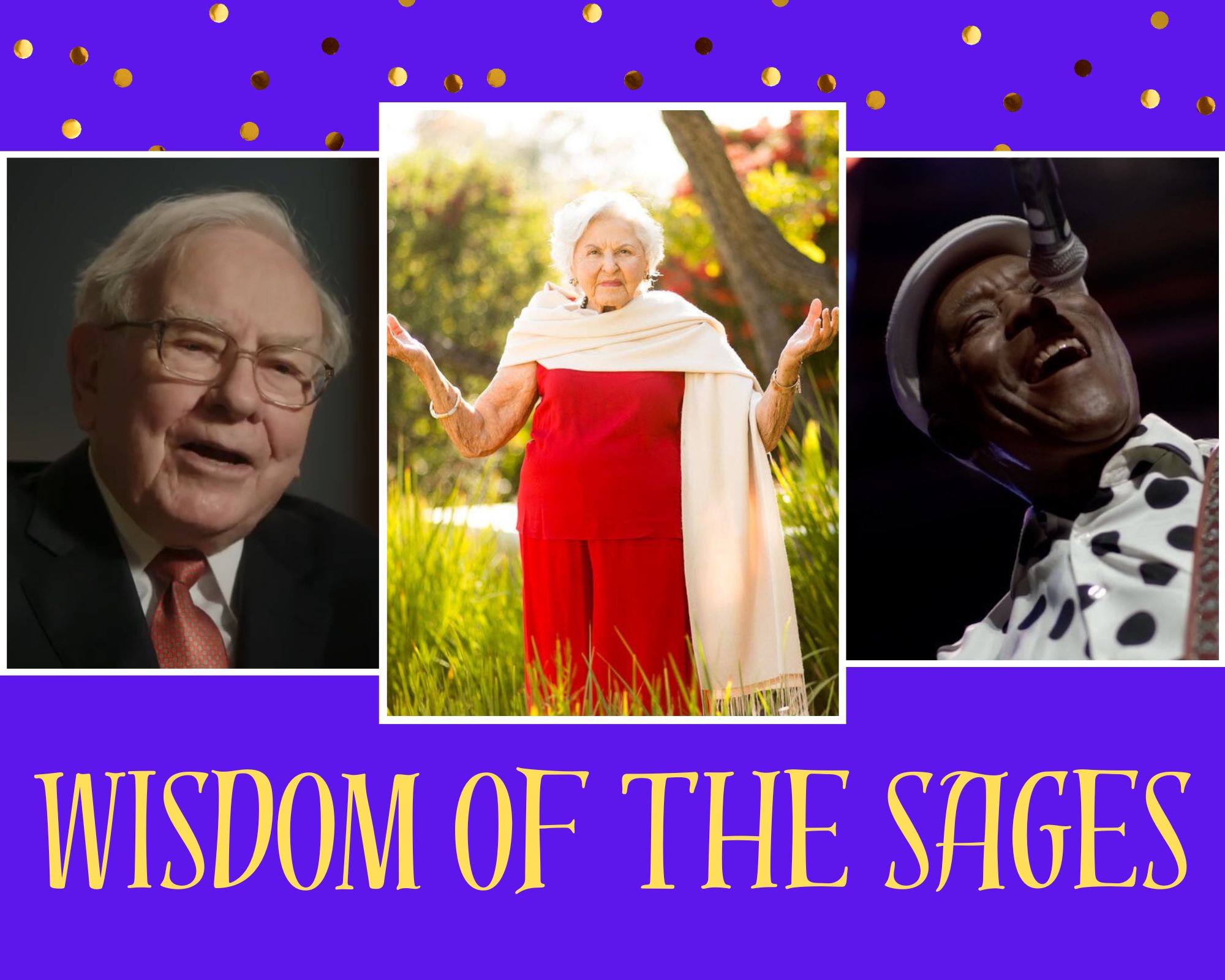




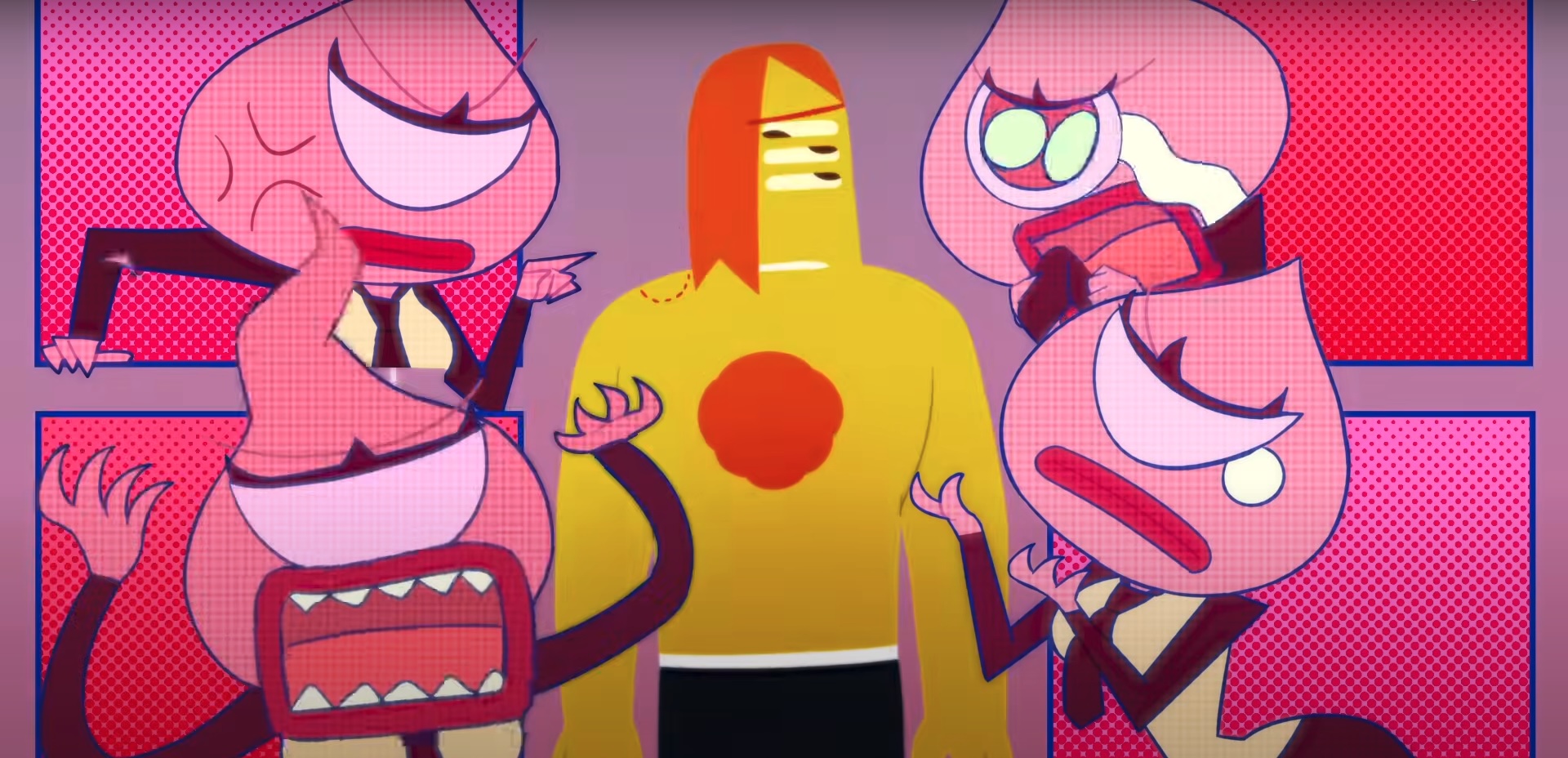
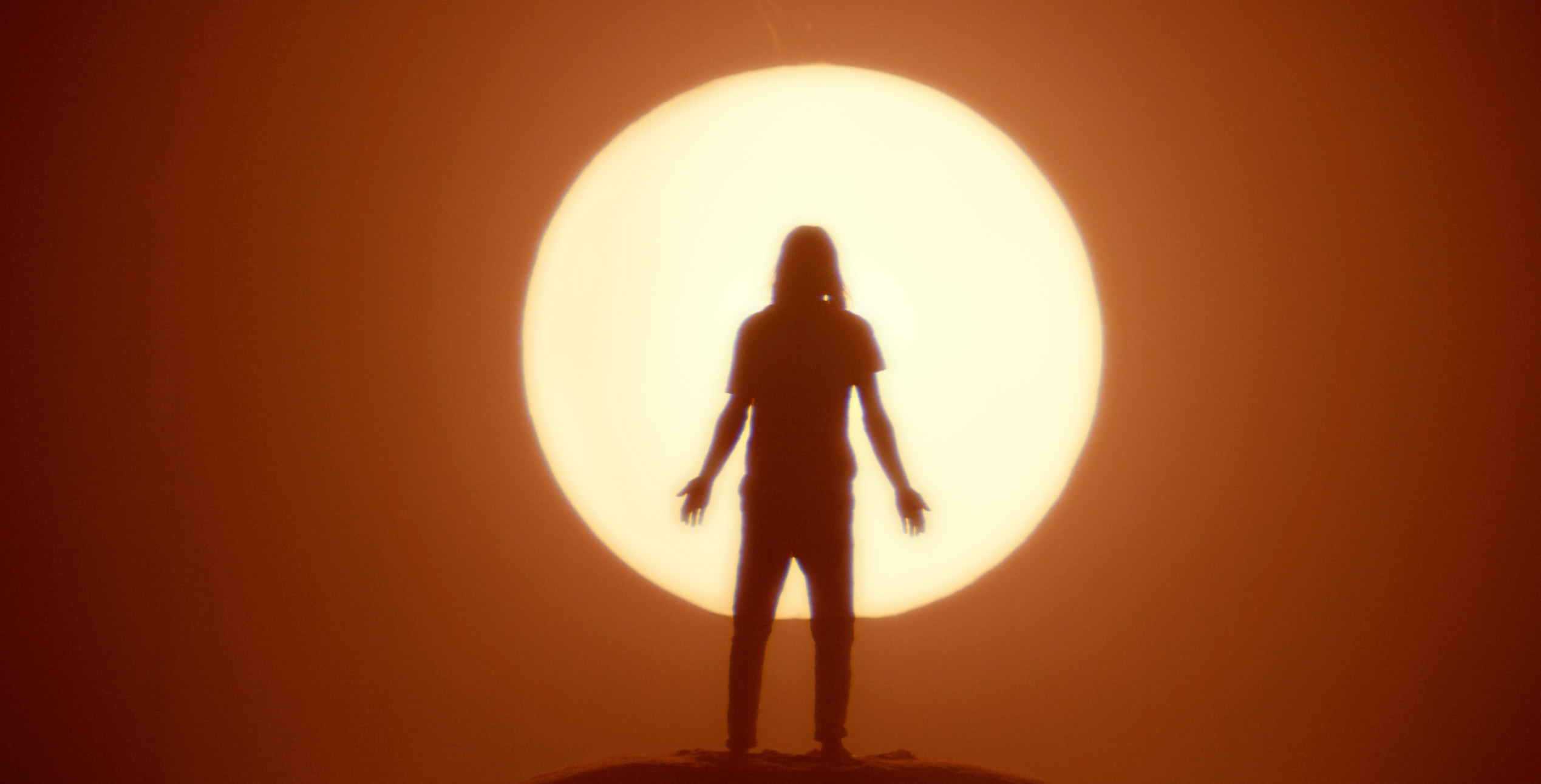
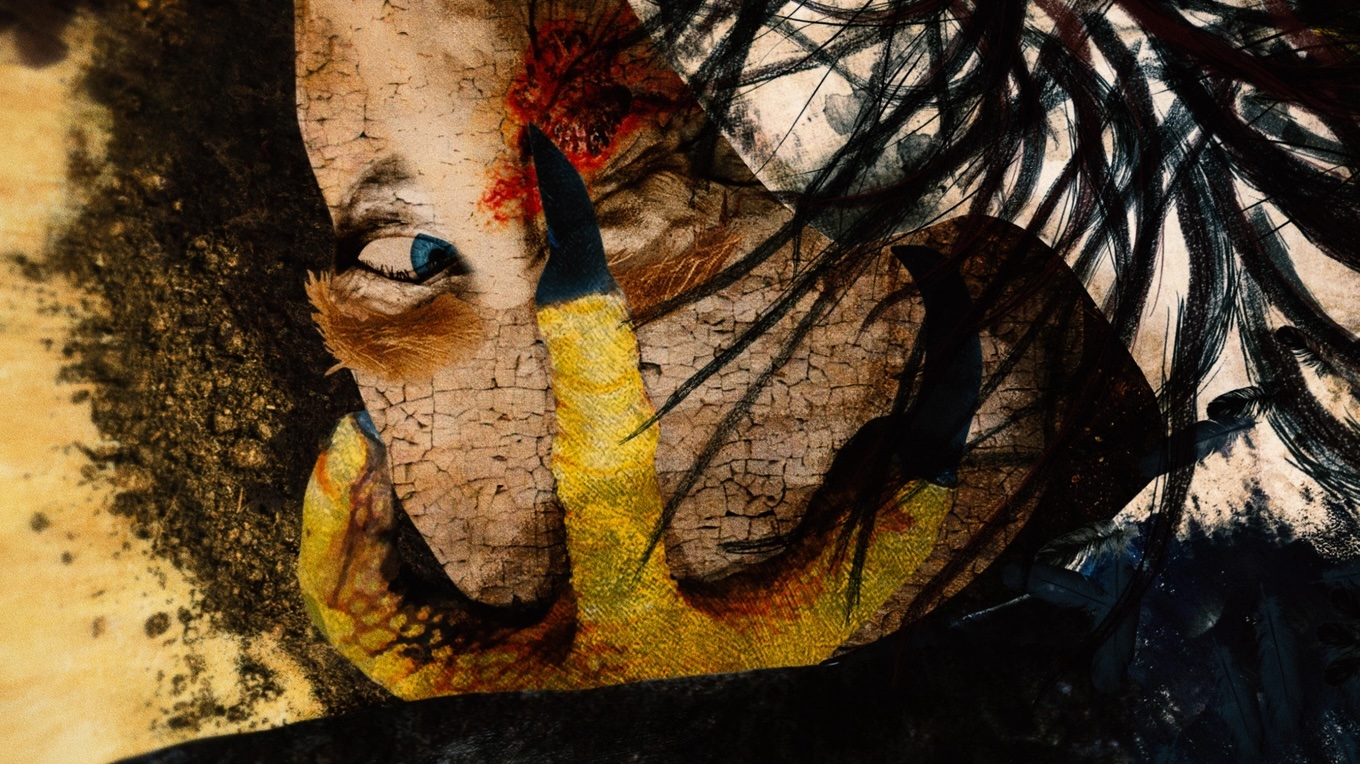
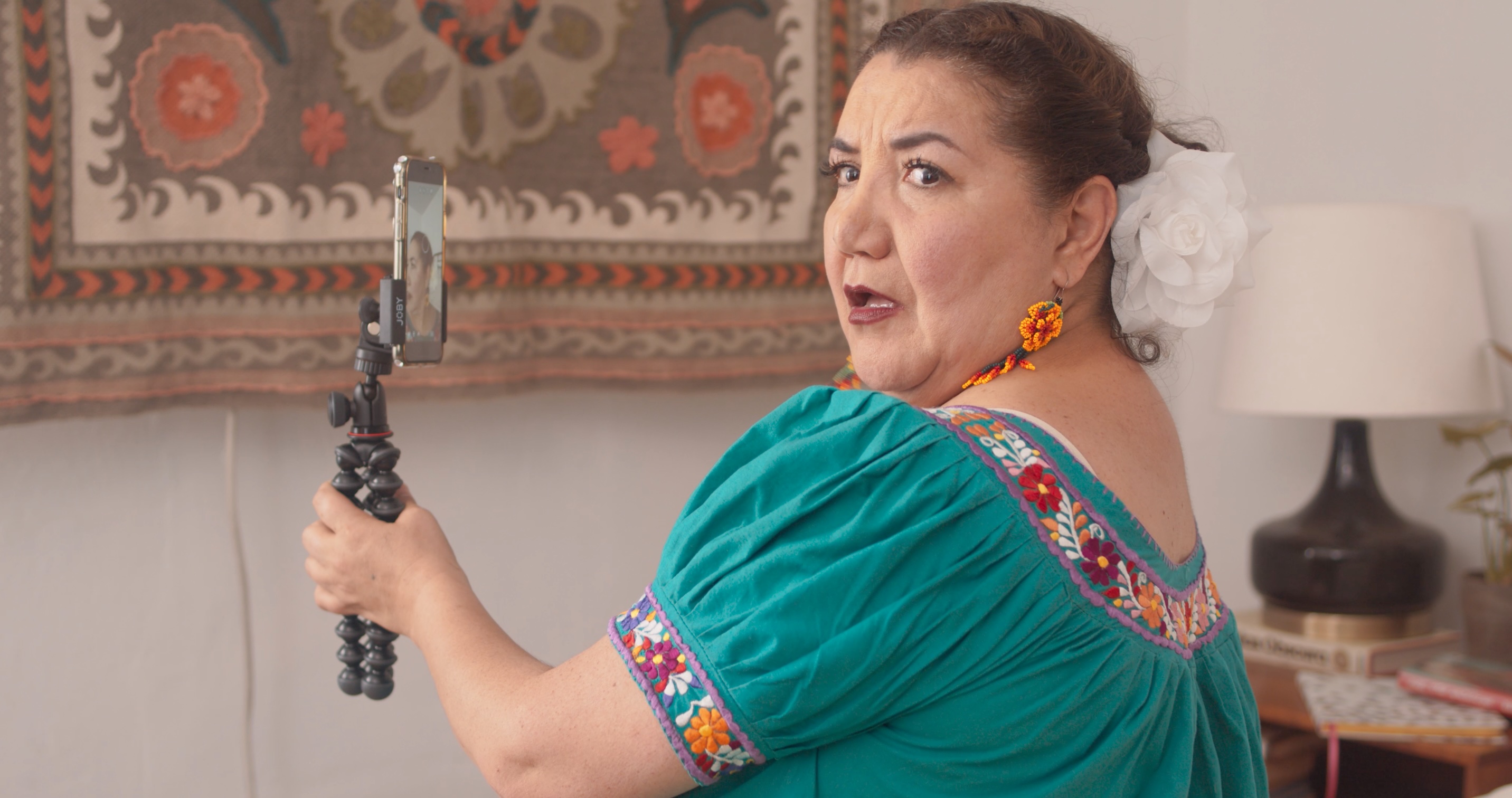
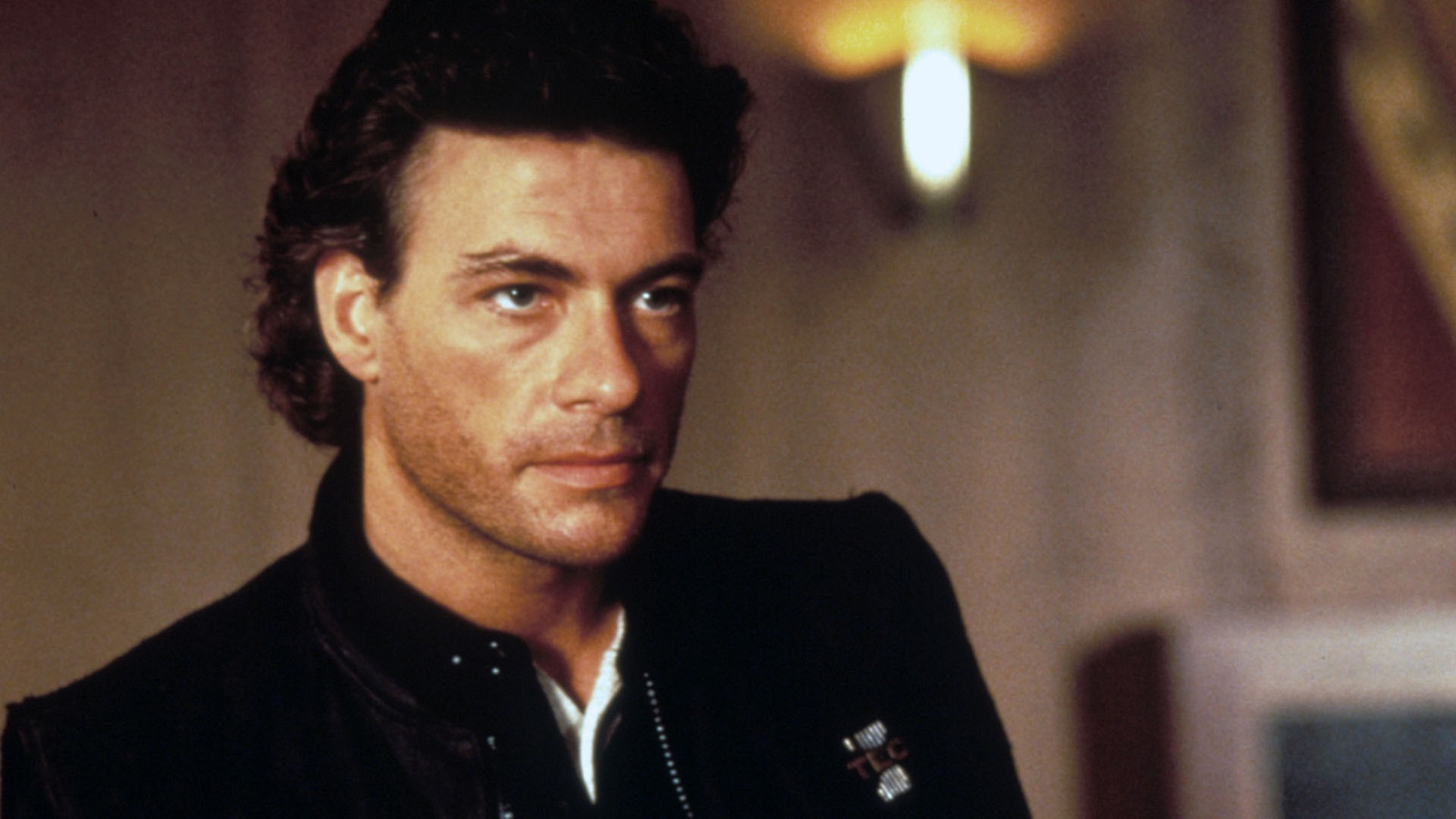
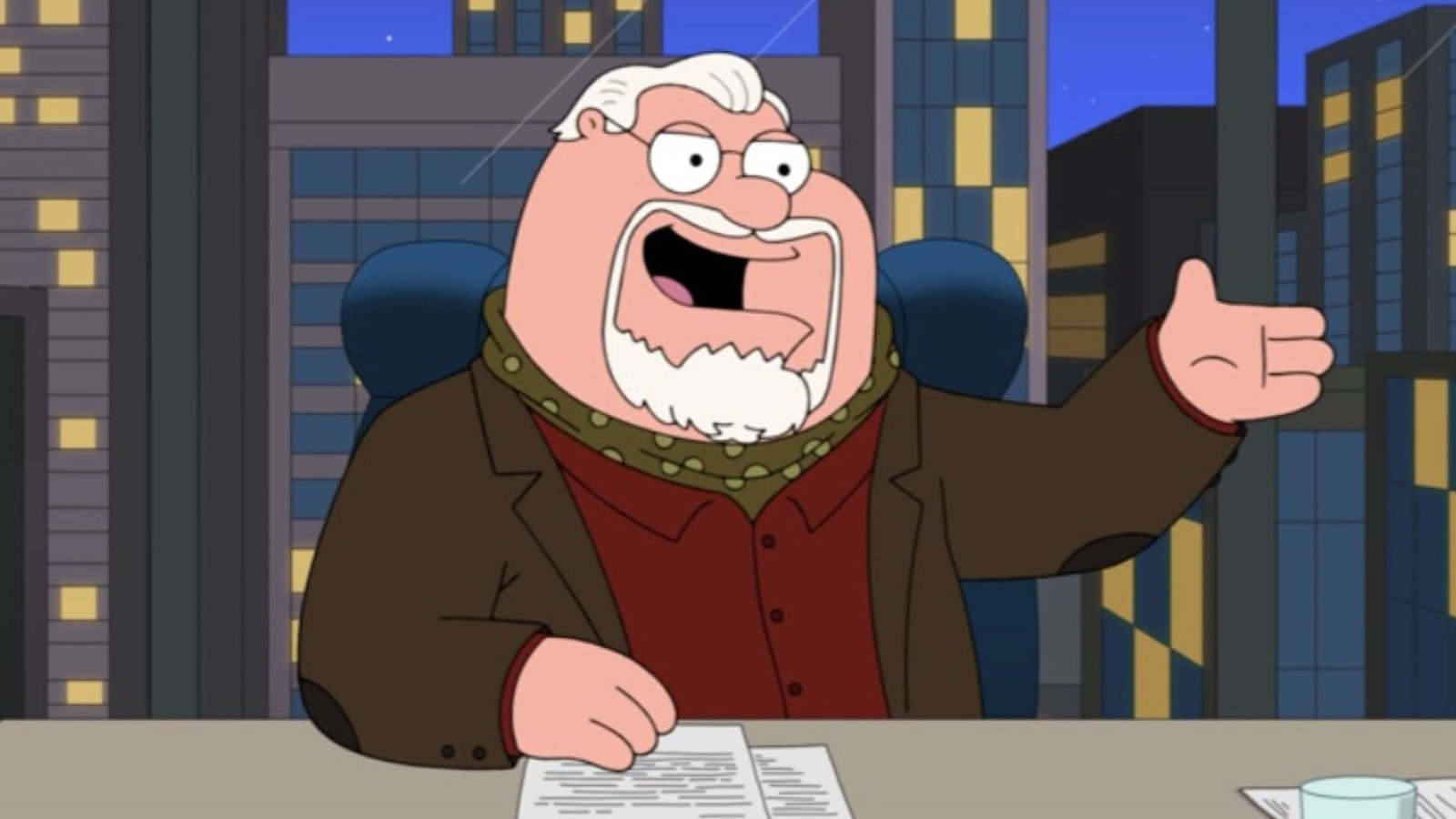
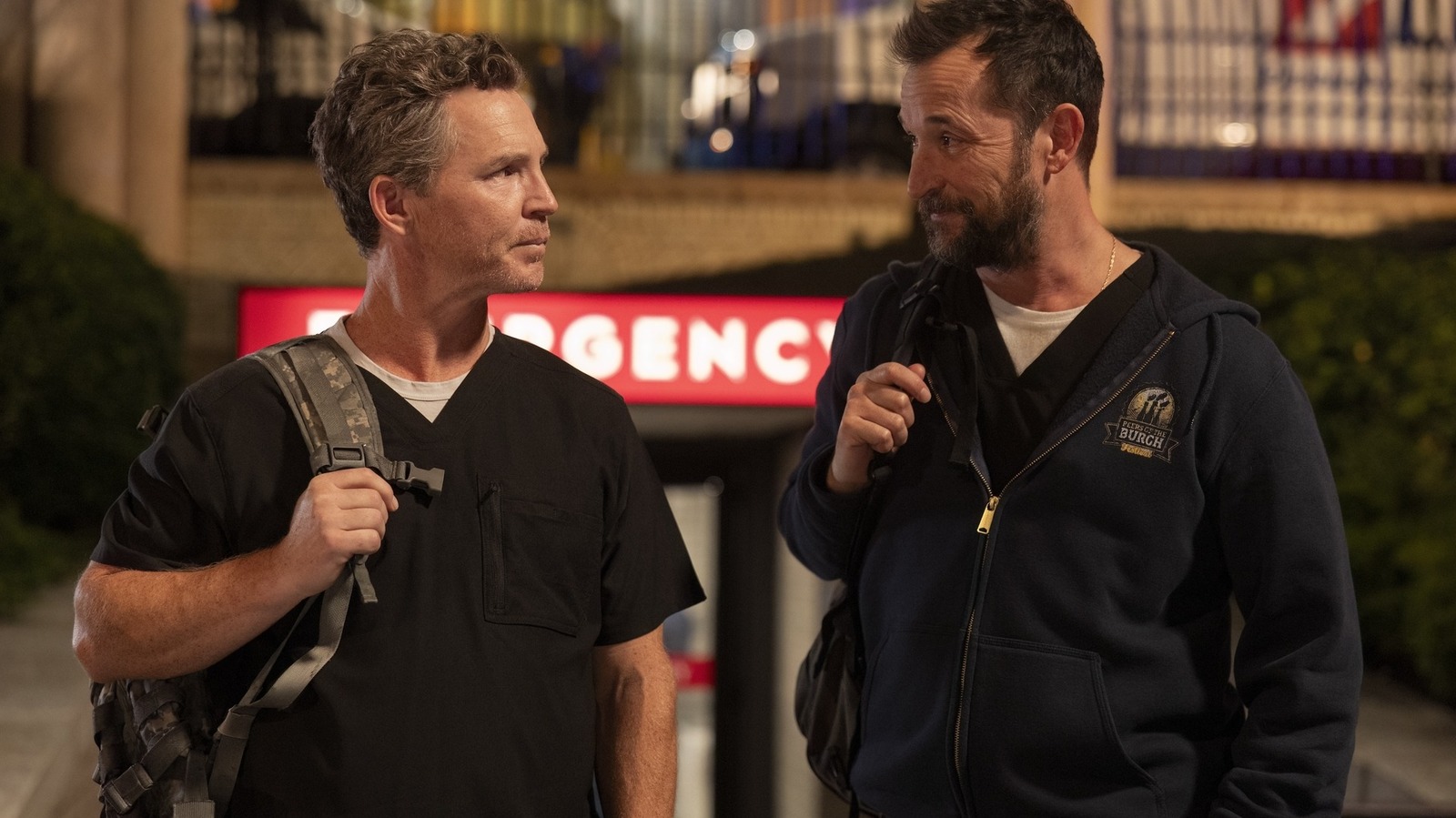






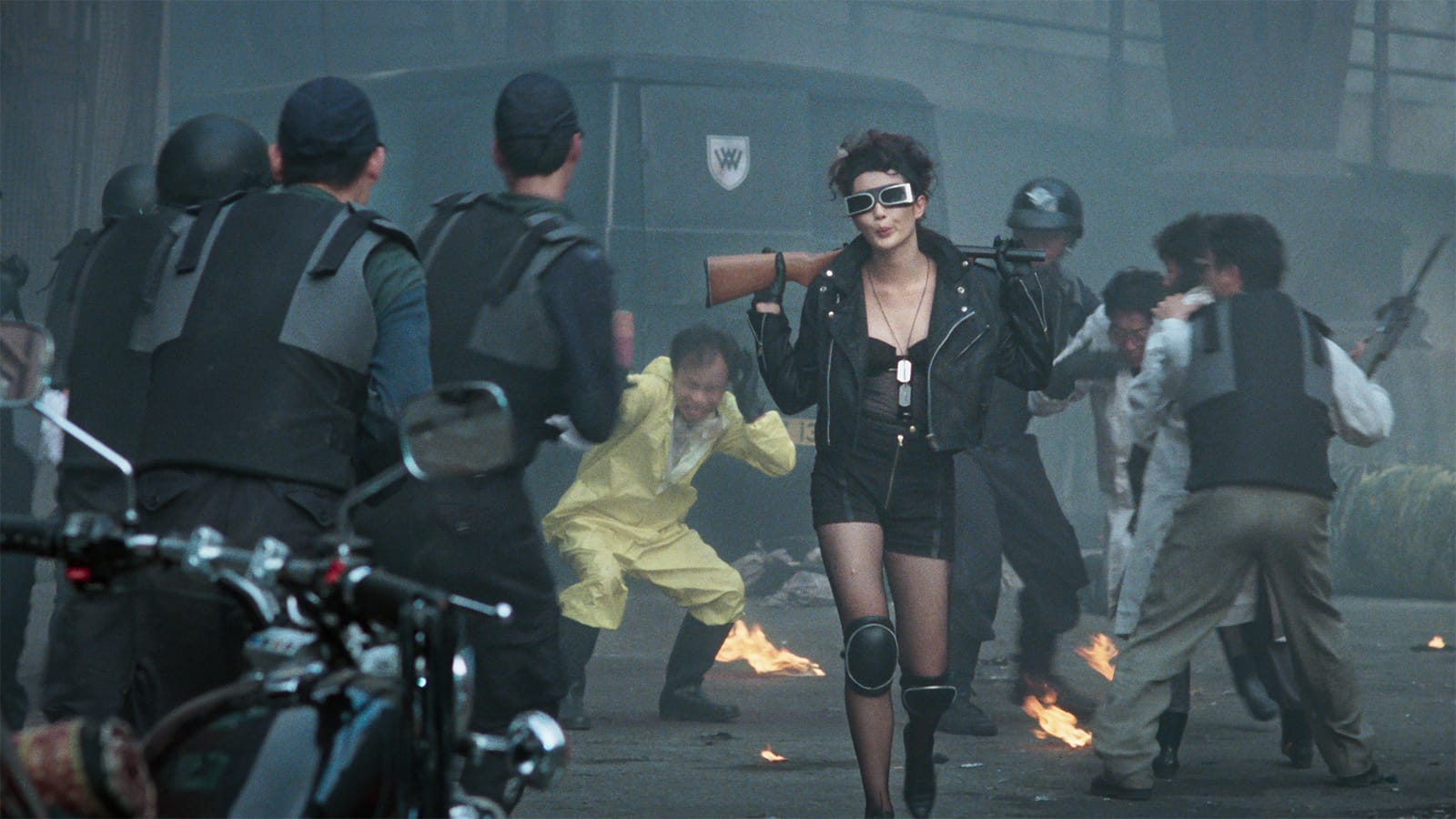
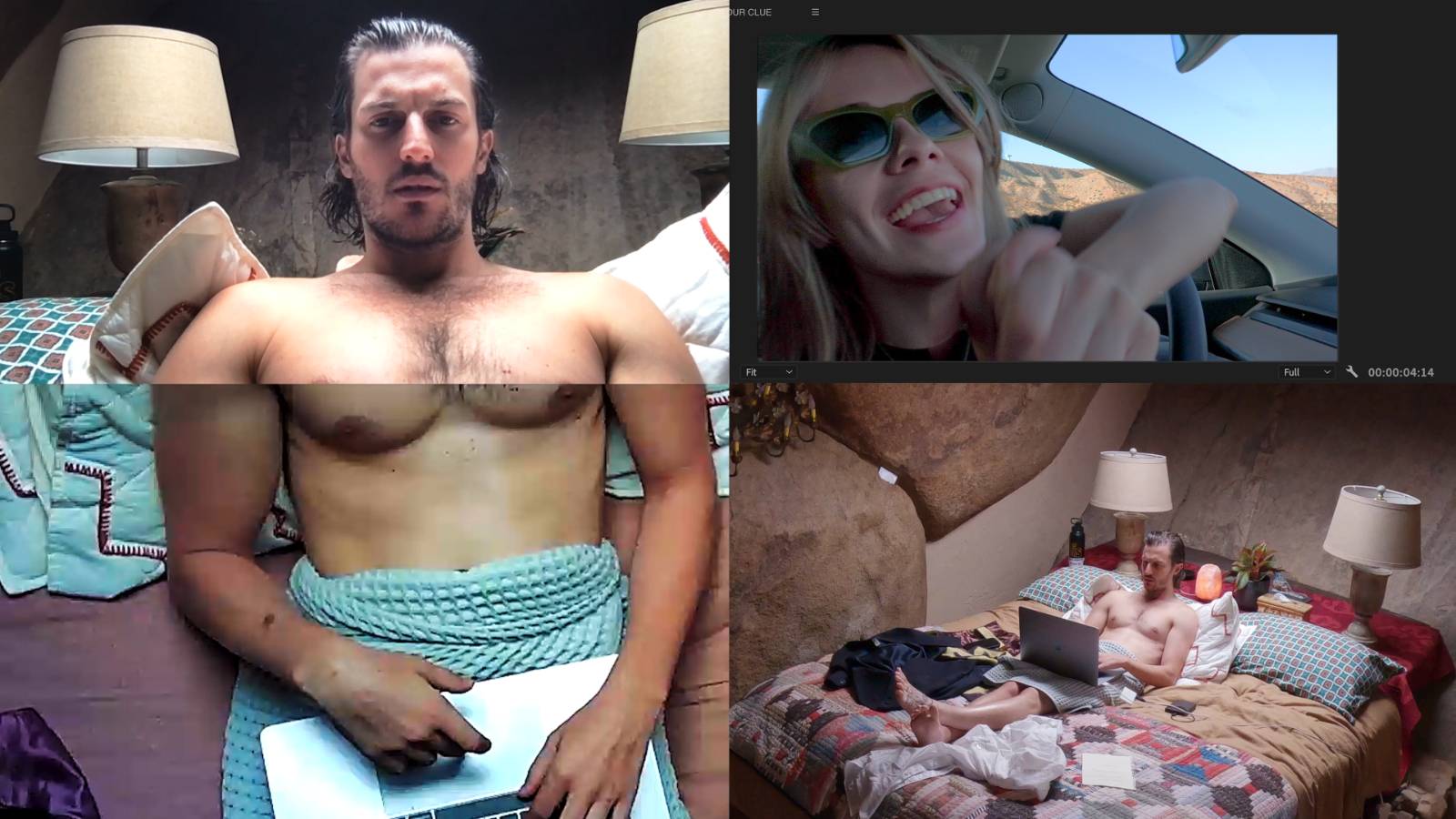




![Natasha Rothwell Pitched Belinda’s Big Moment In ‘The White Lotus’ Season 3 [Interview]](https://cdn.theplaylist.net/wp-content/uploads/2025/05/09171530/NatashaRothwellWhiteLotusSeason2.jpg)



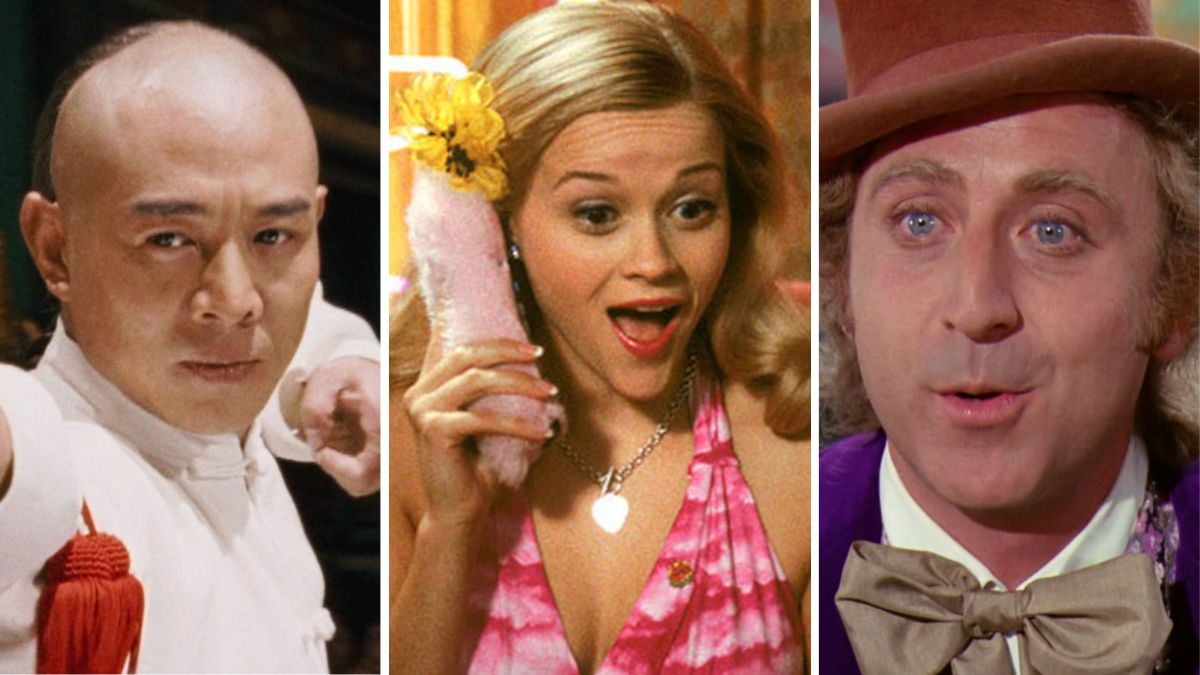


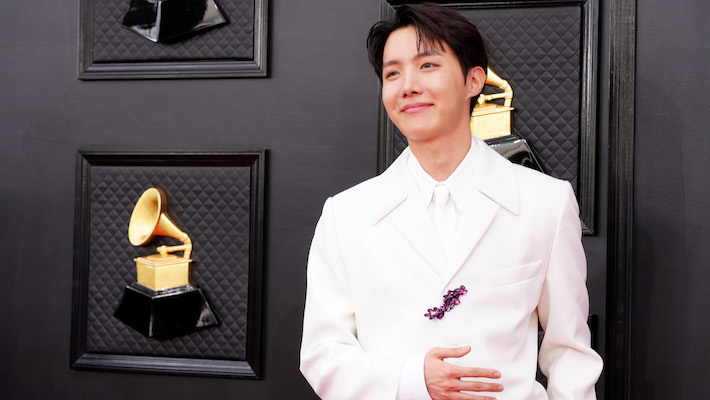


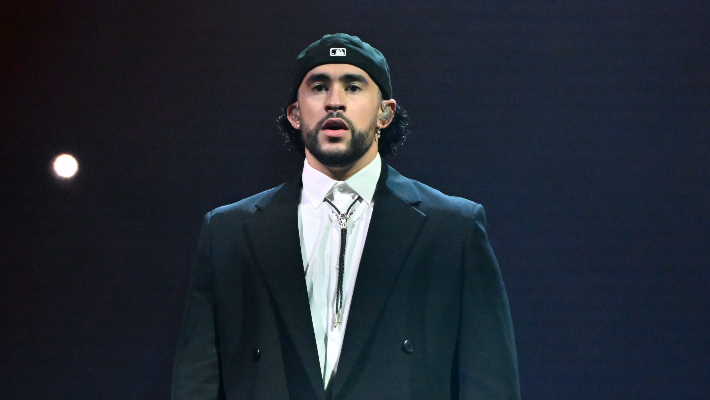







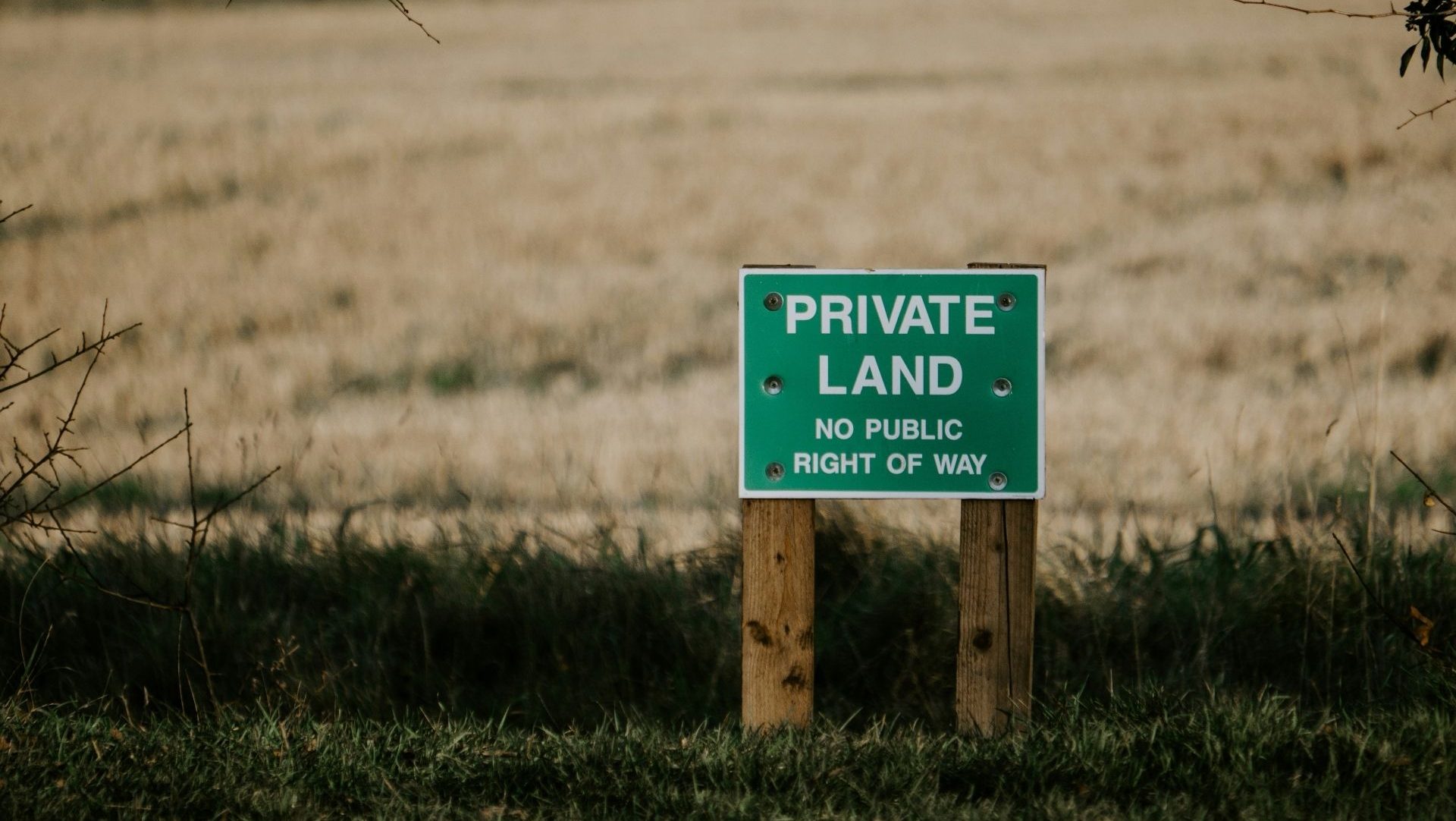
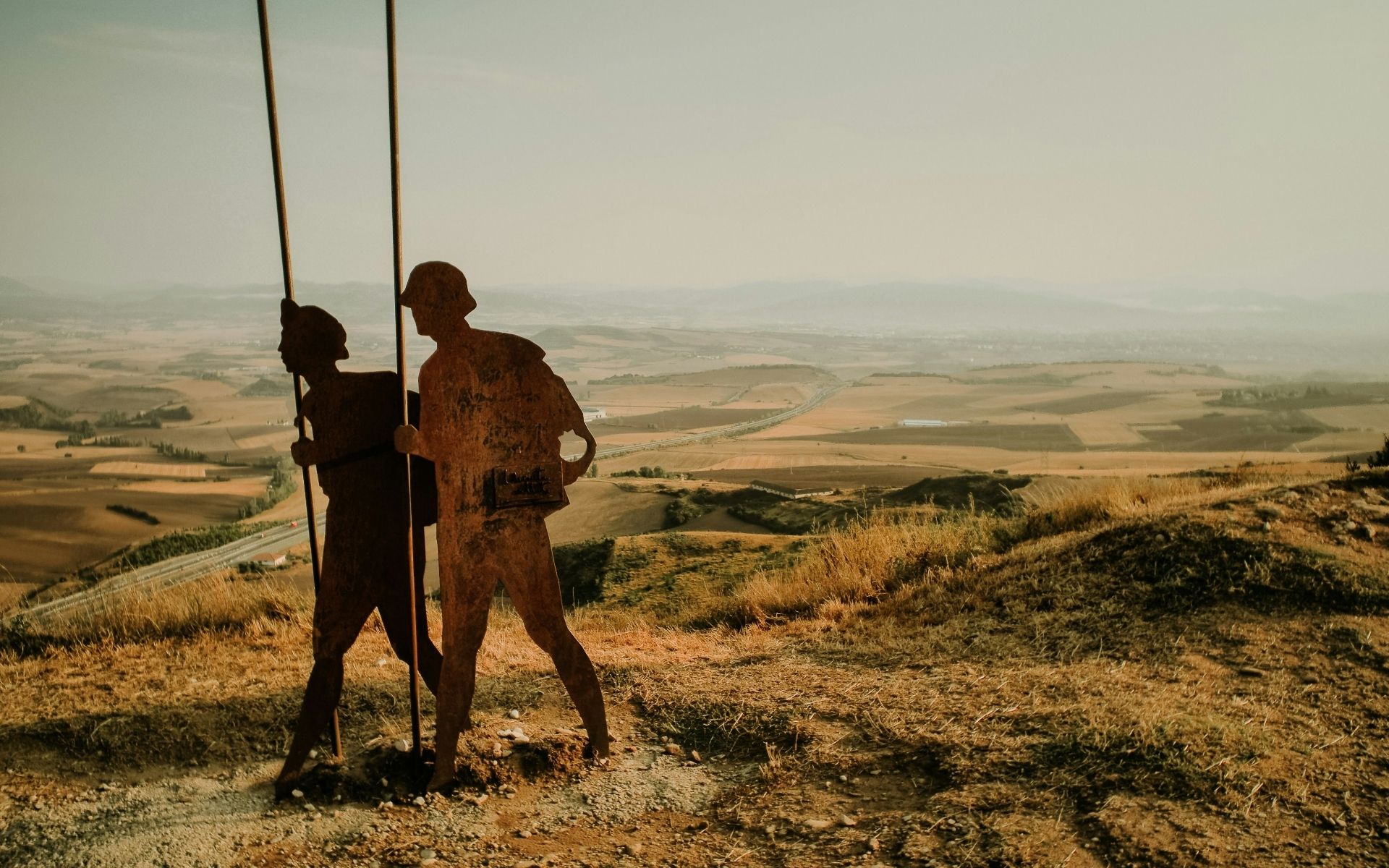






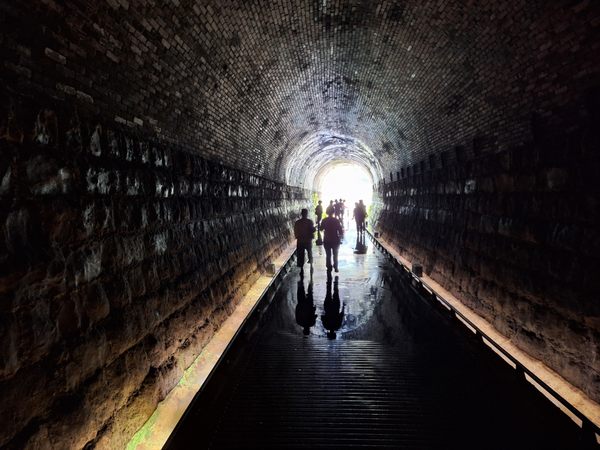
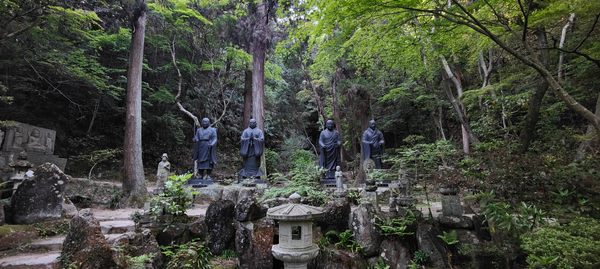




















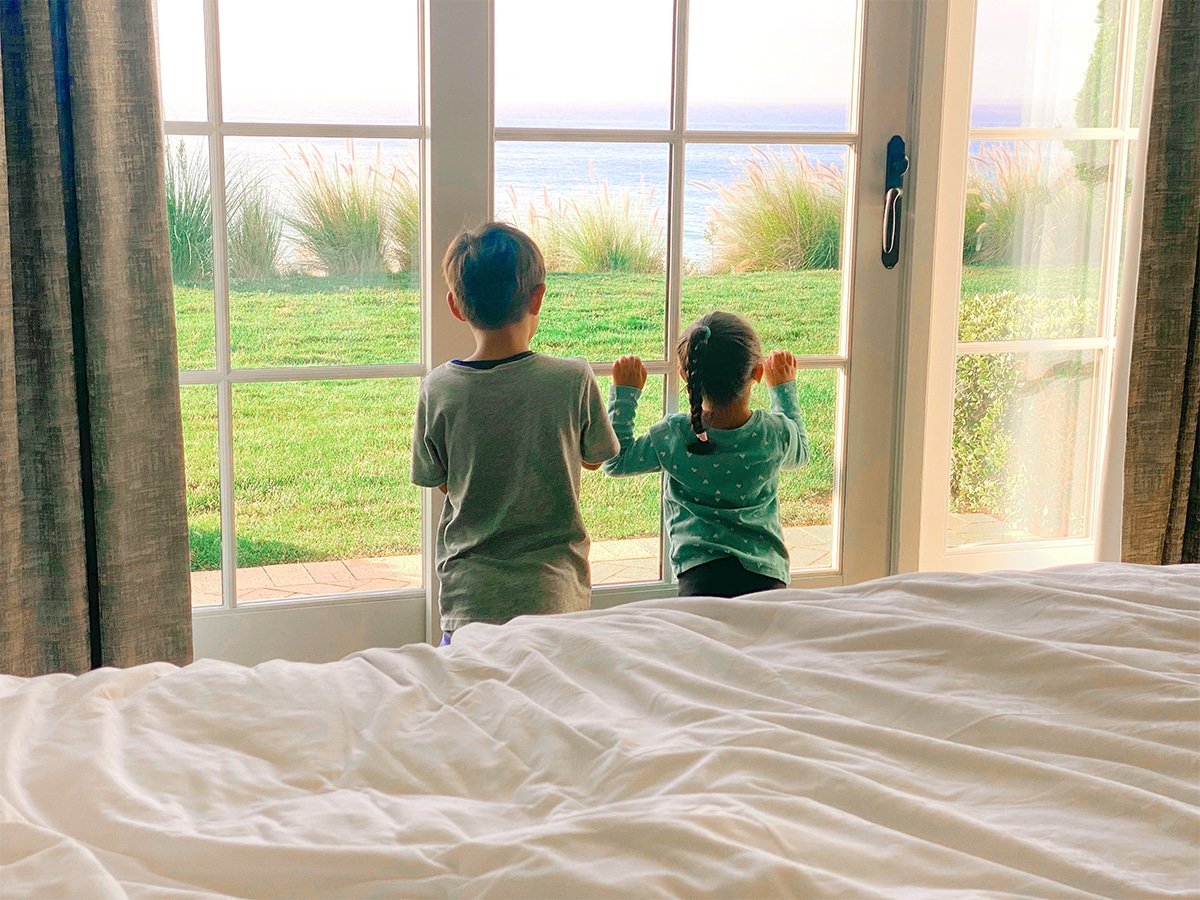
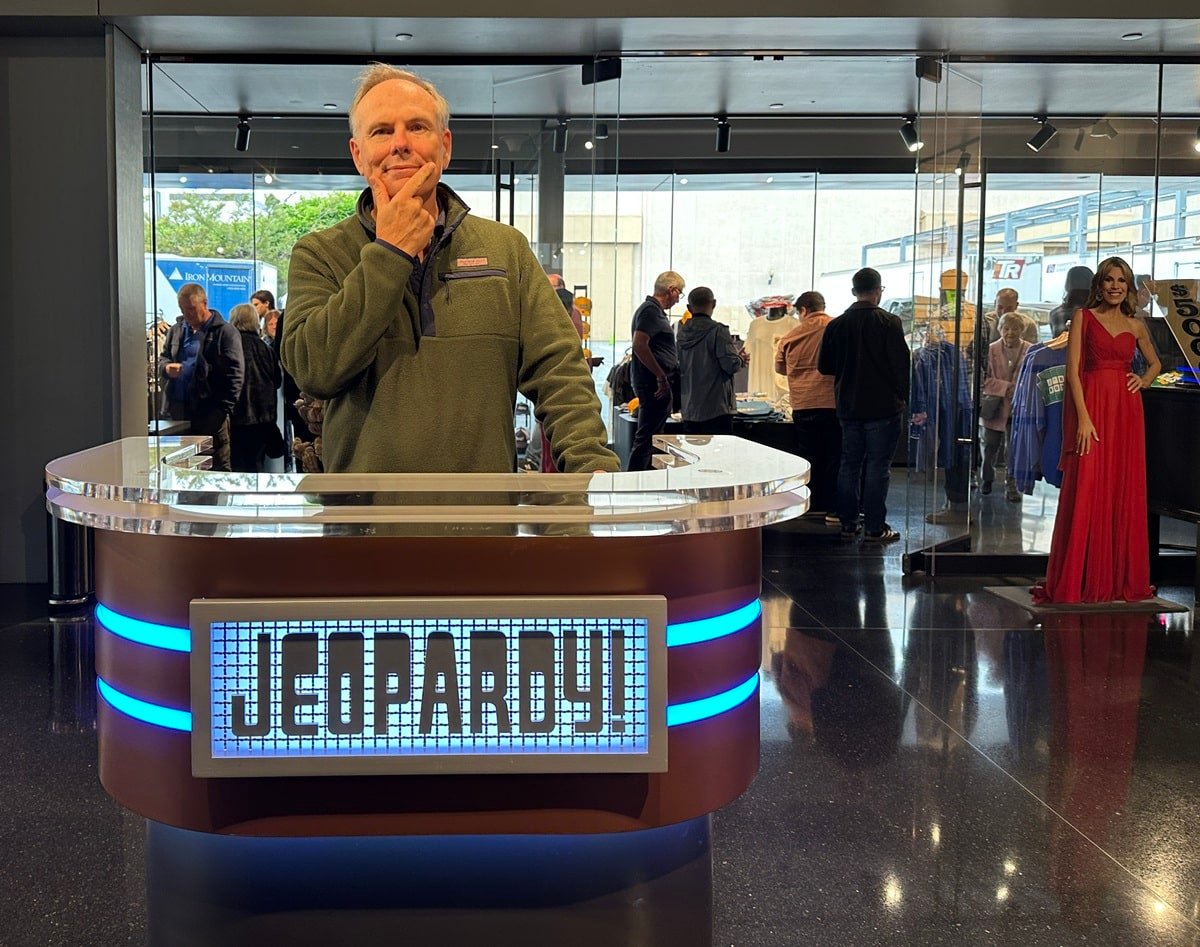



























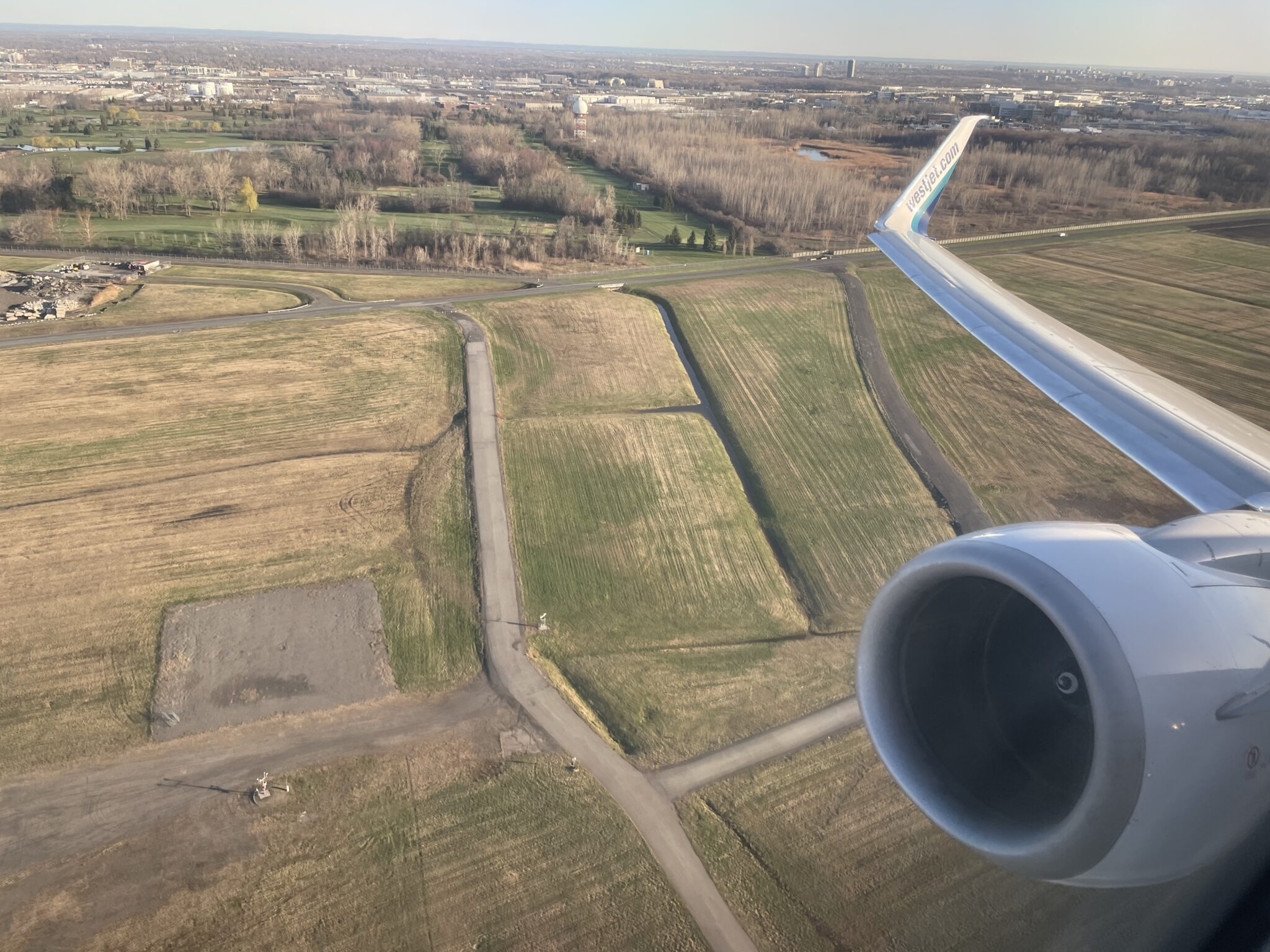



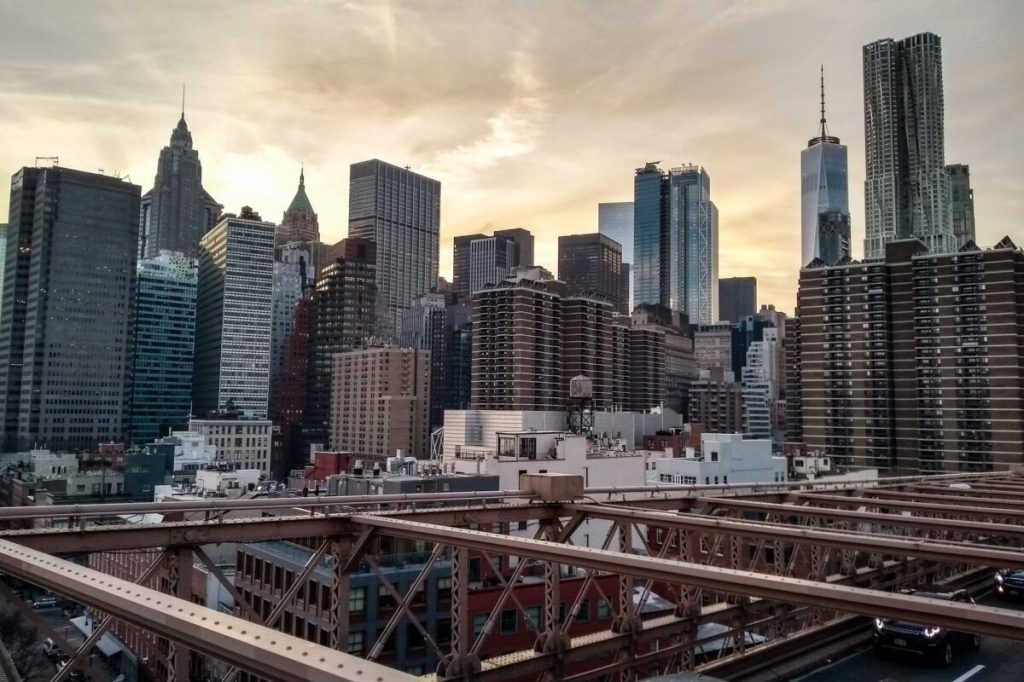







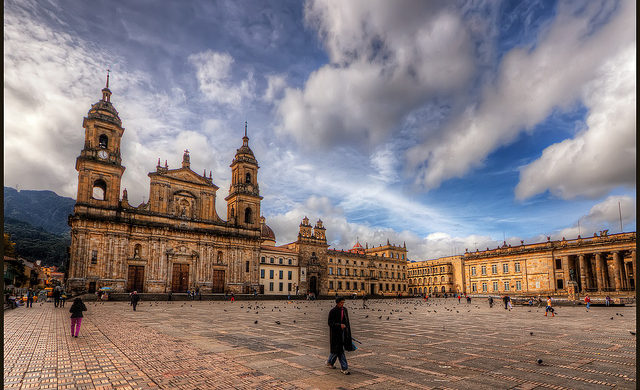
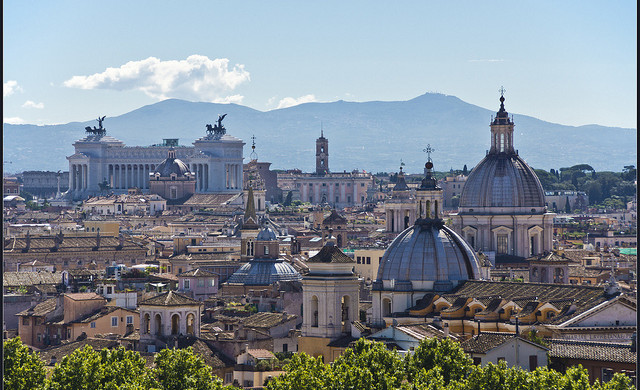
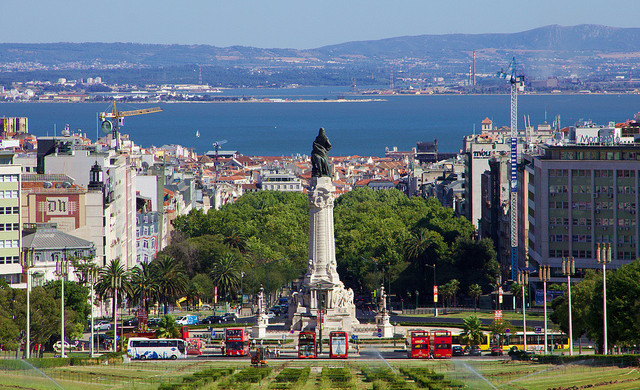















![Southwest Passenger Breaks Down In Tears After Unexpected Kindness—Then So Does The Agent [Roundup]](https://viewfromthewing.com/wp-content/uploads/2025/05/upscalemedia-transformed-1.jpeg?#)












